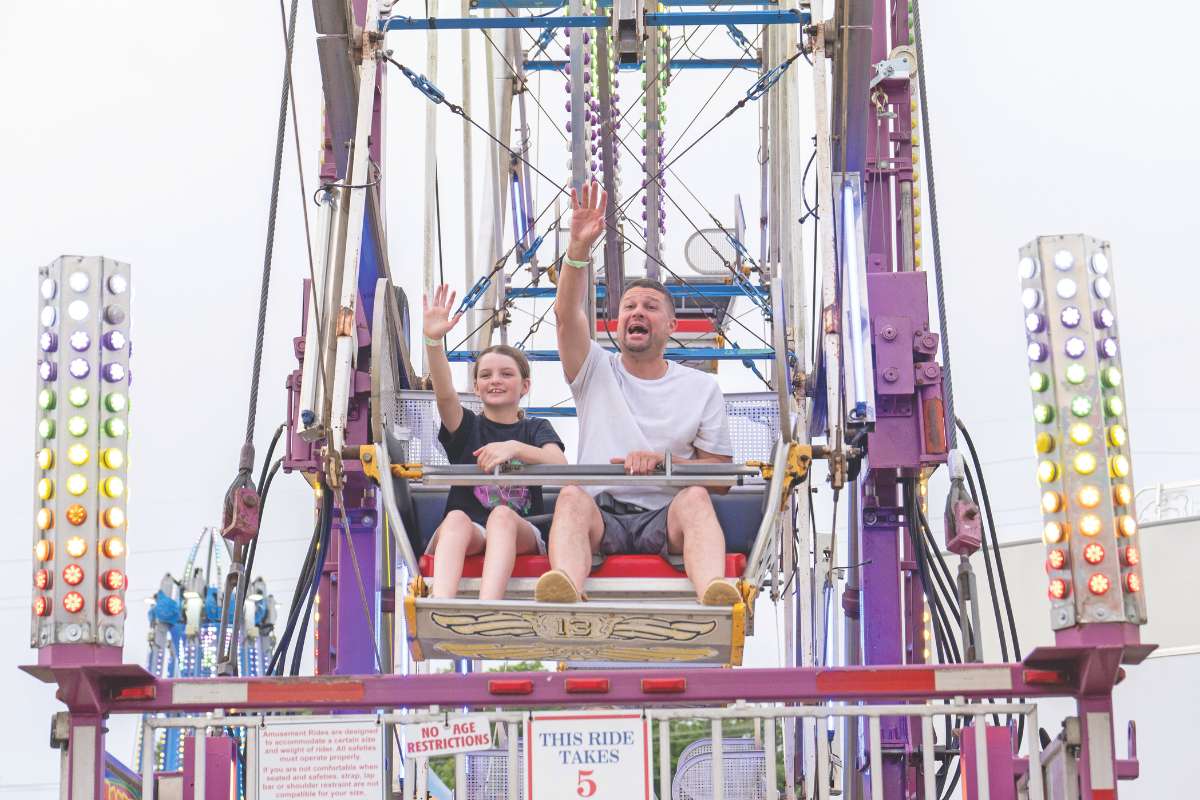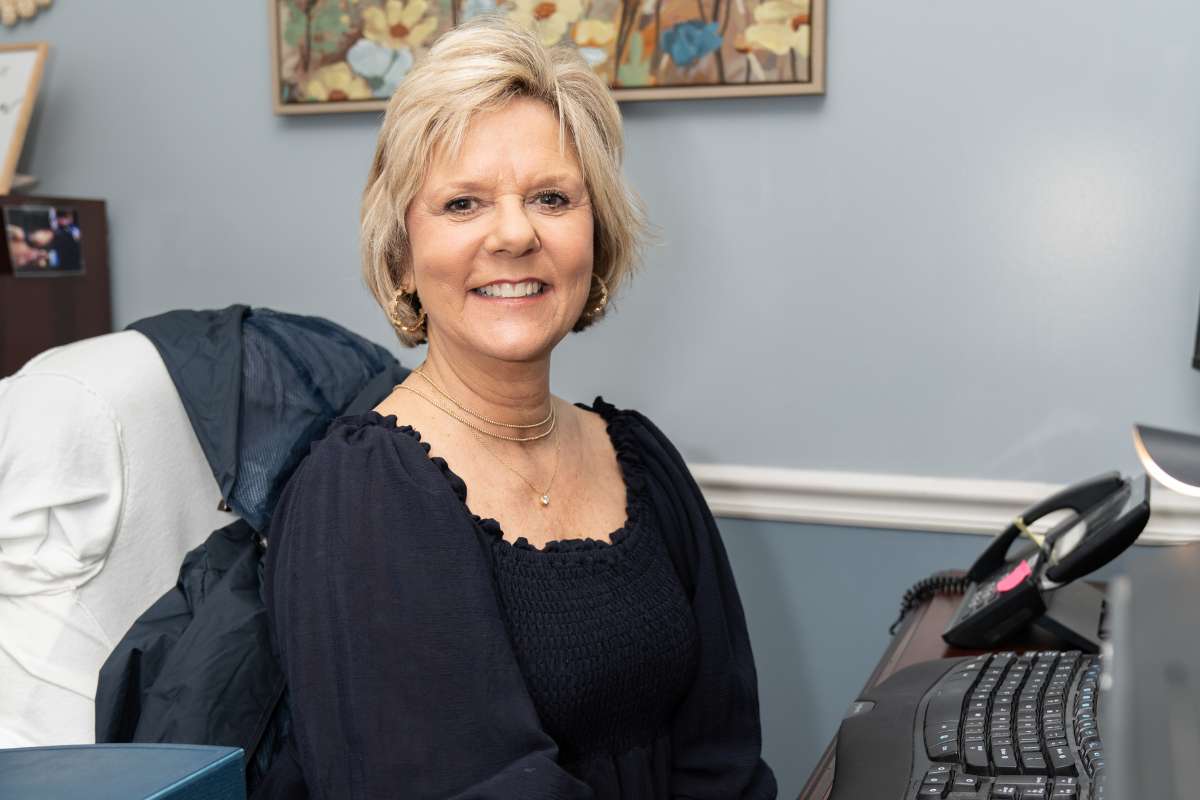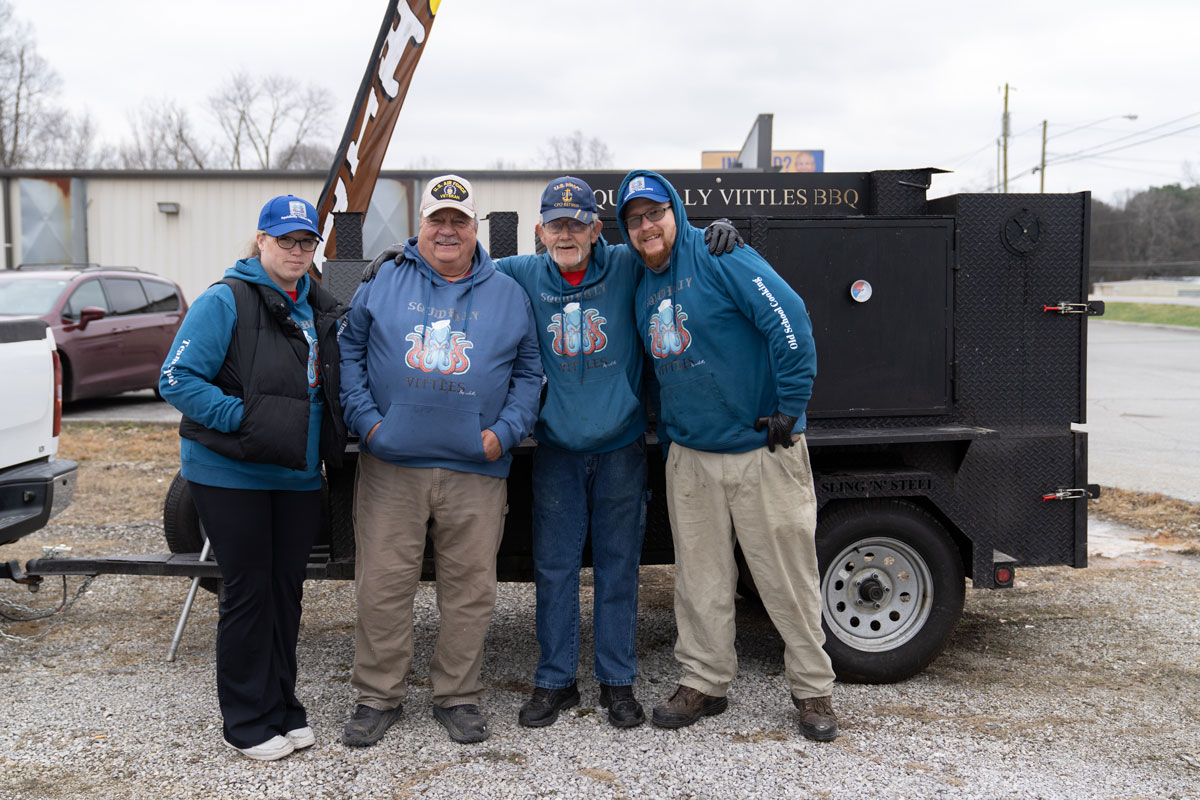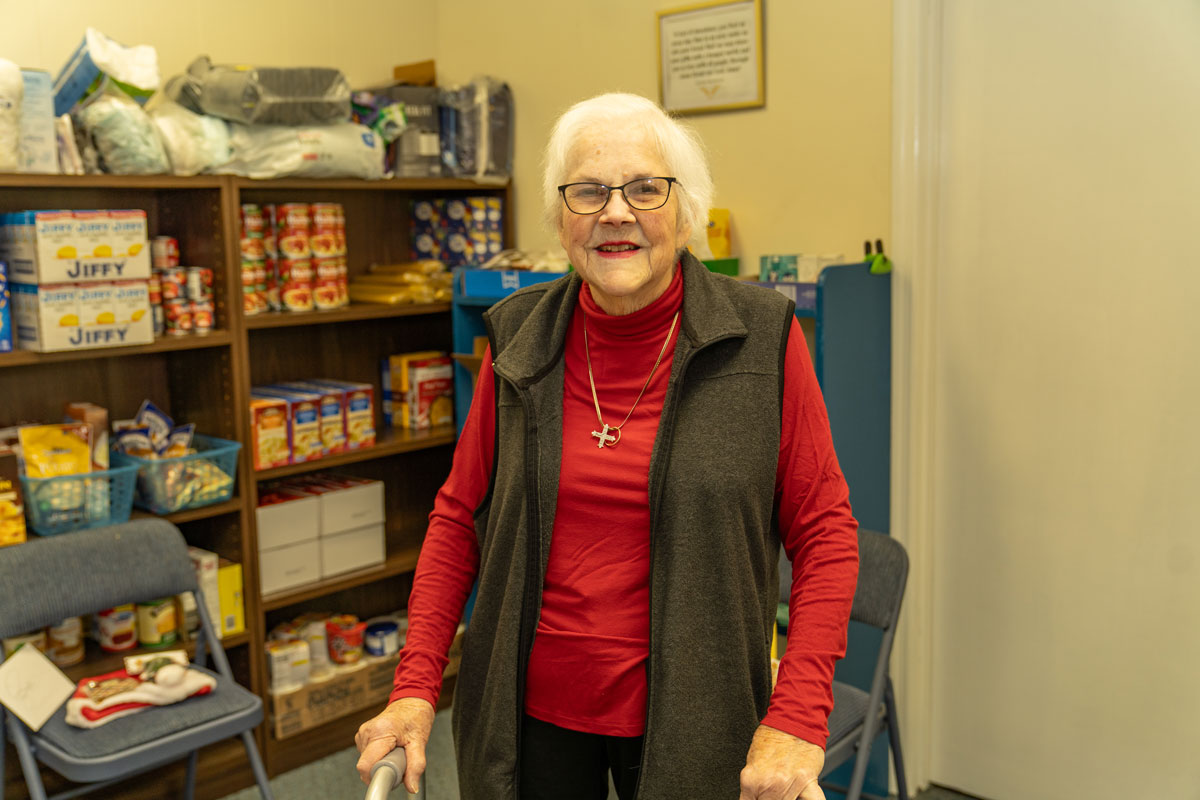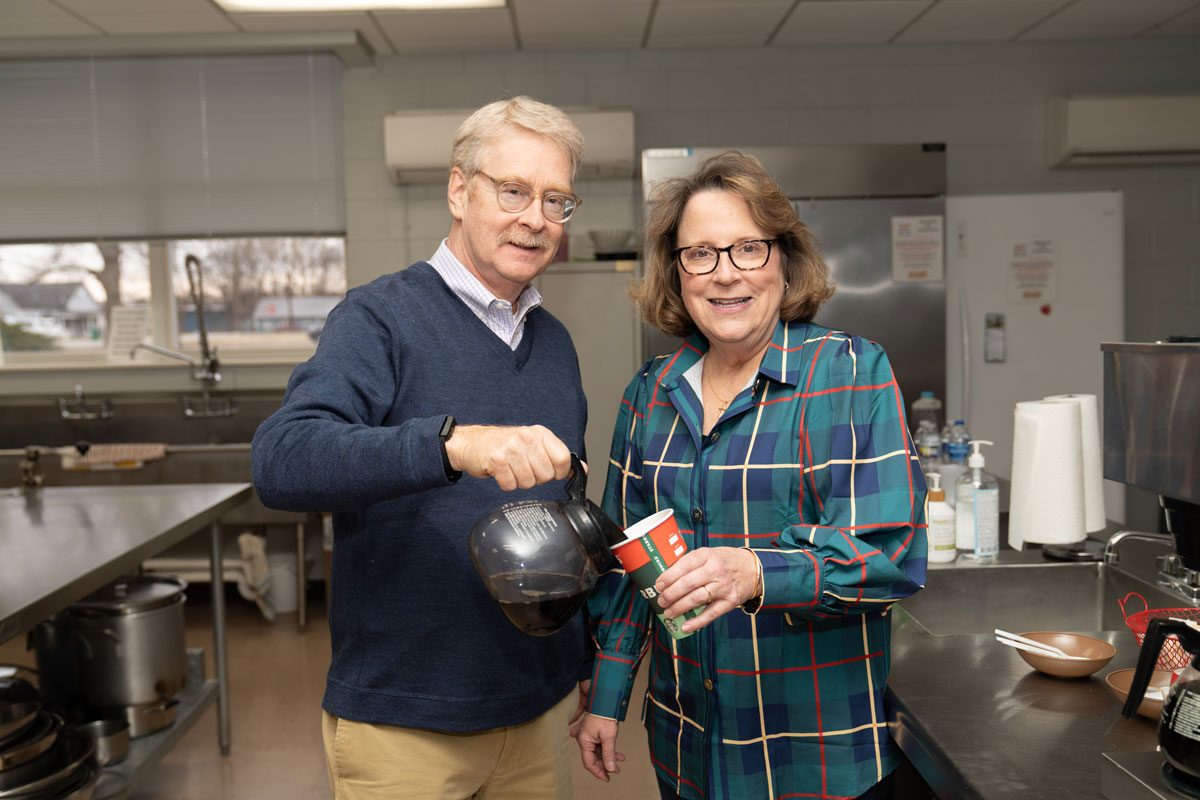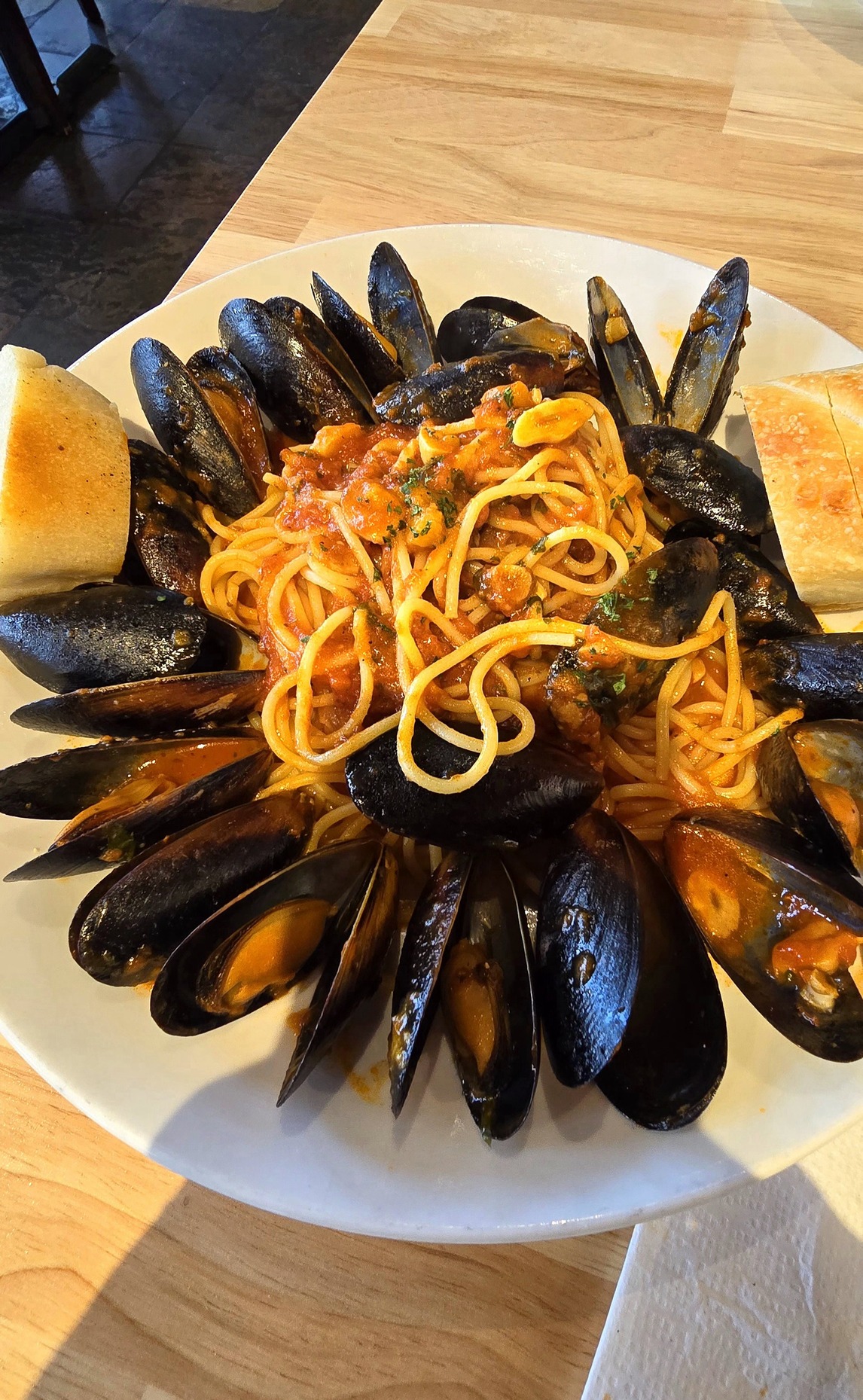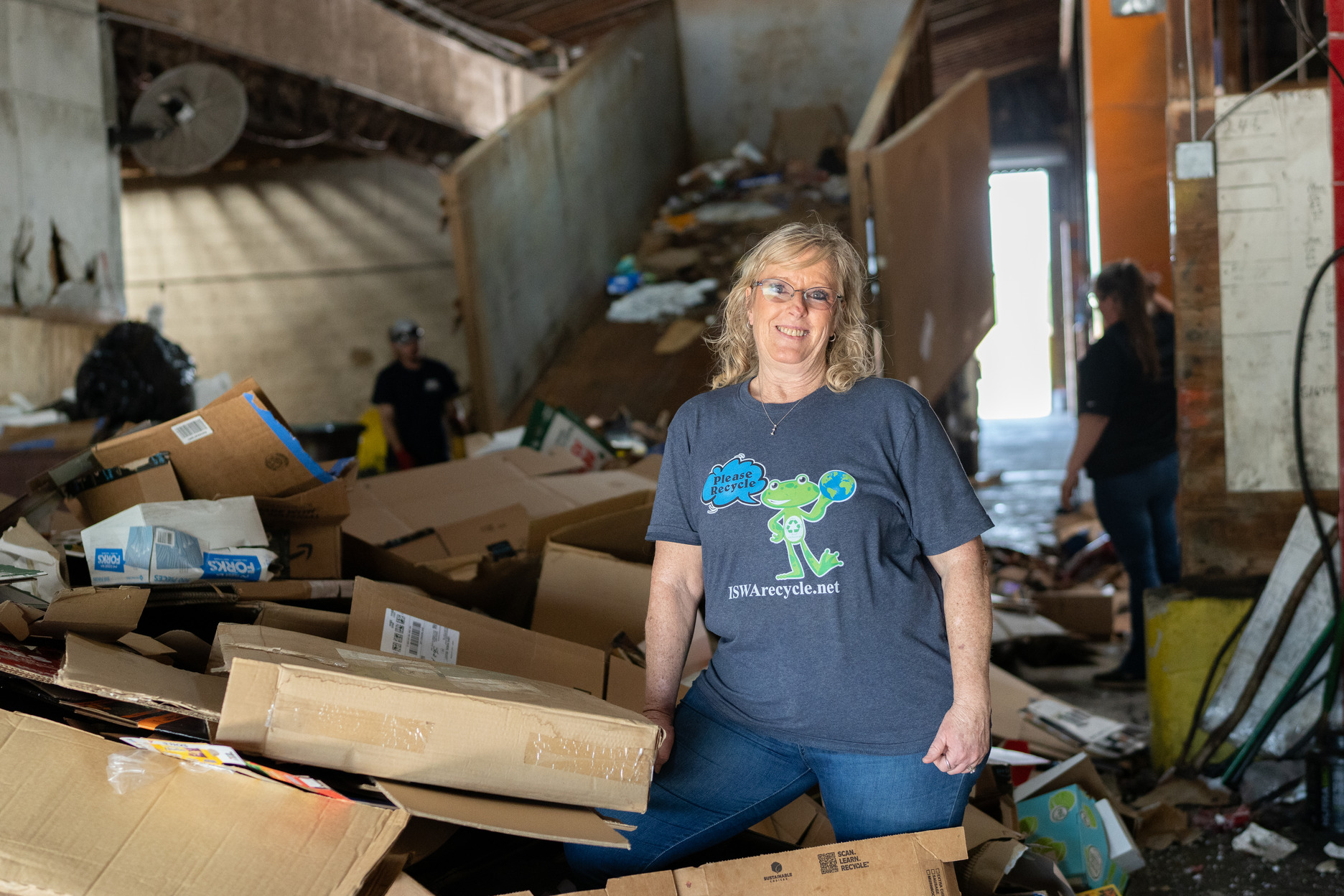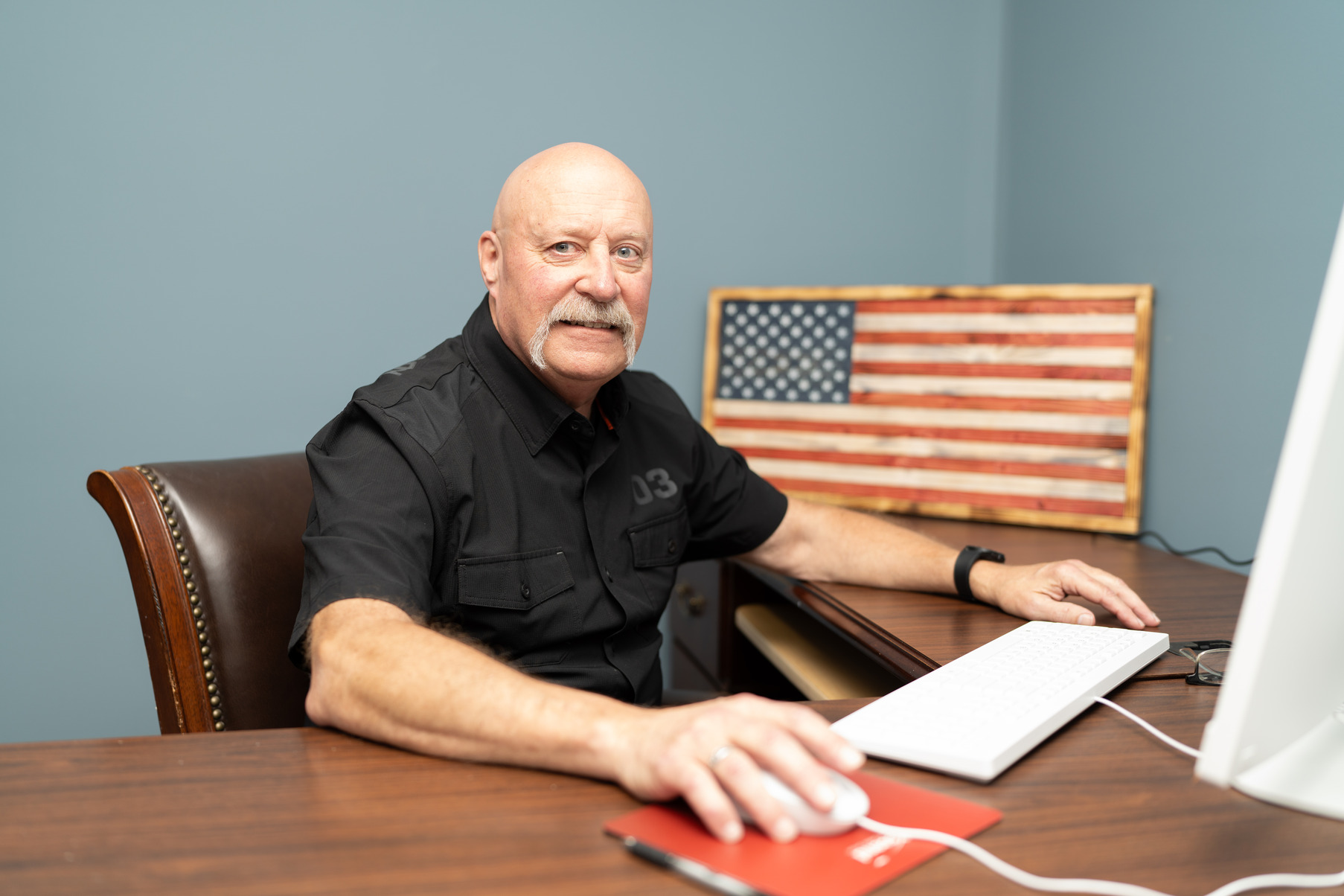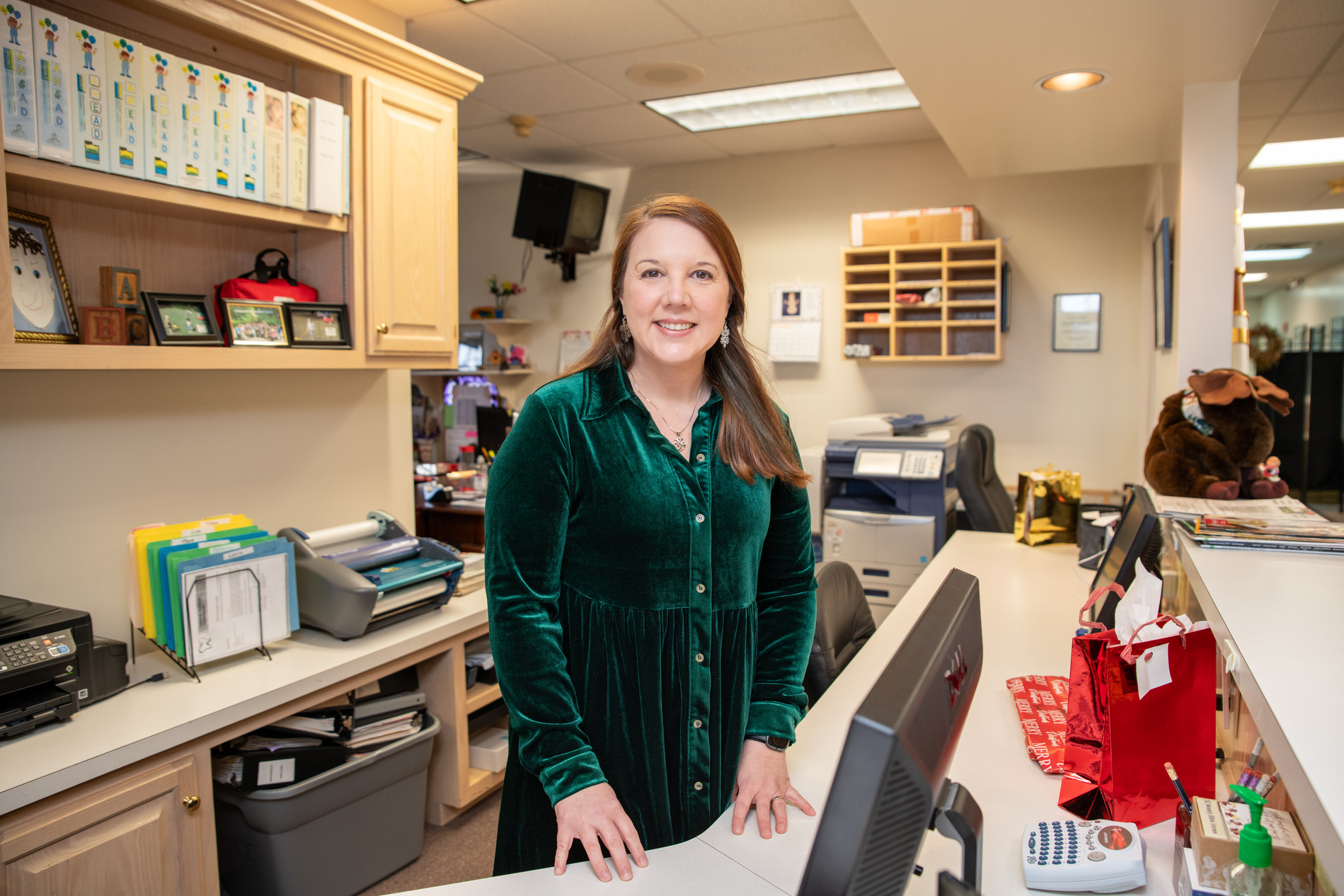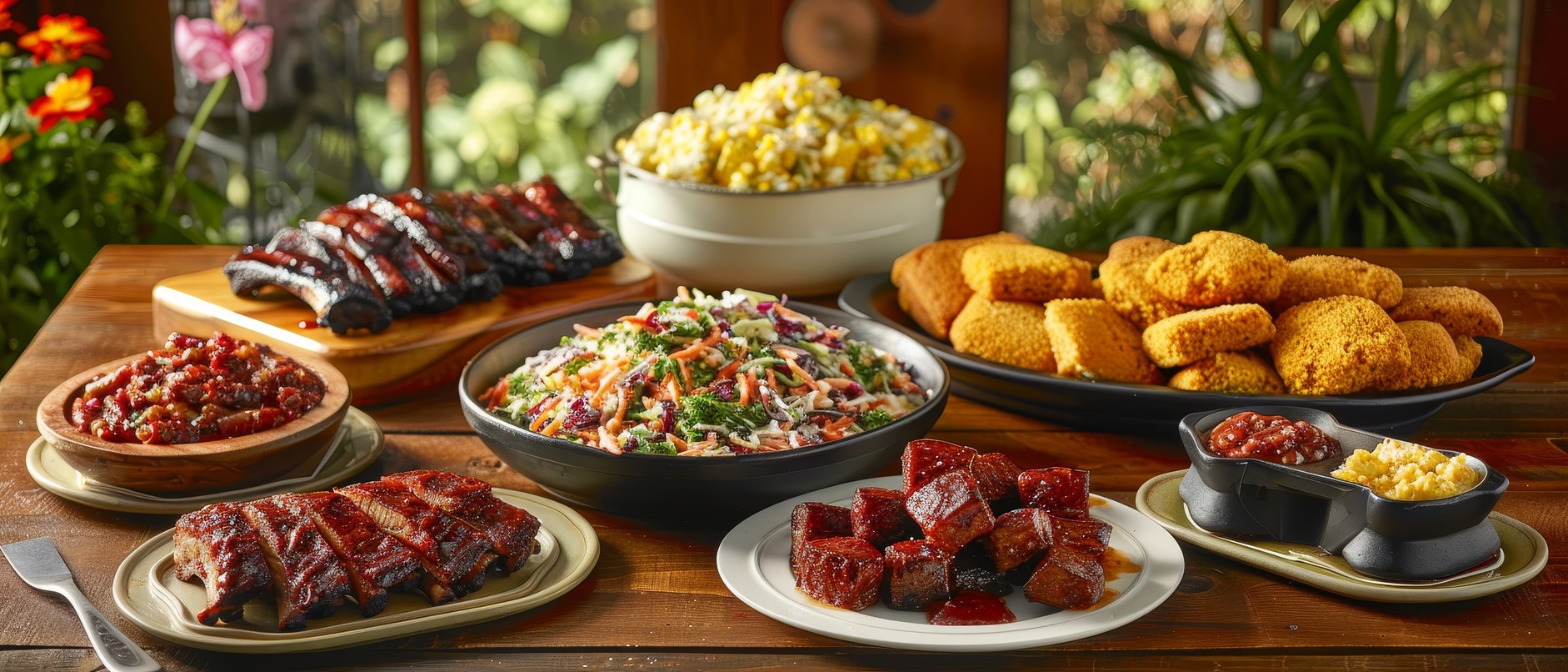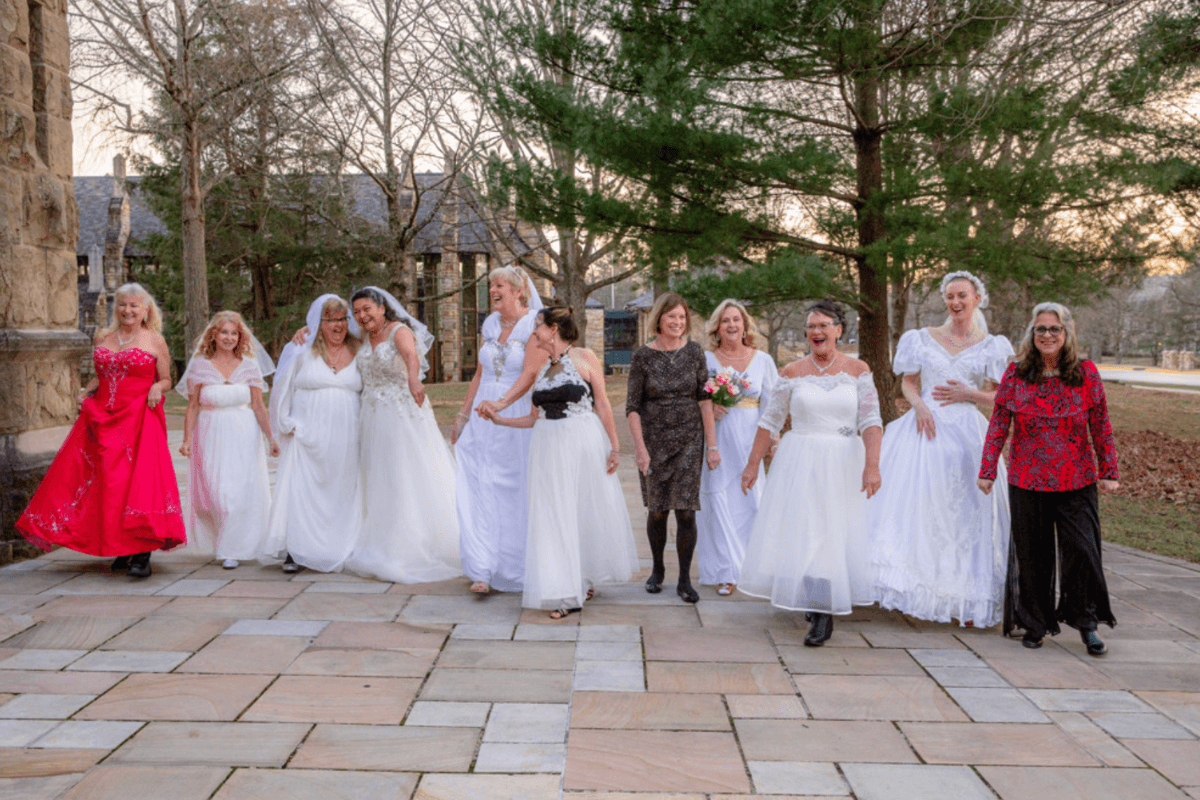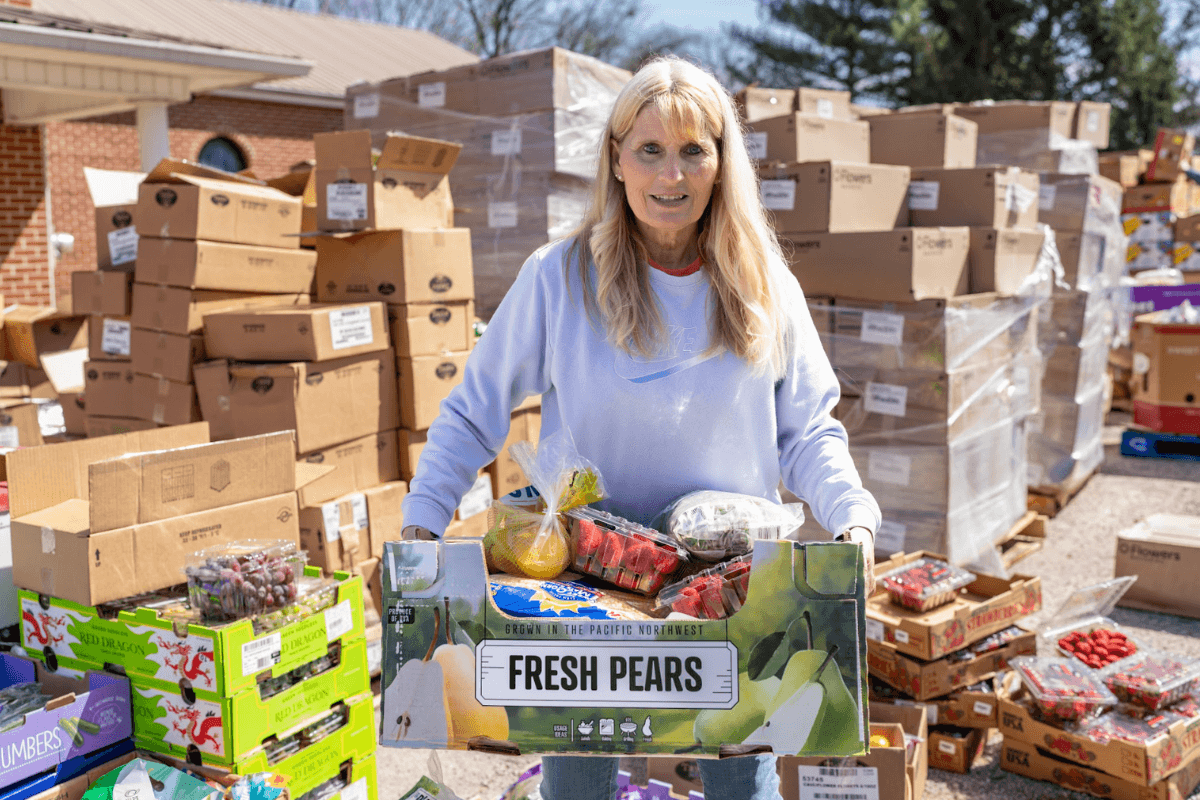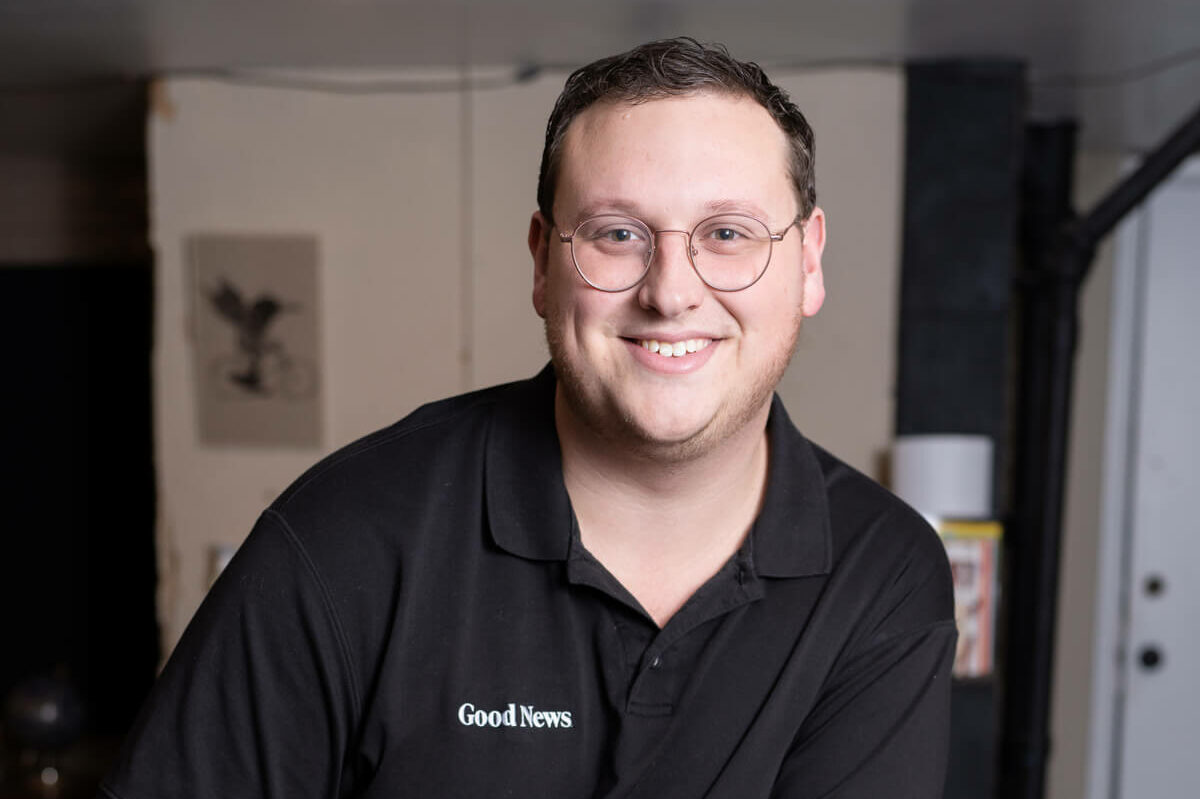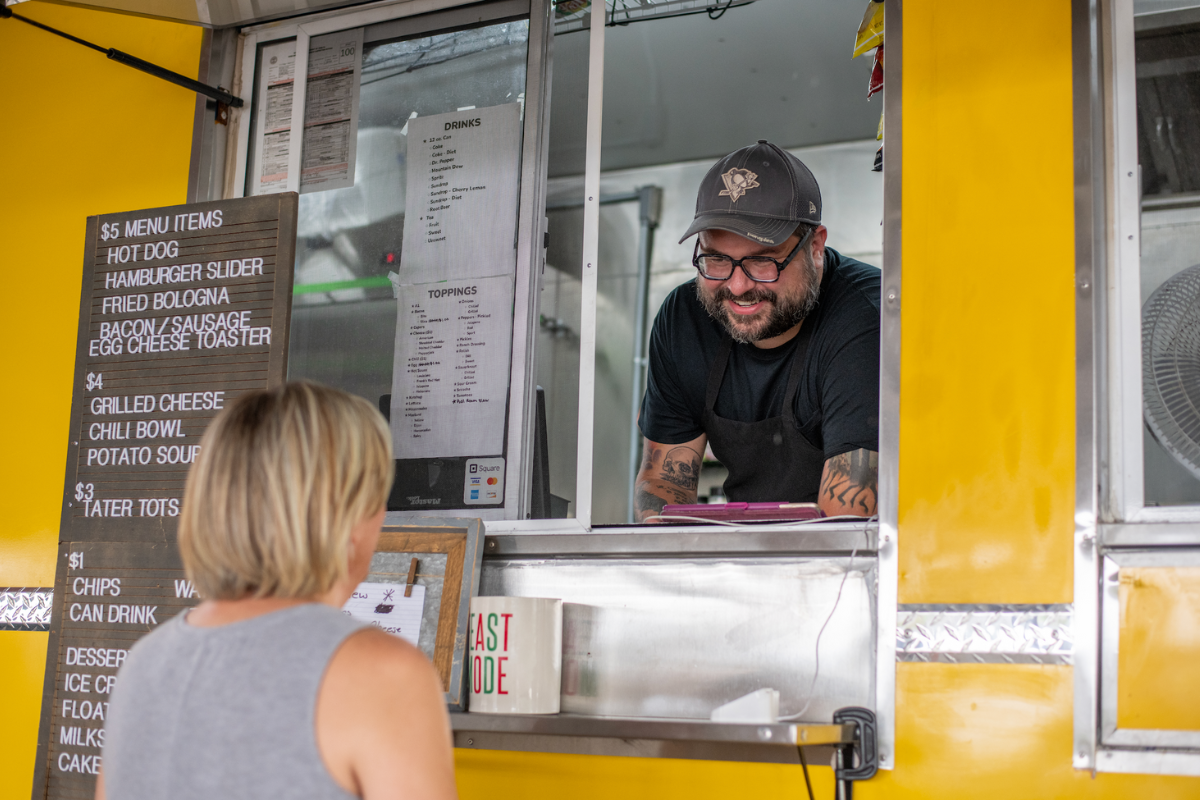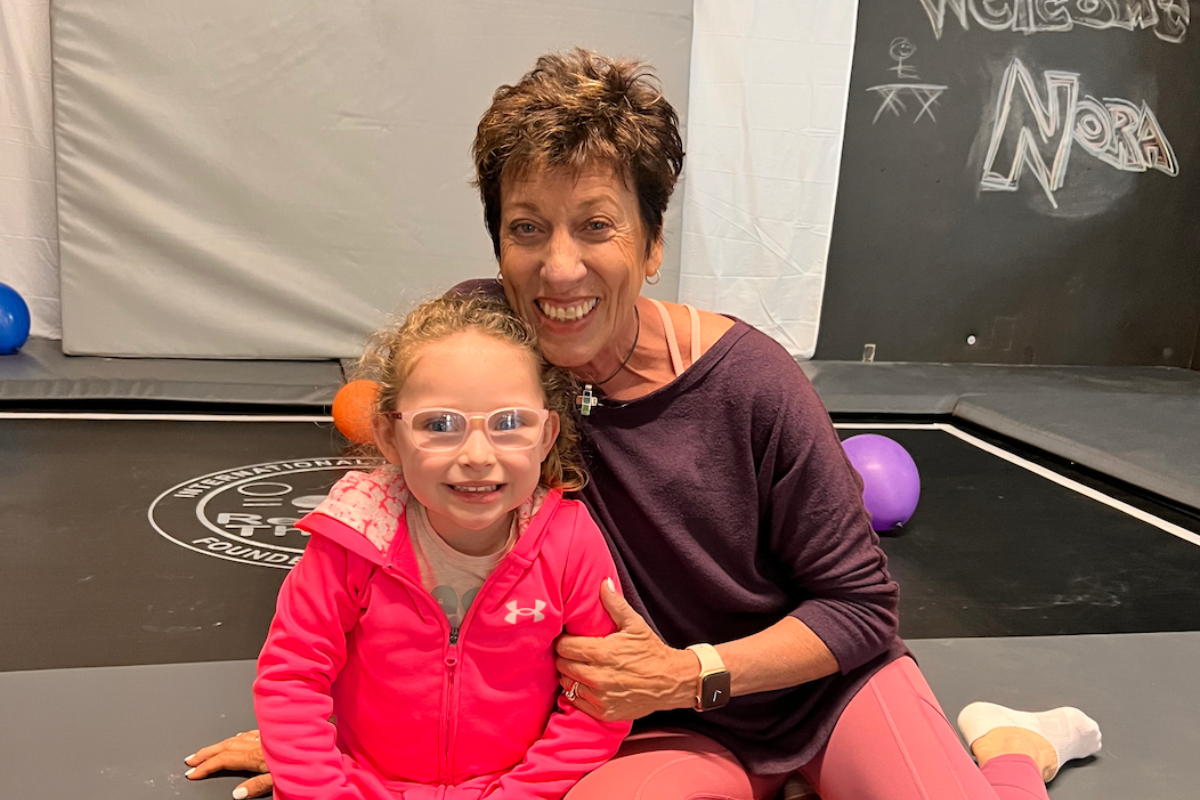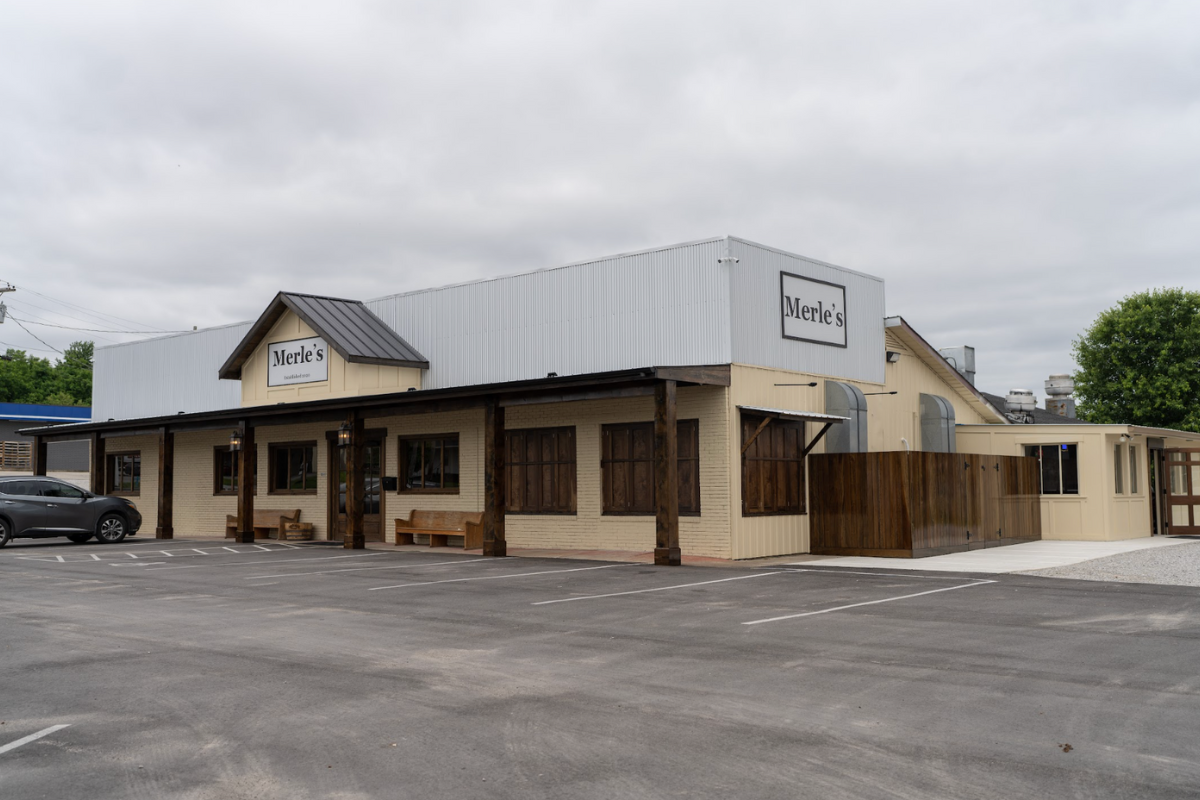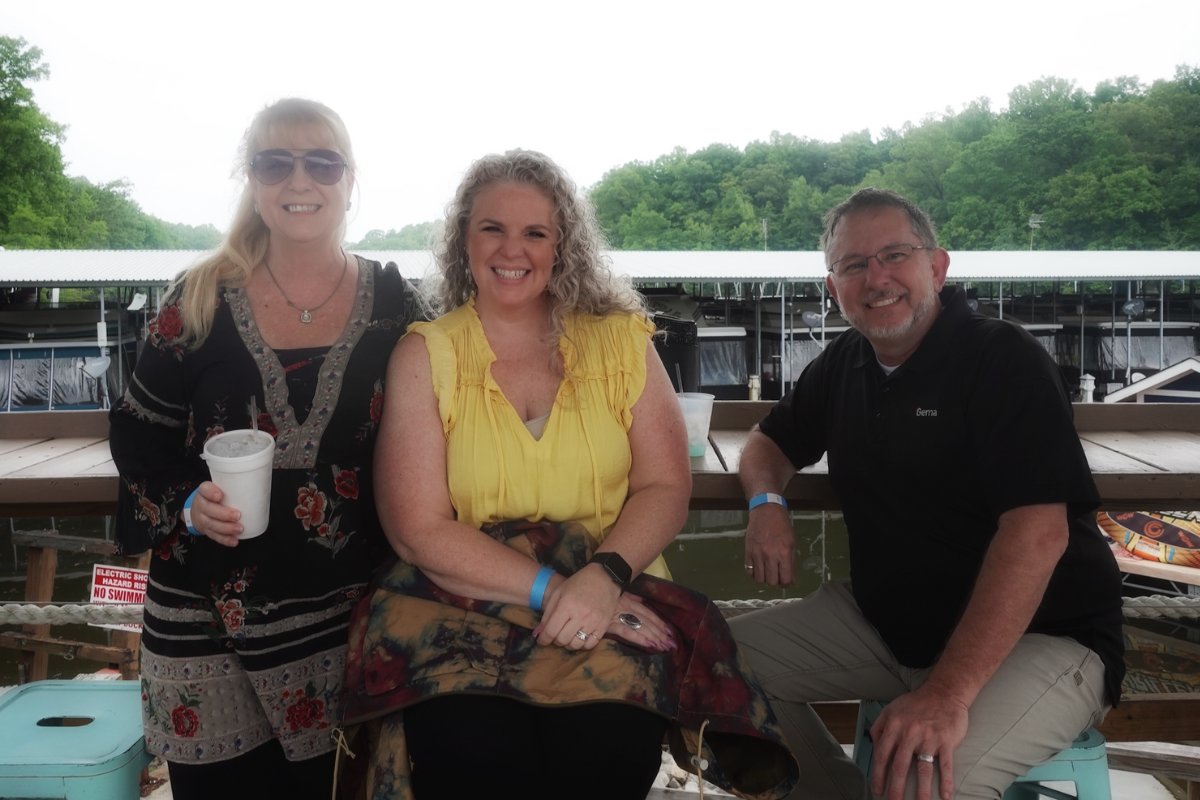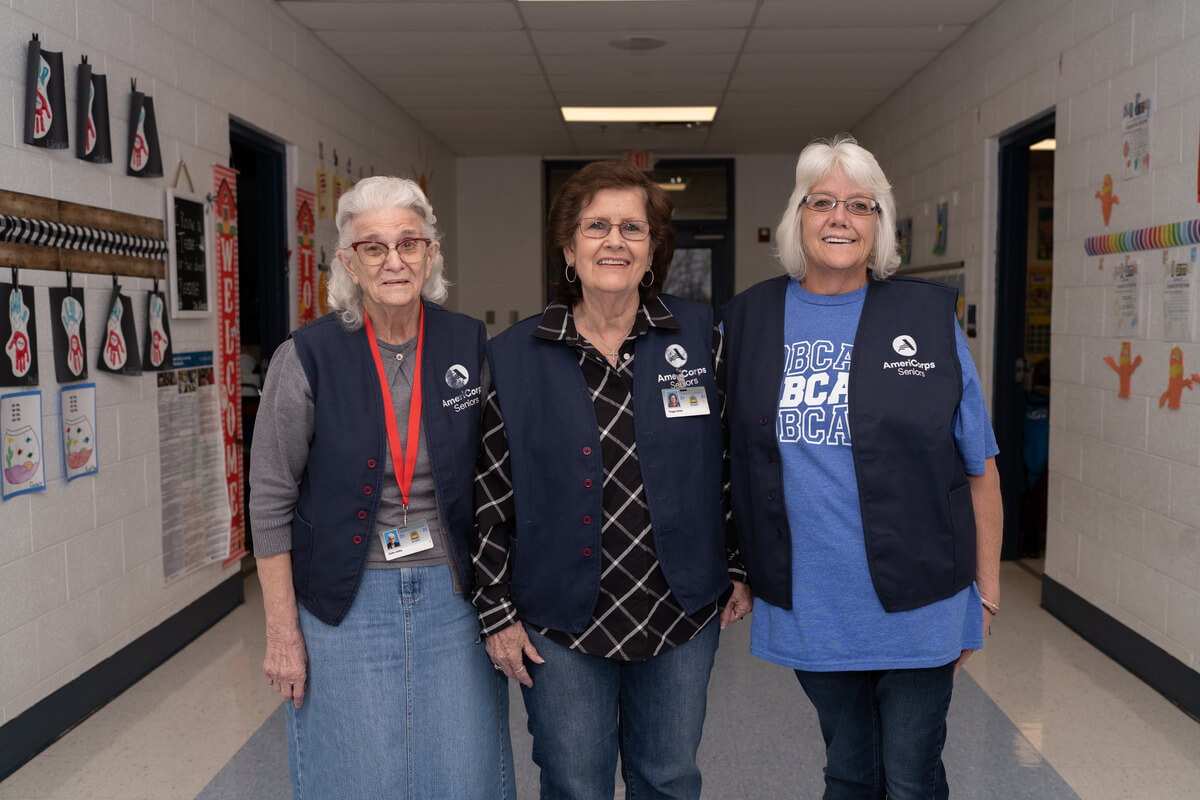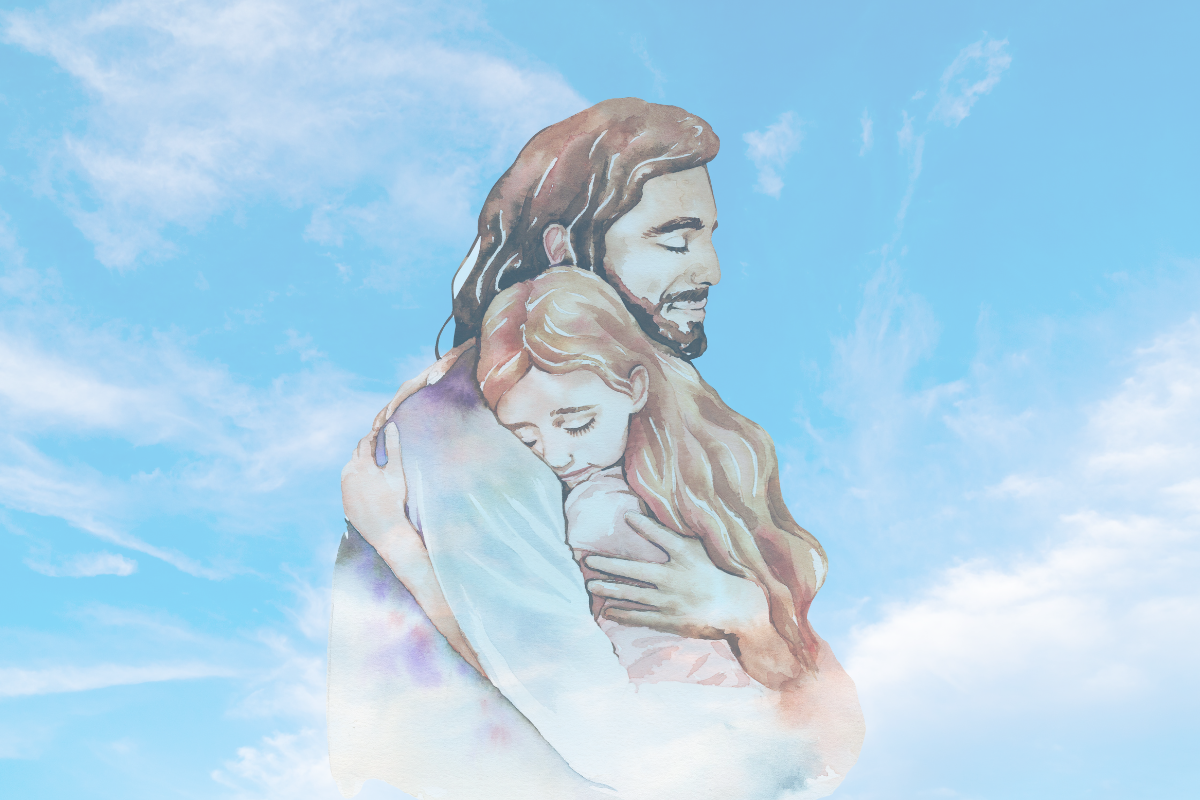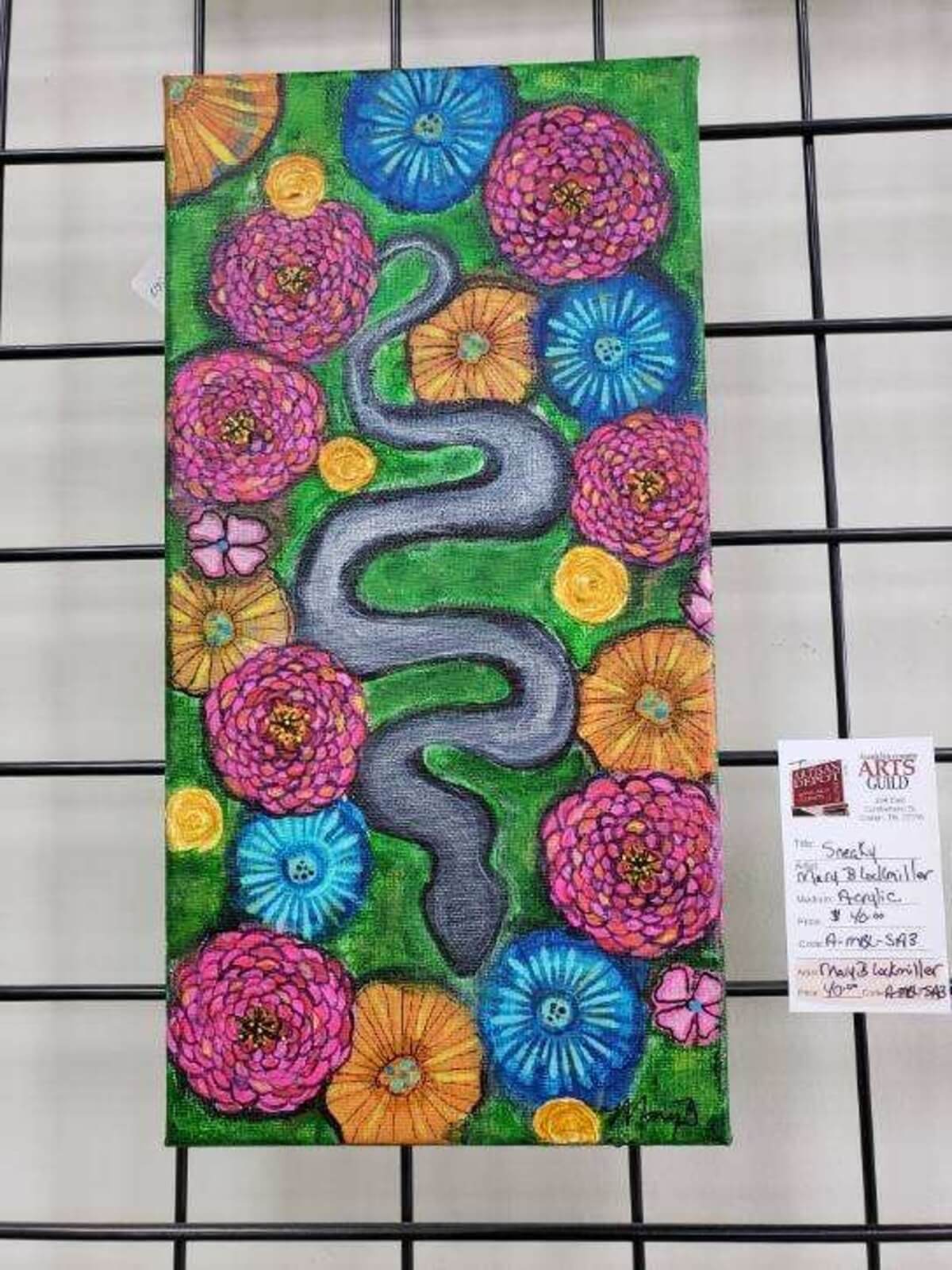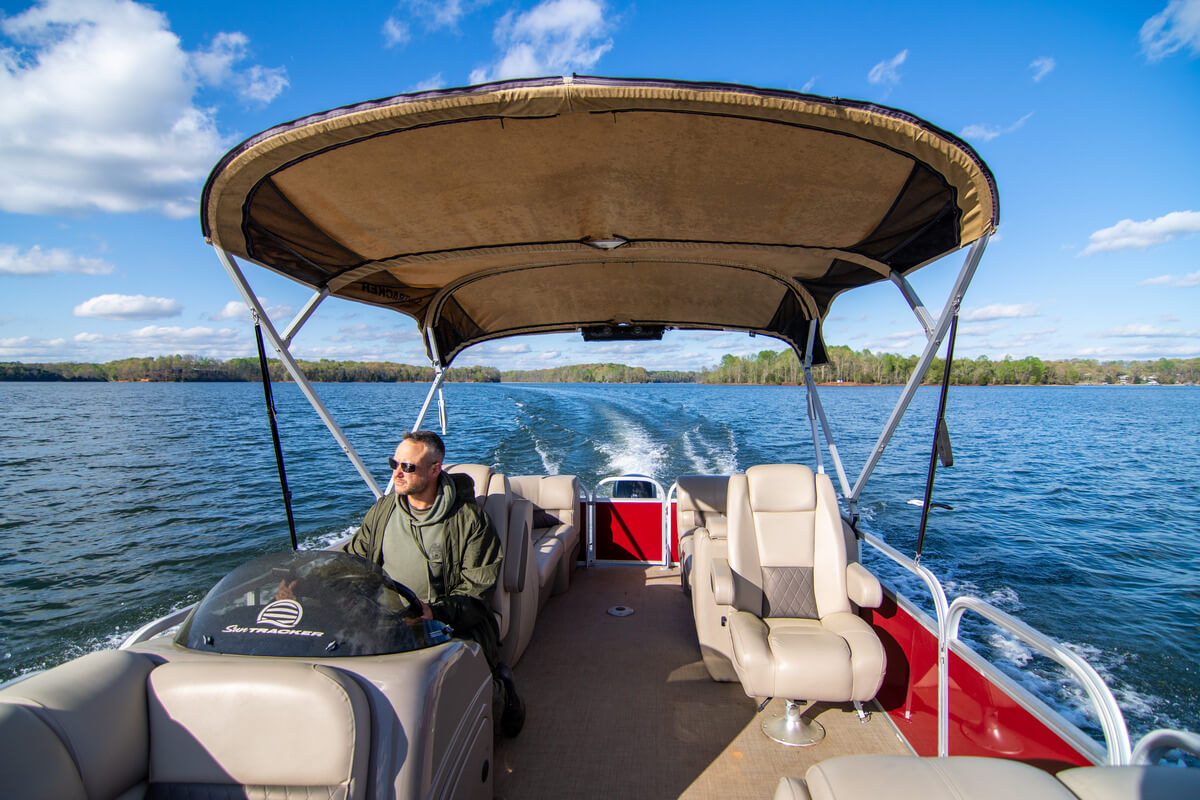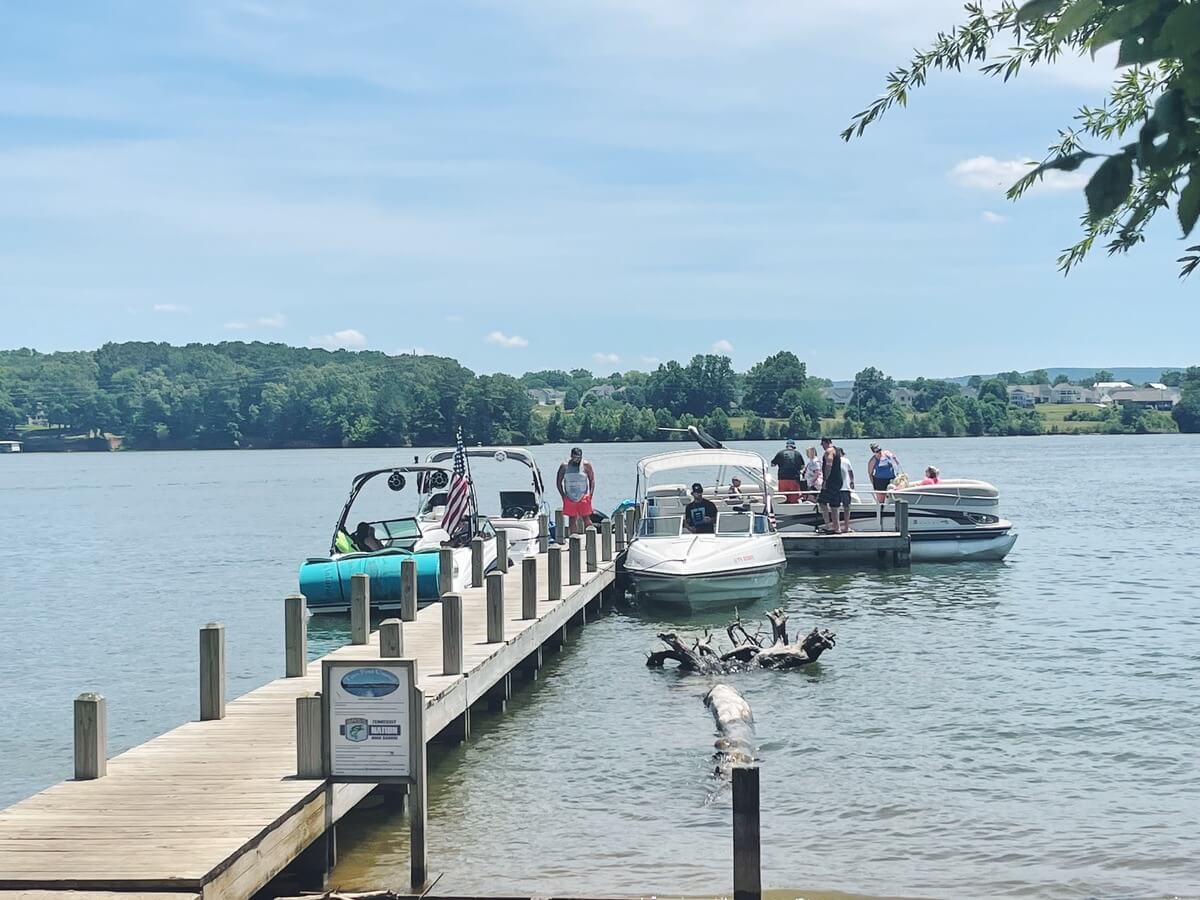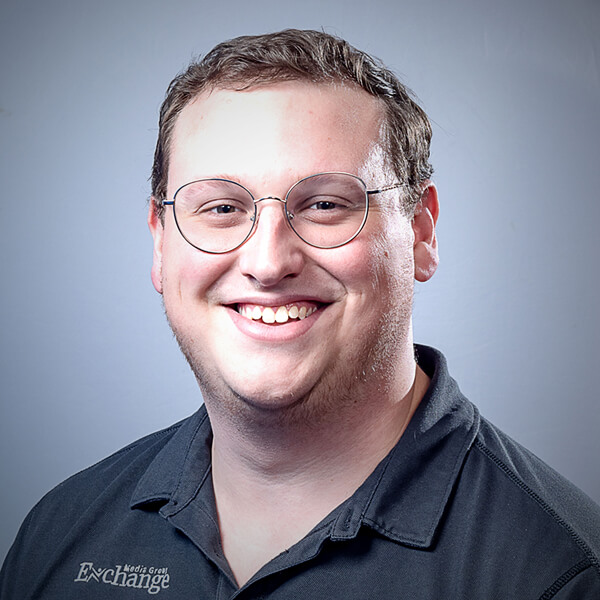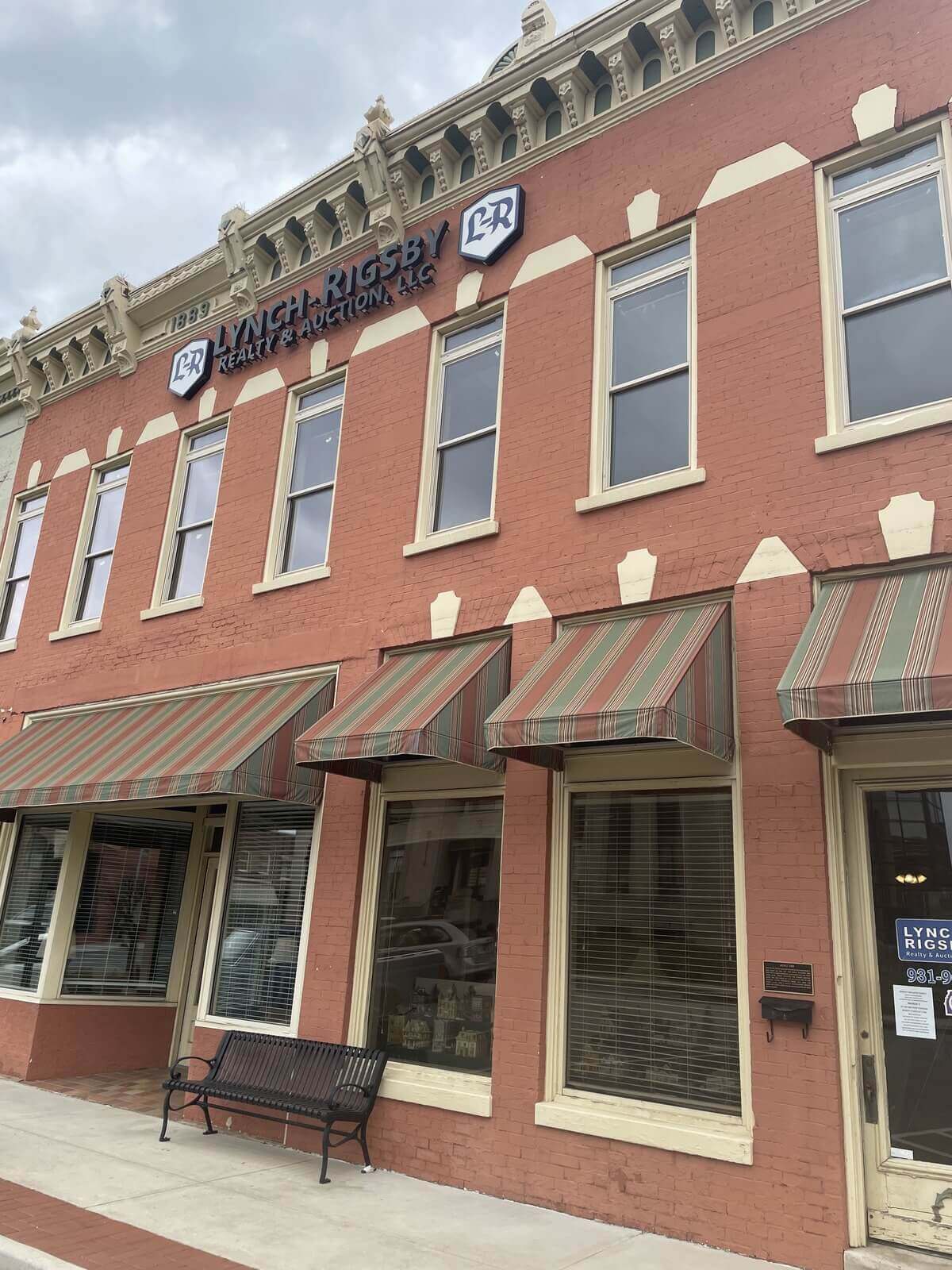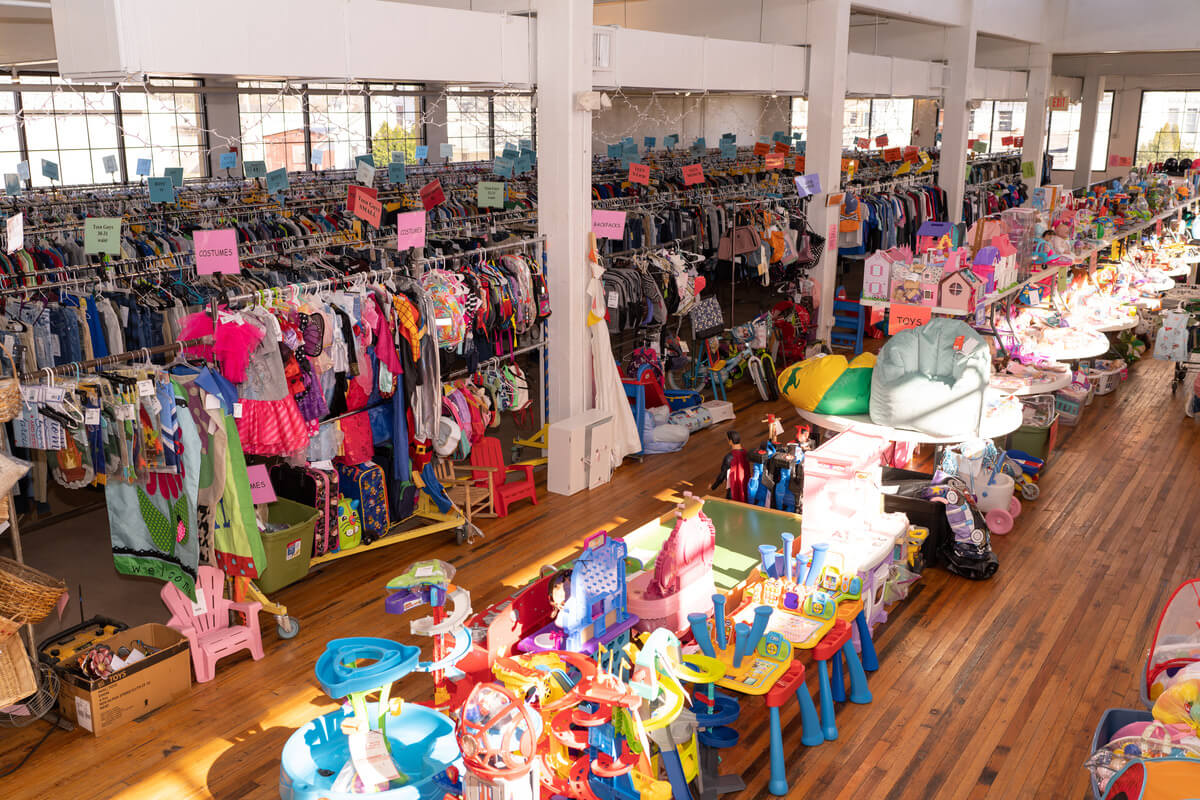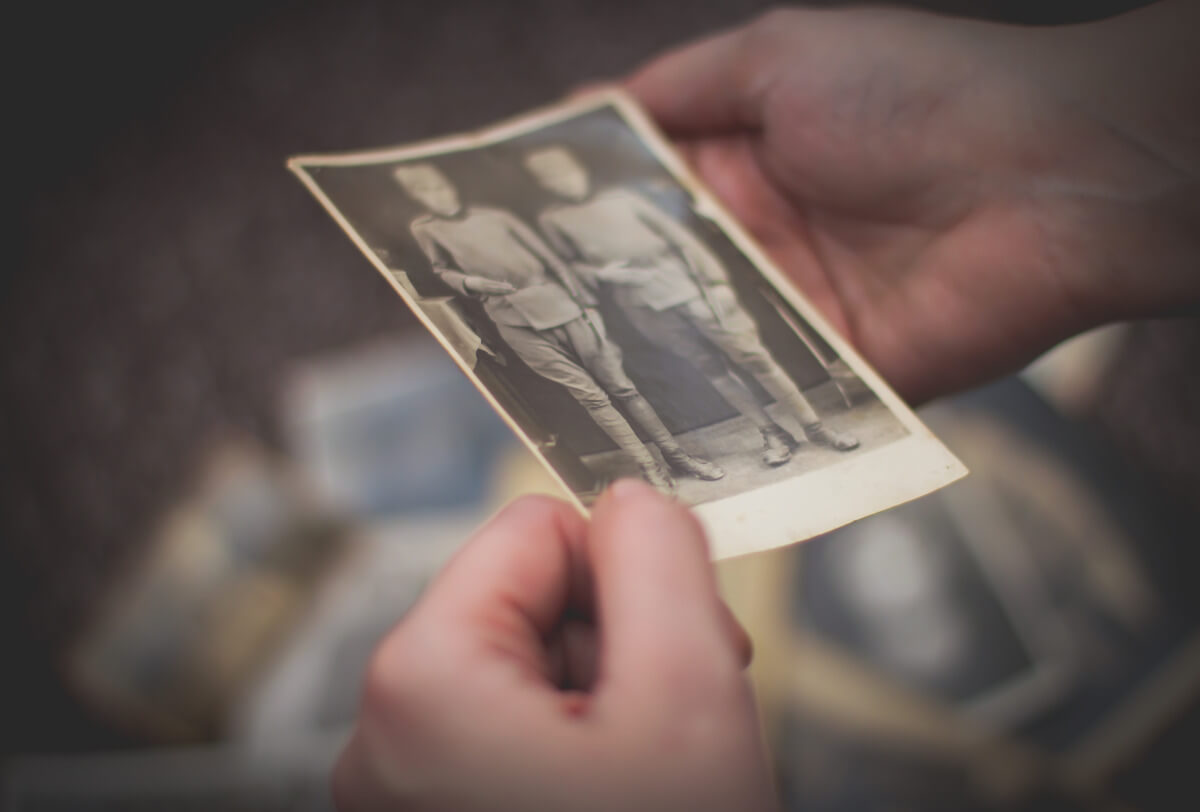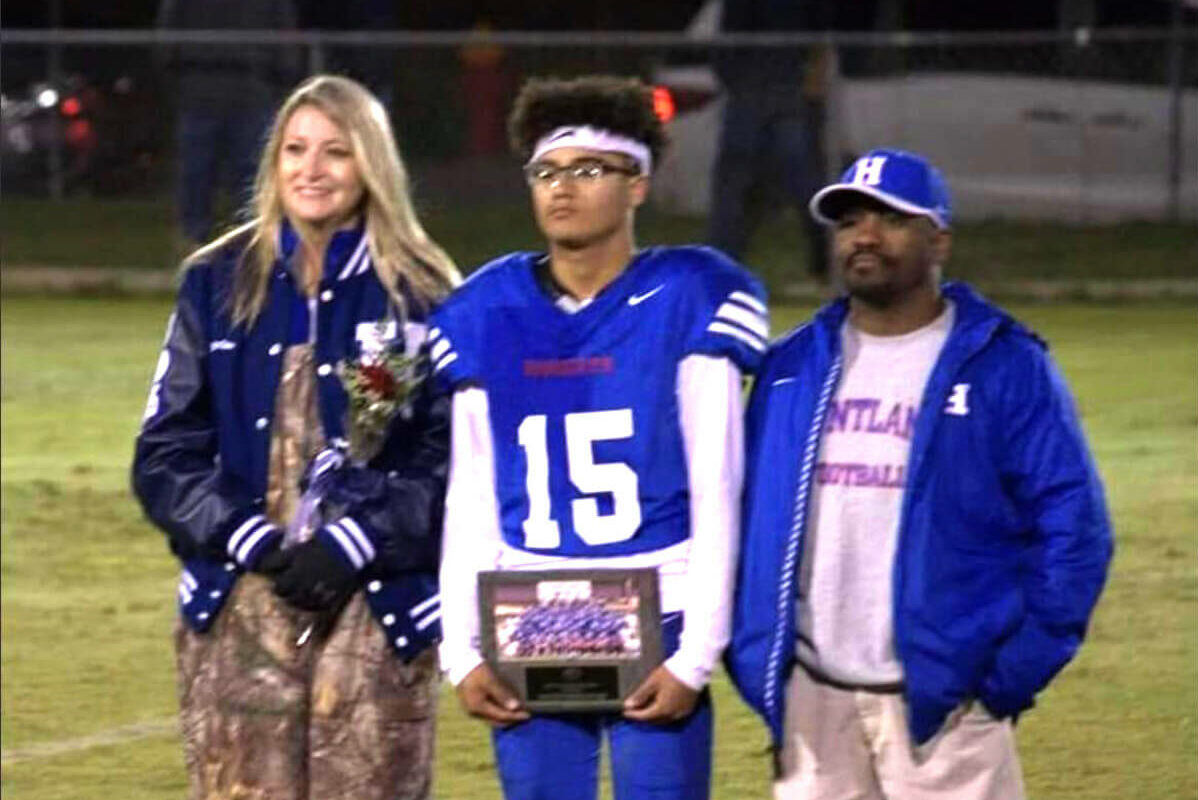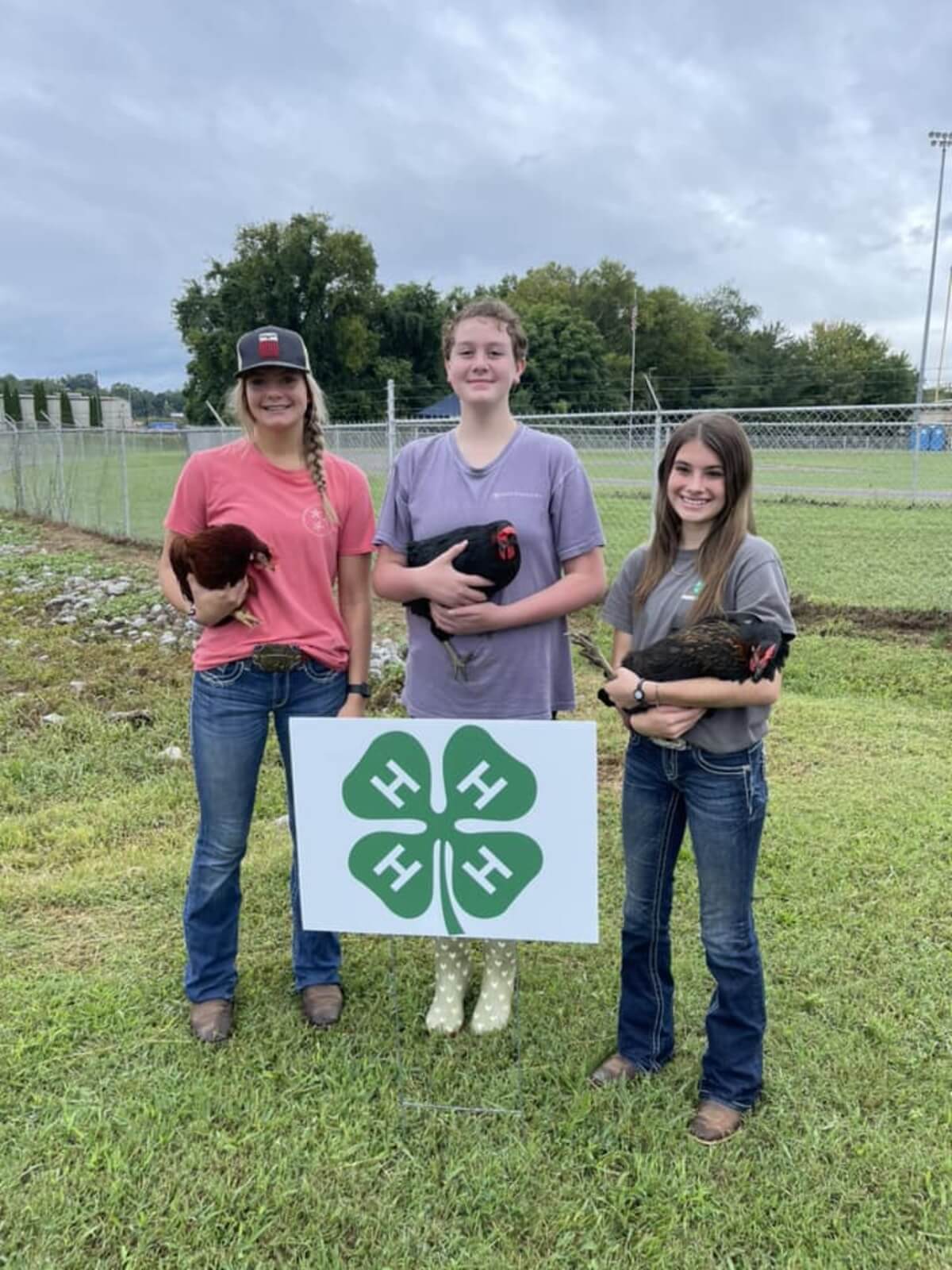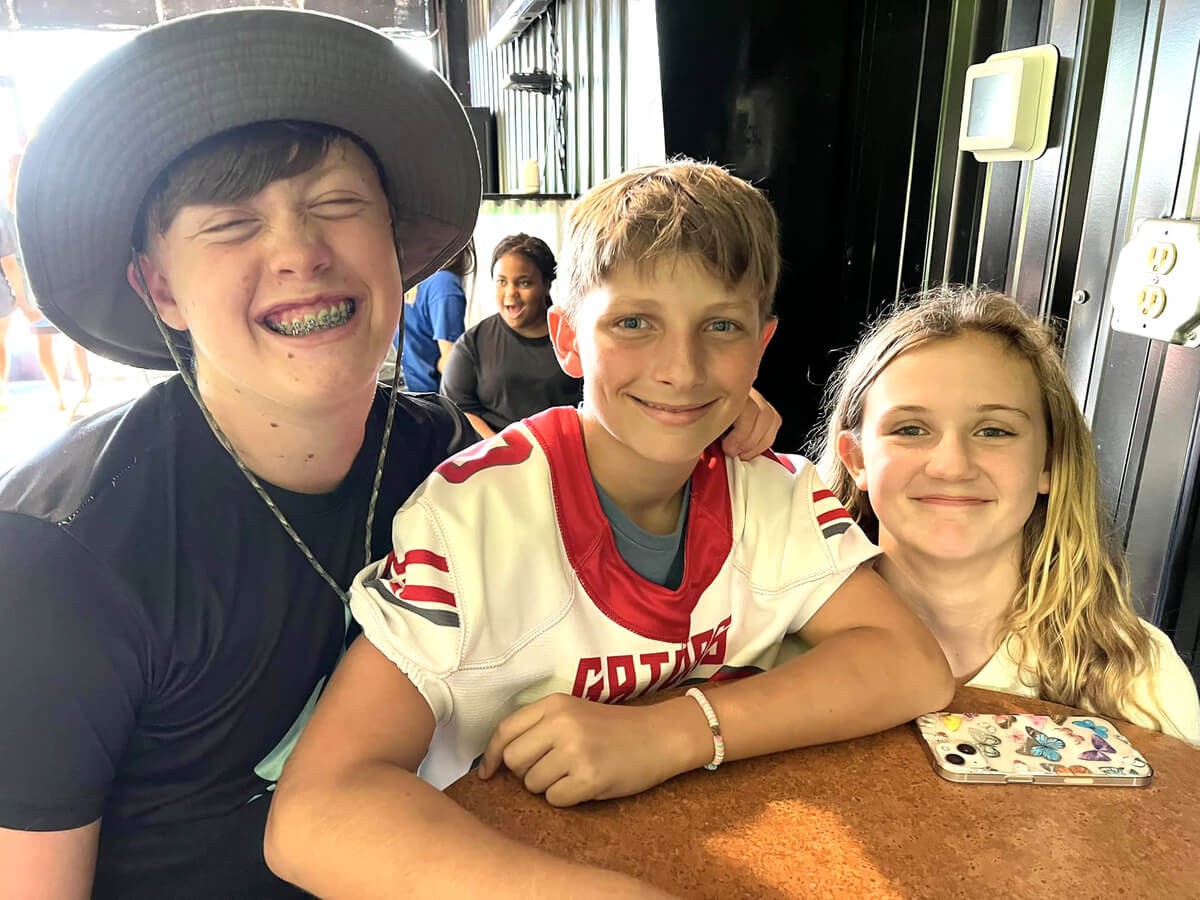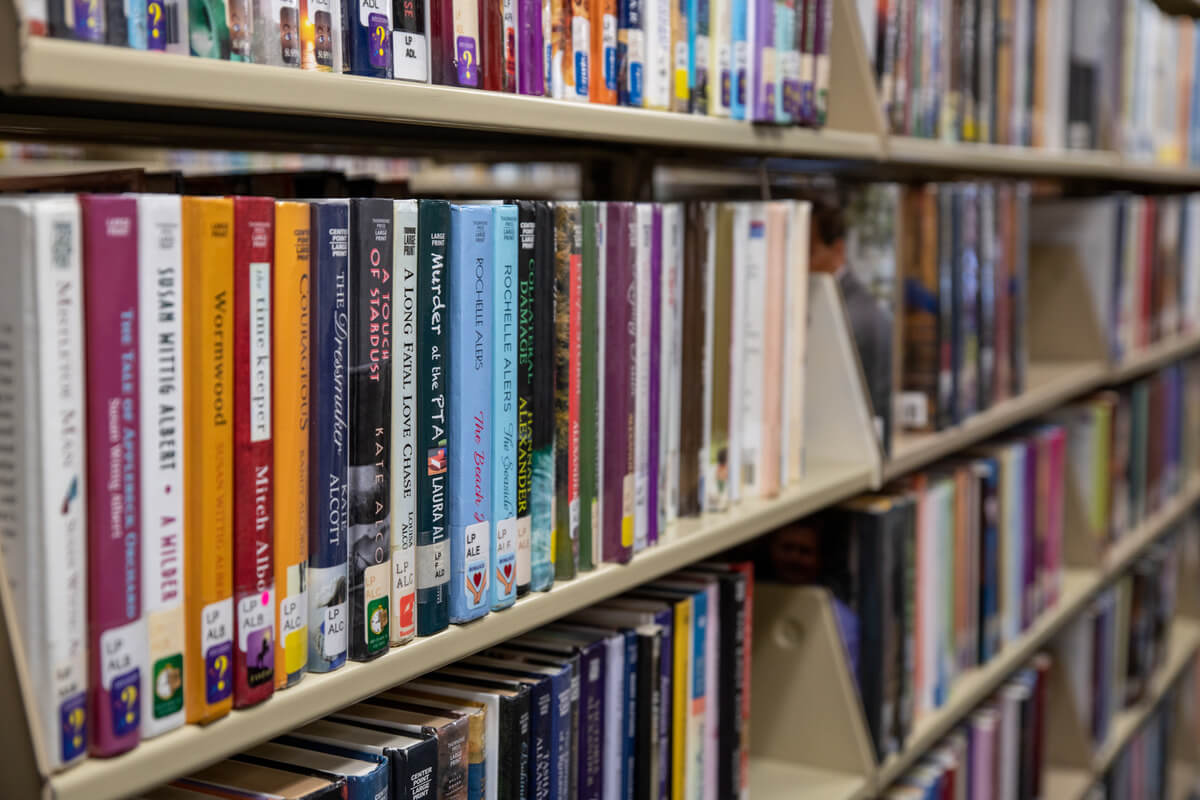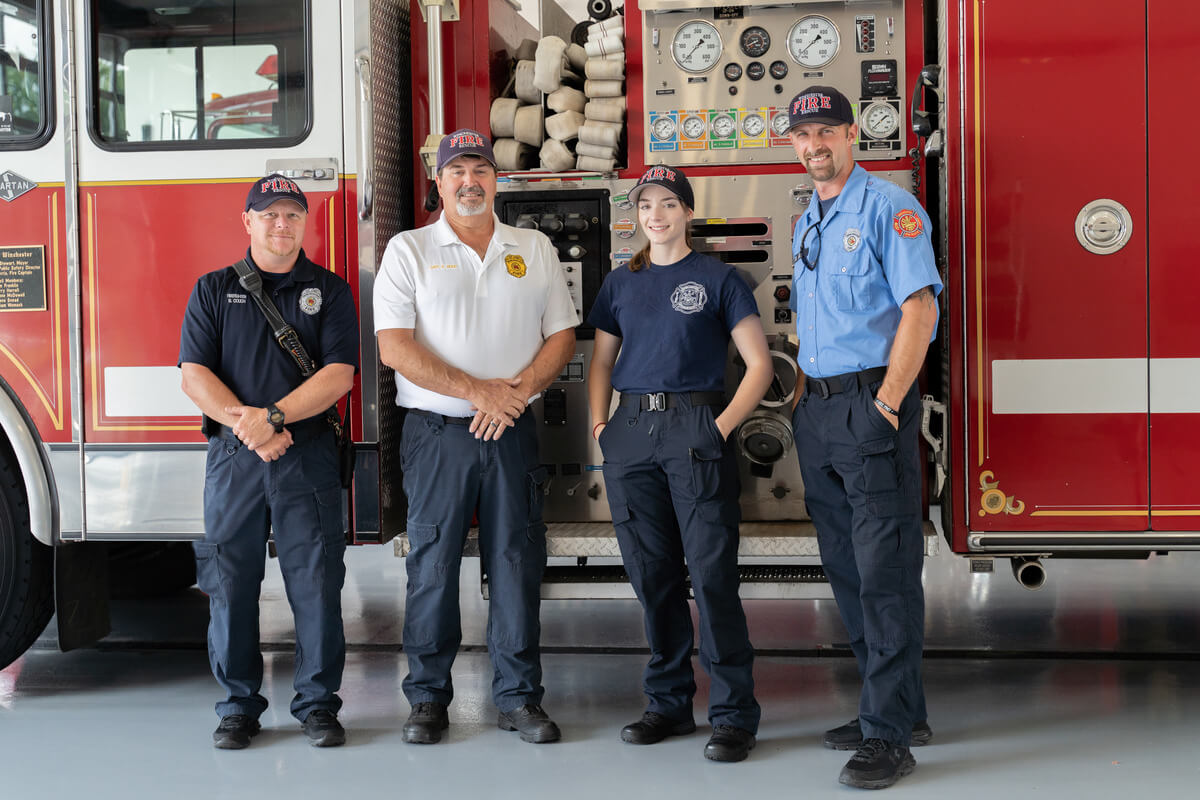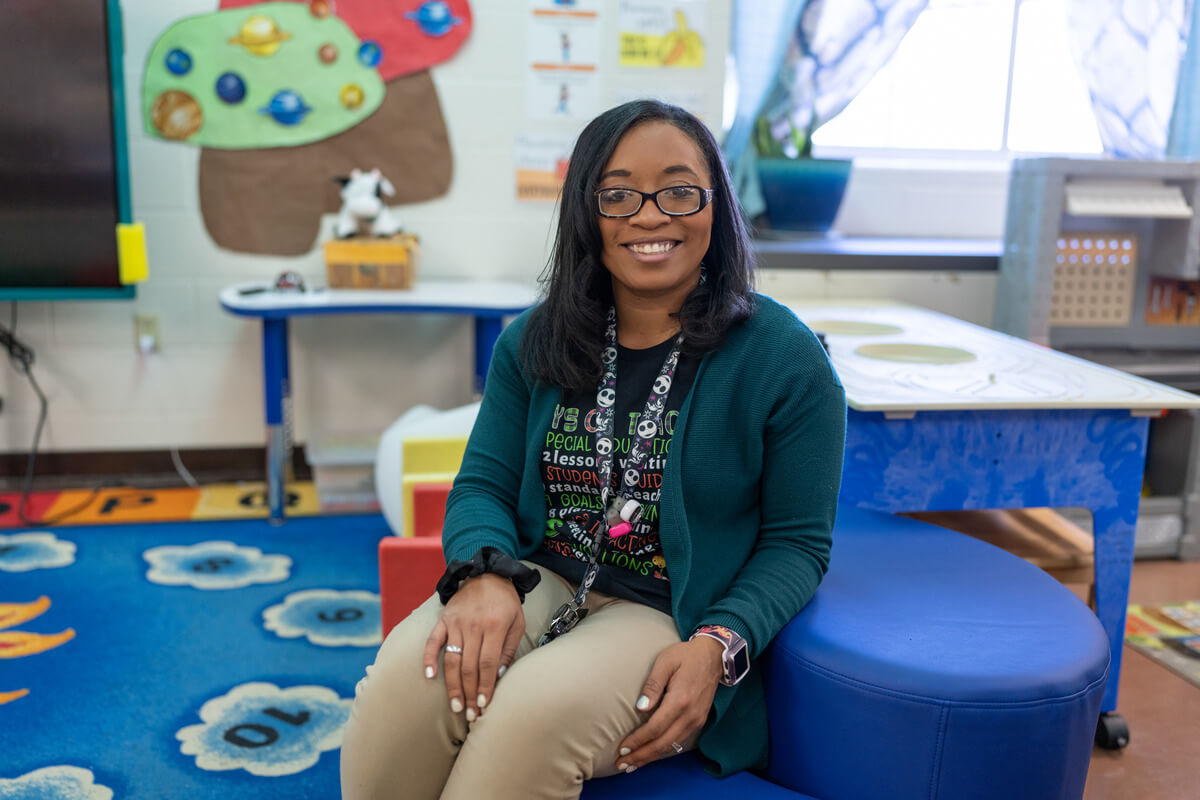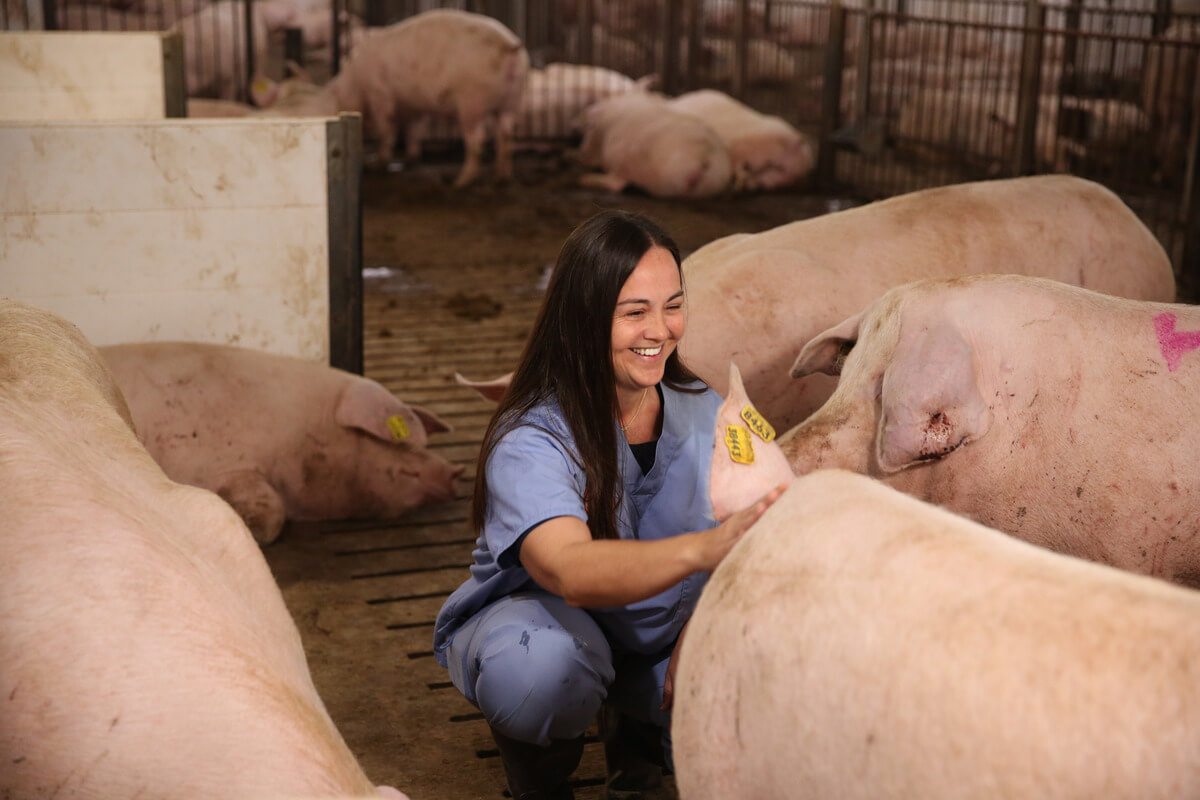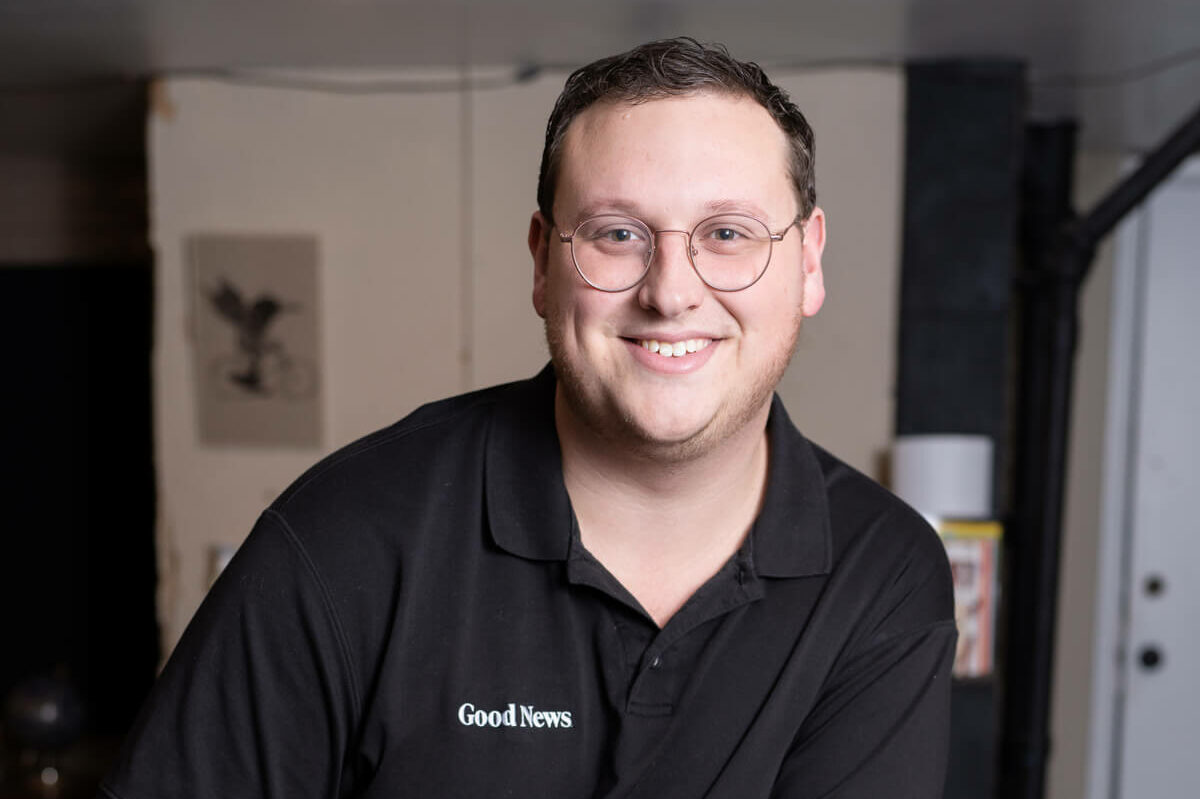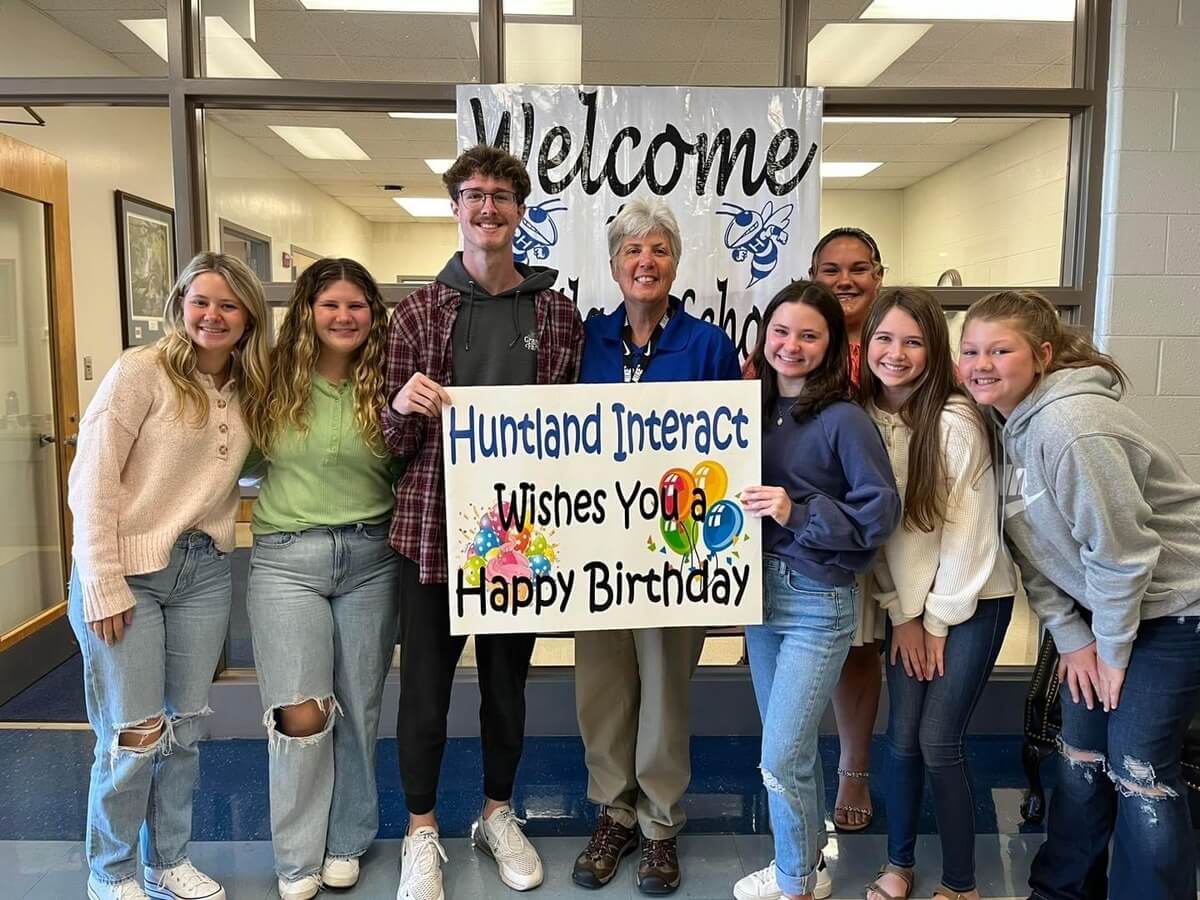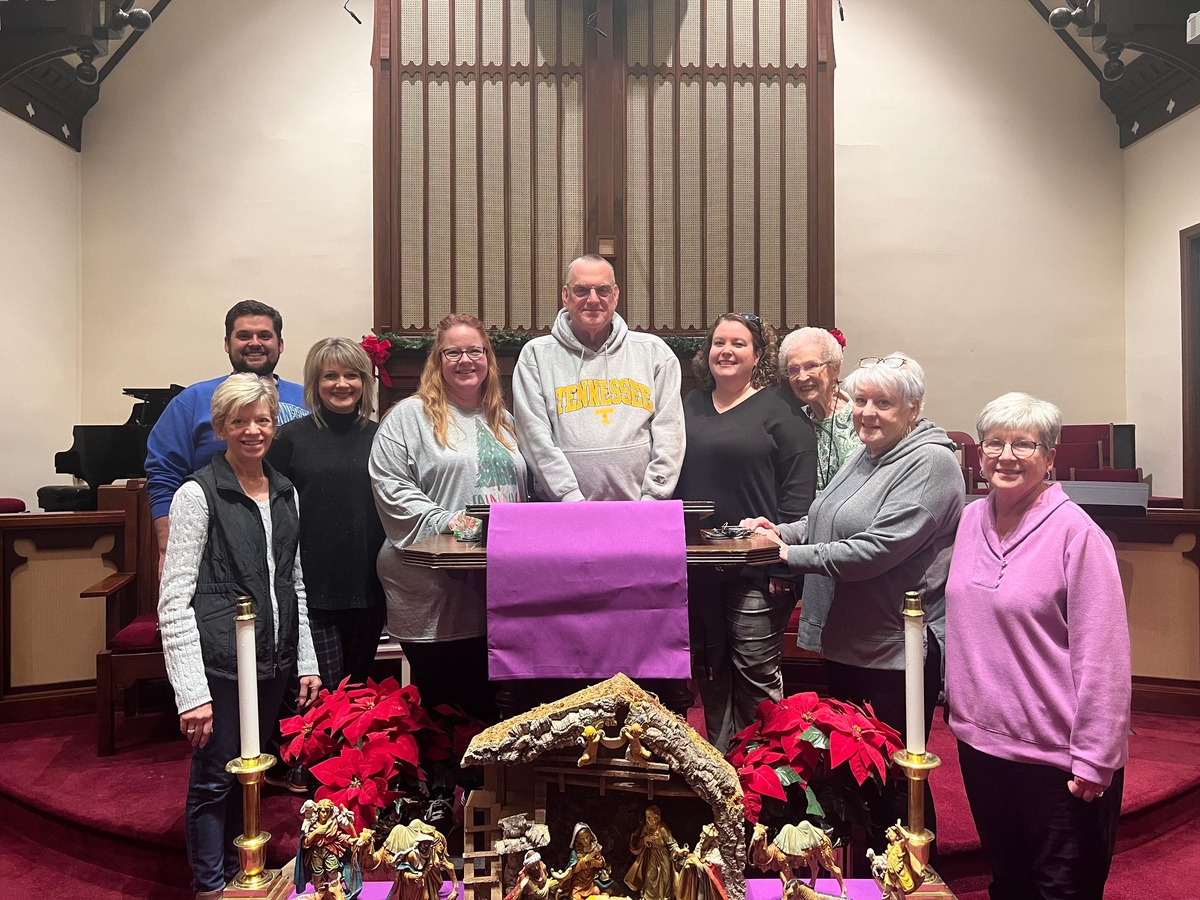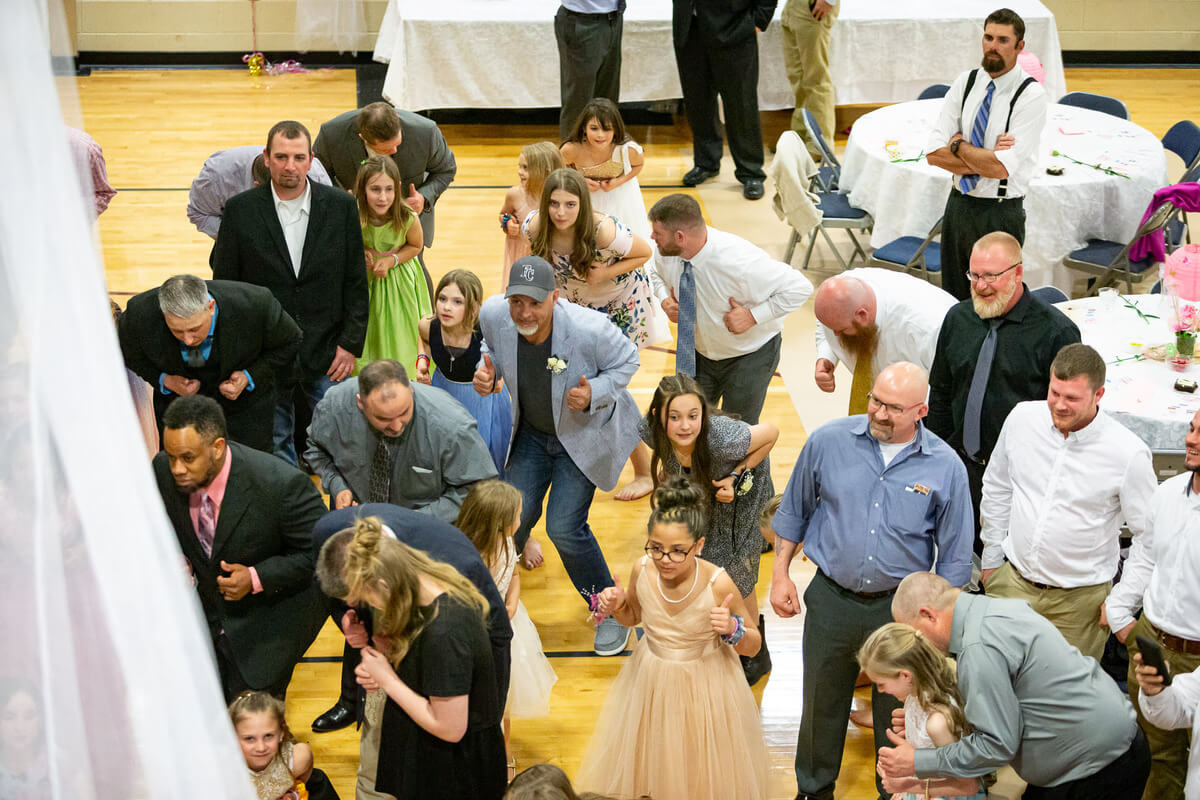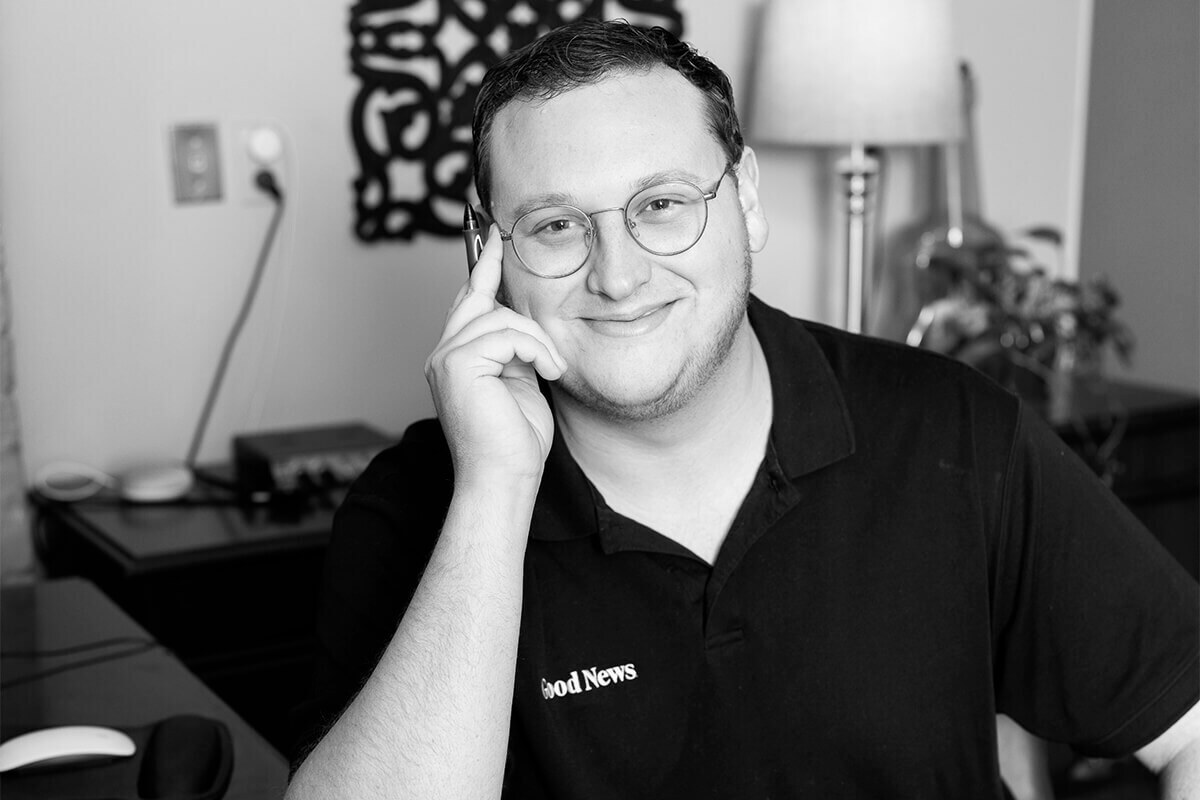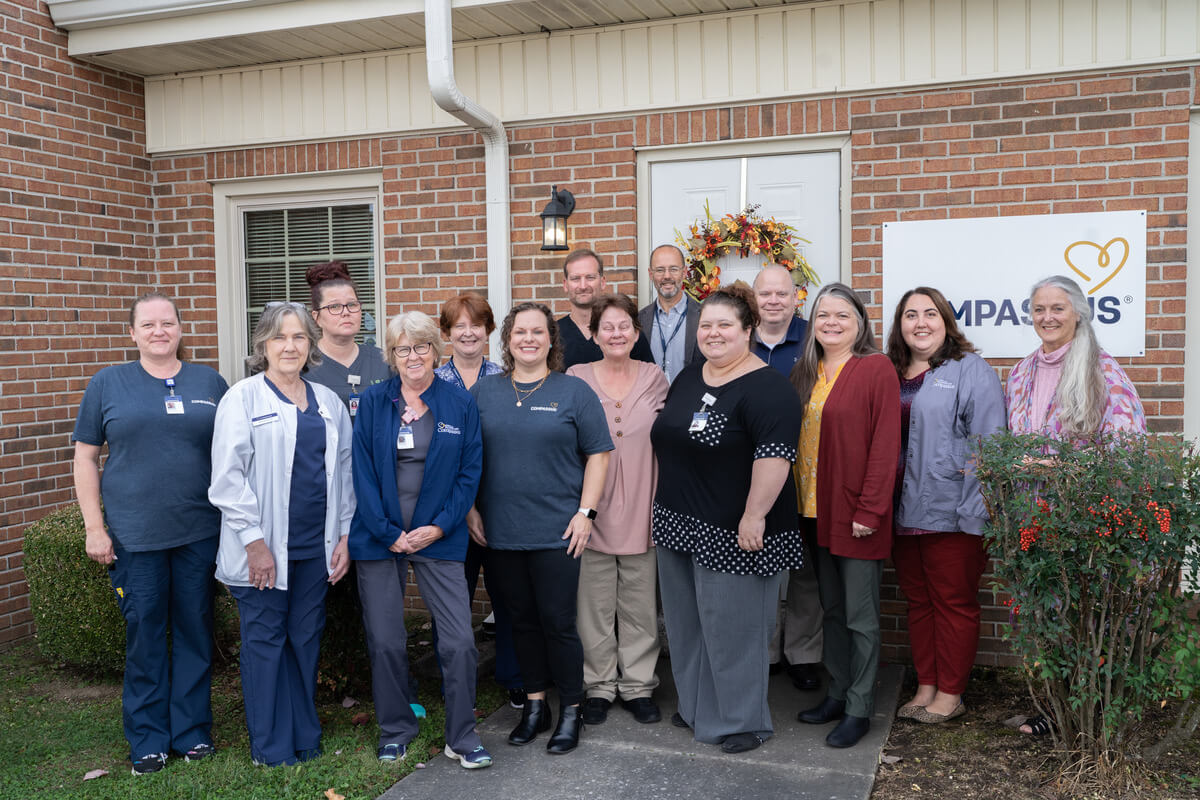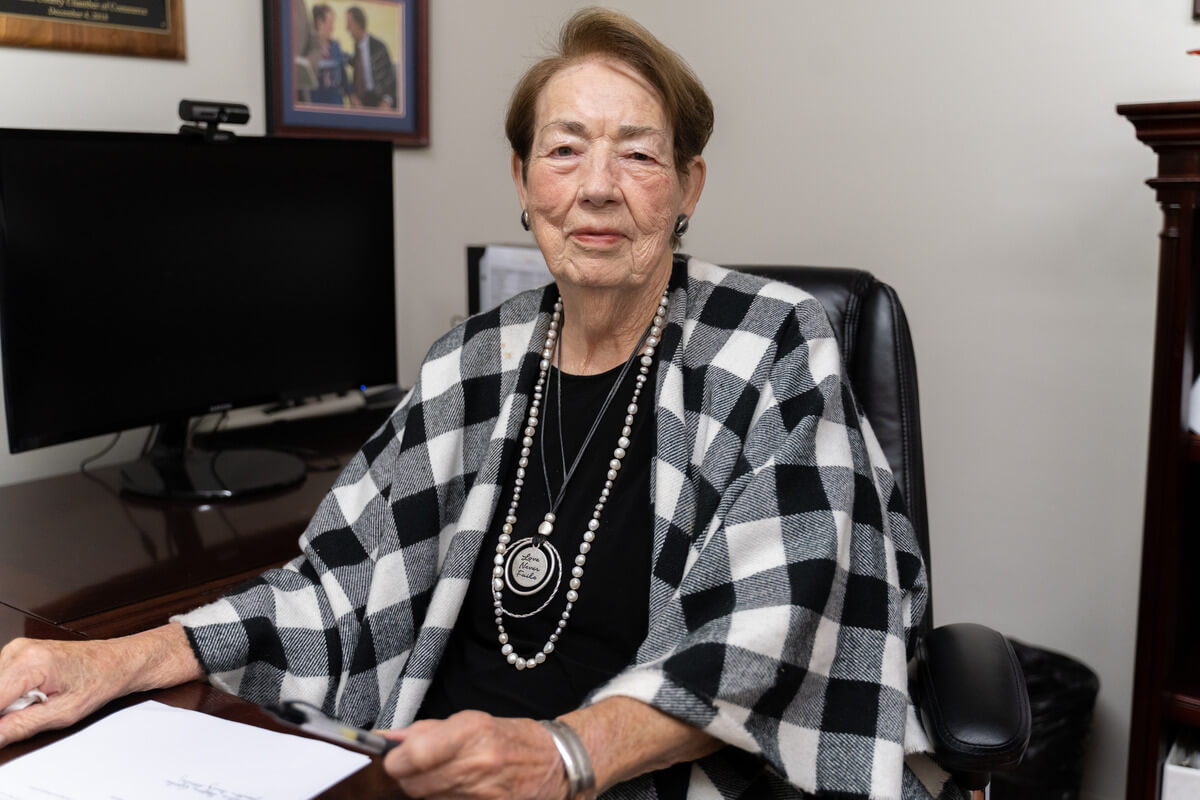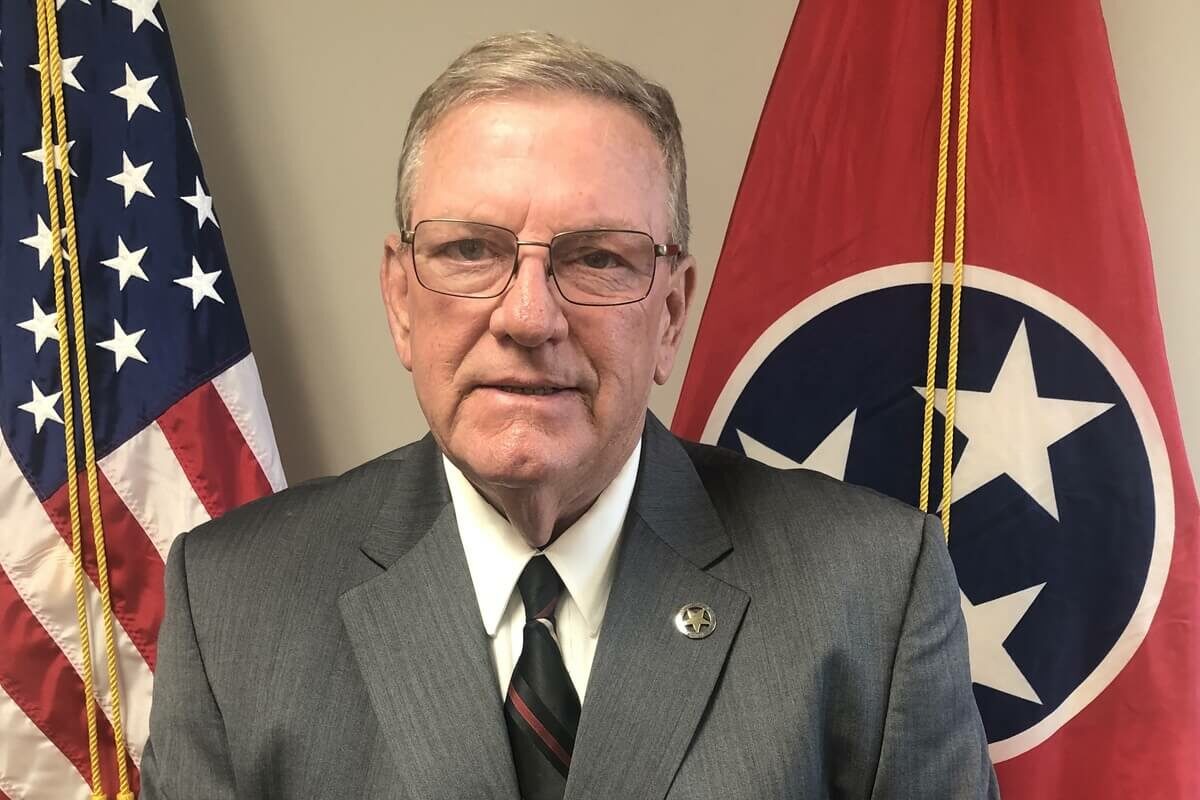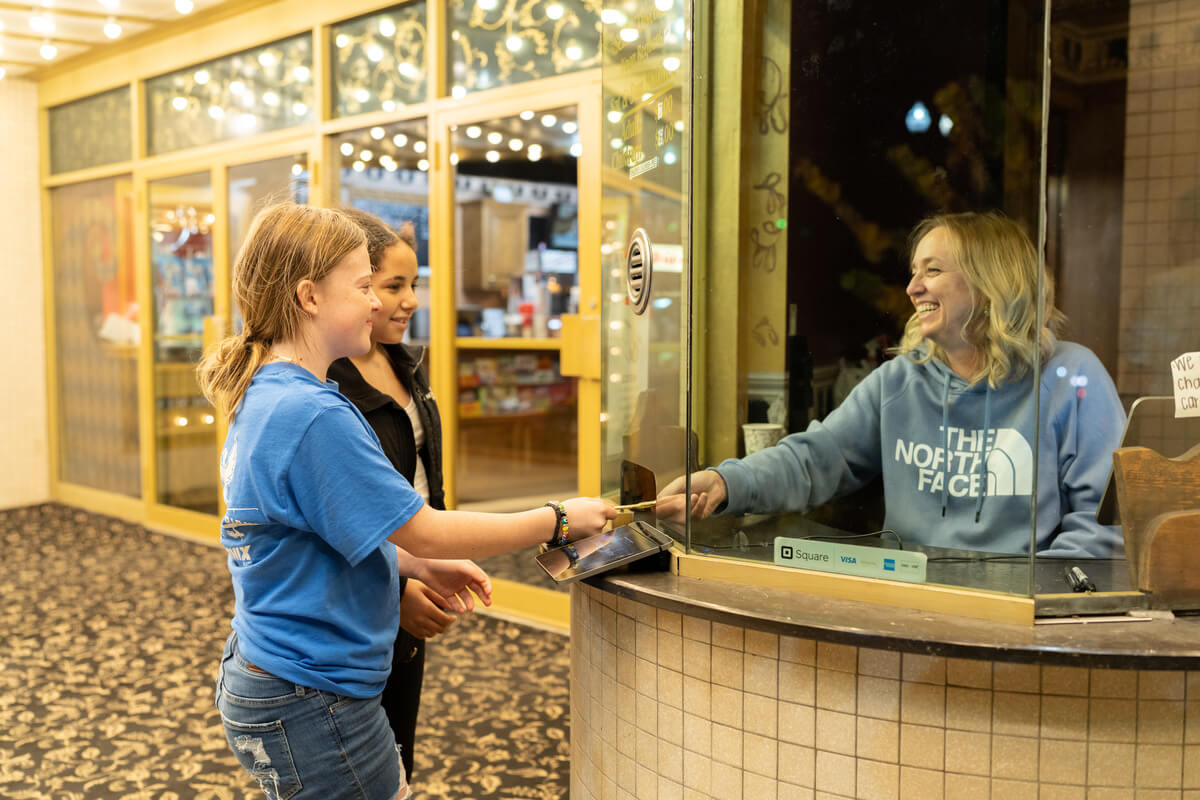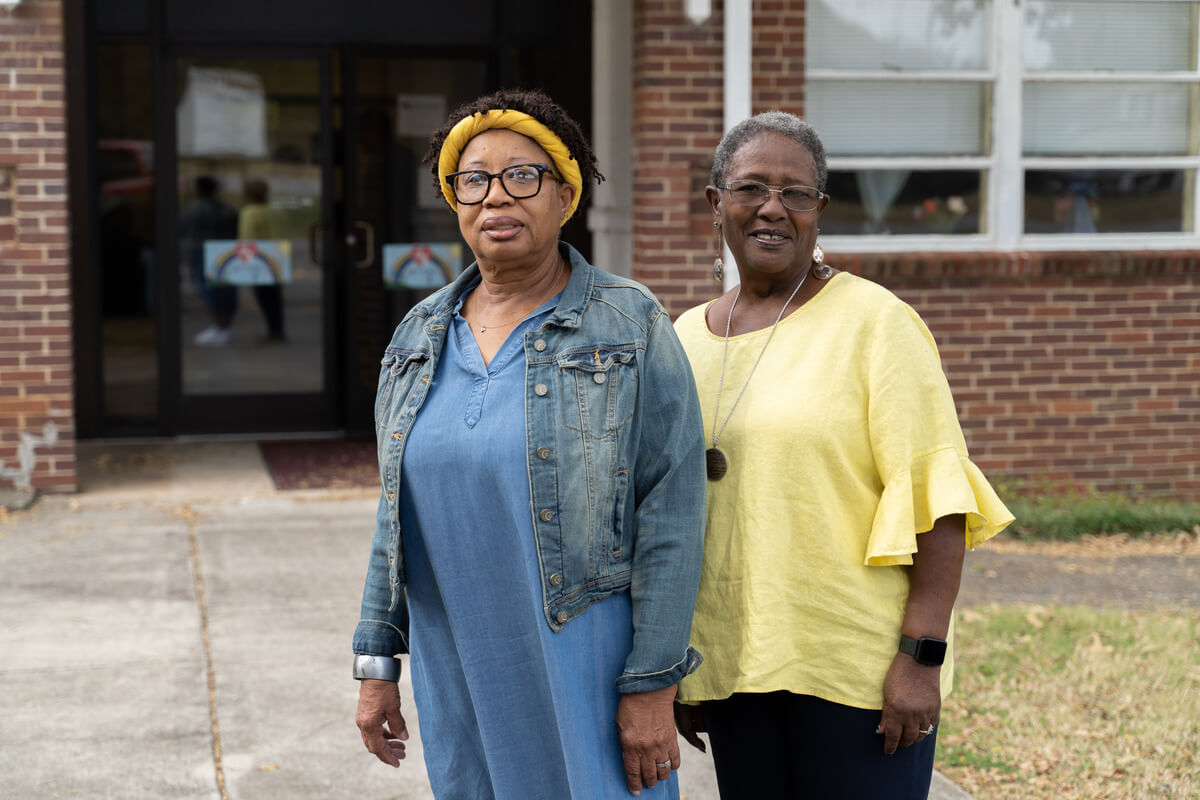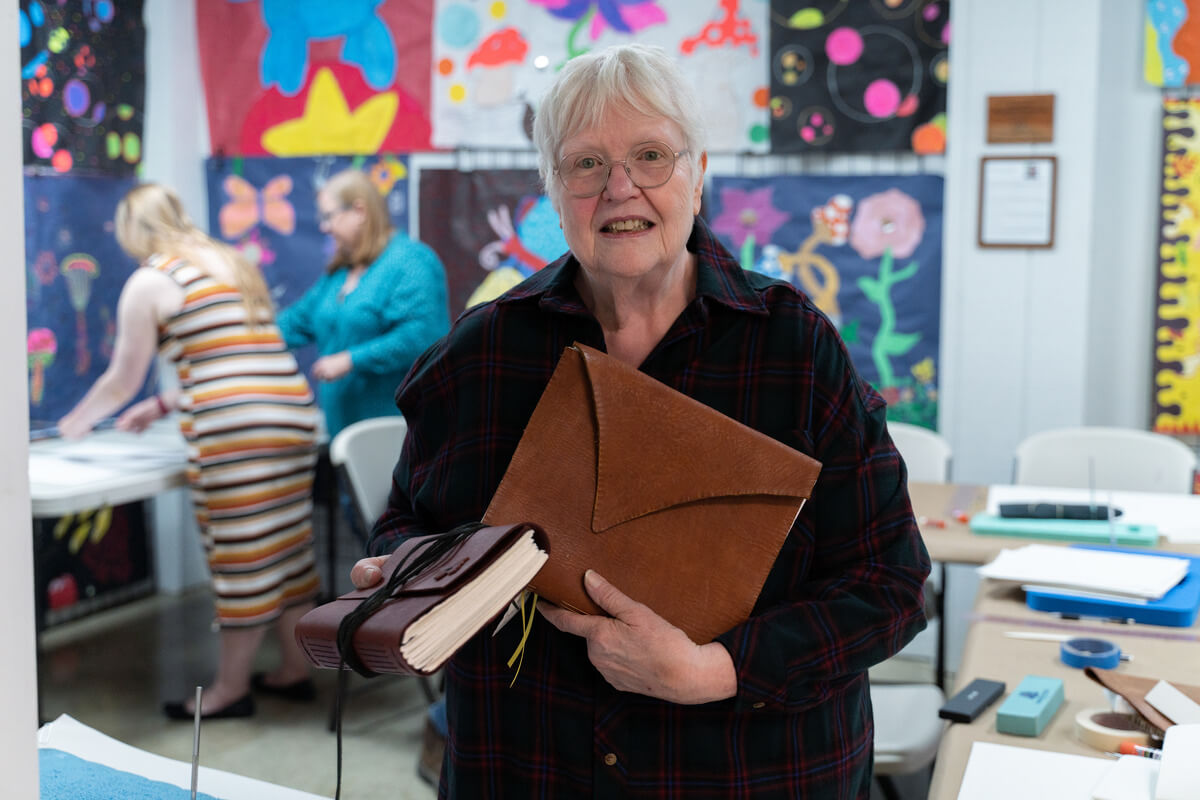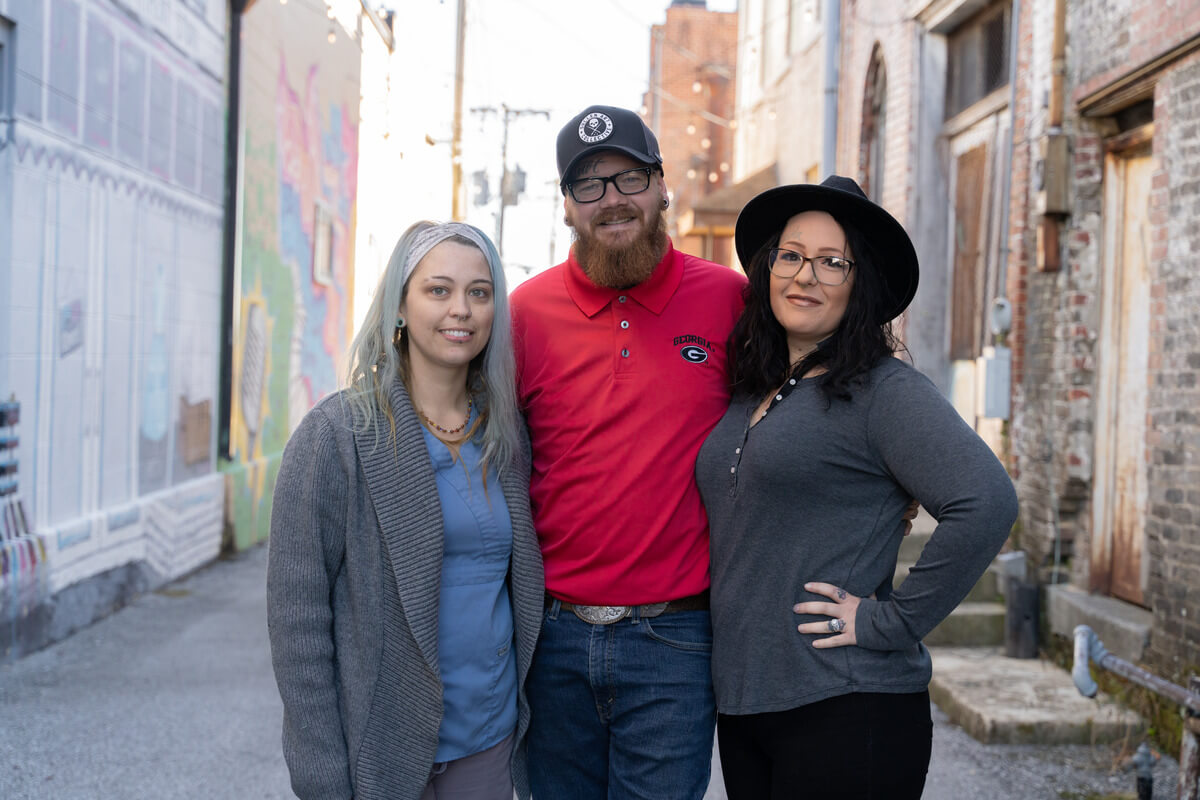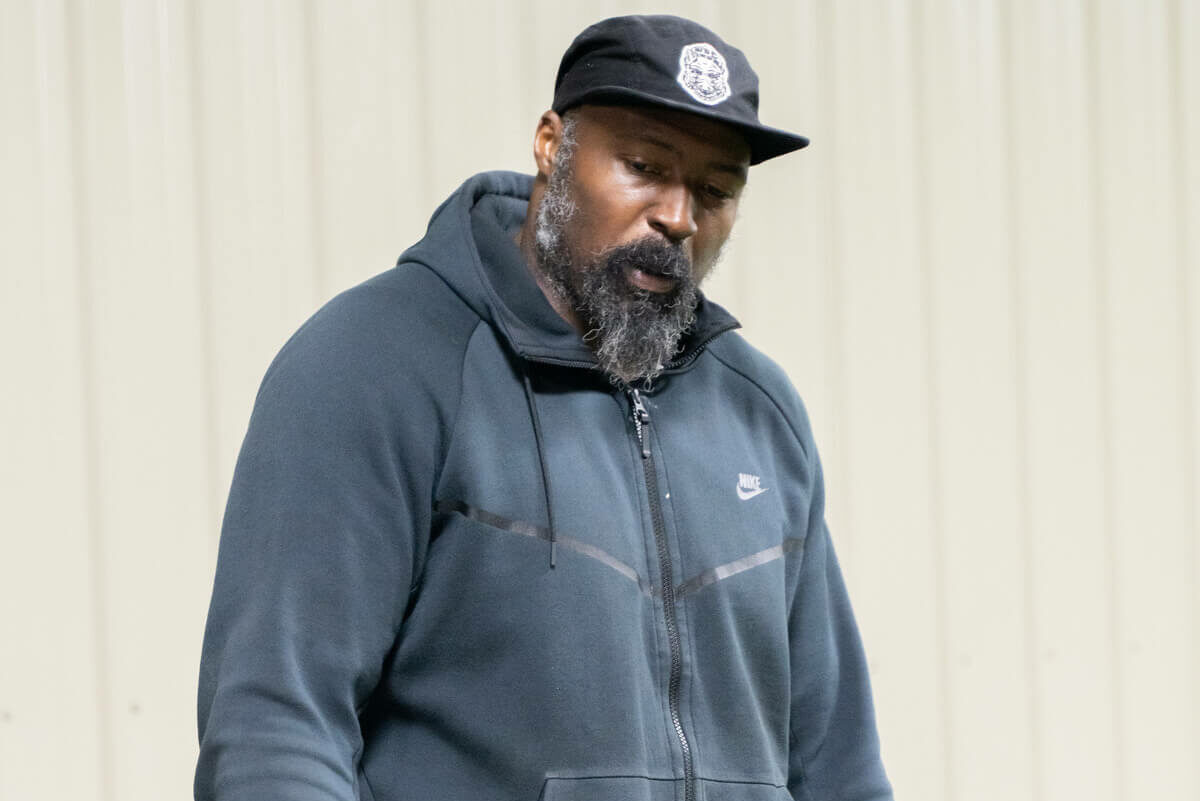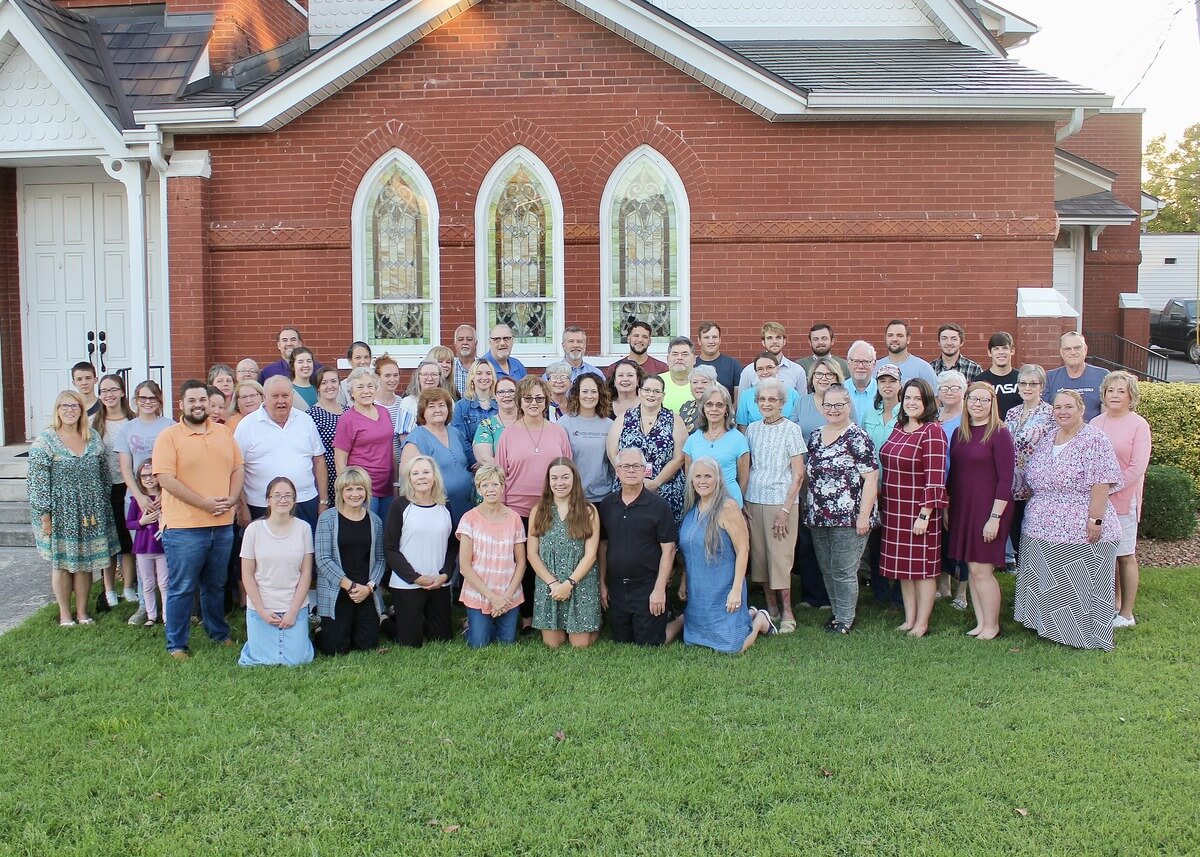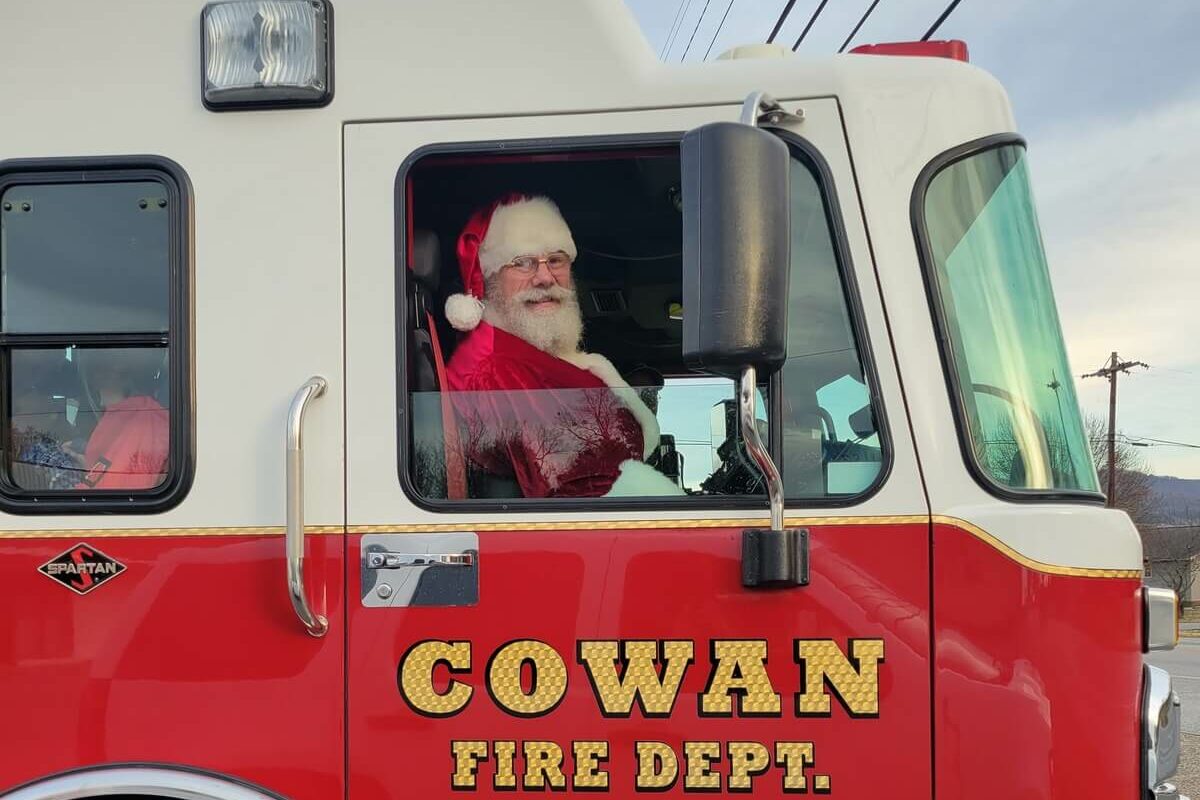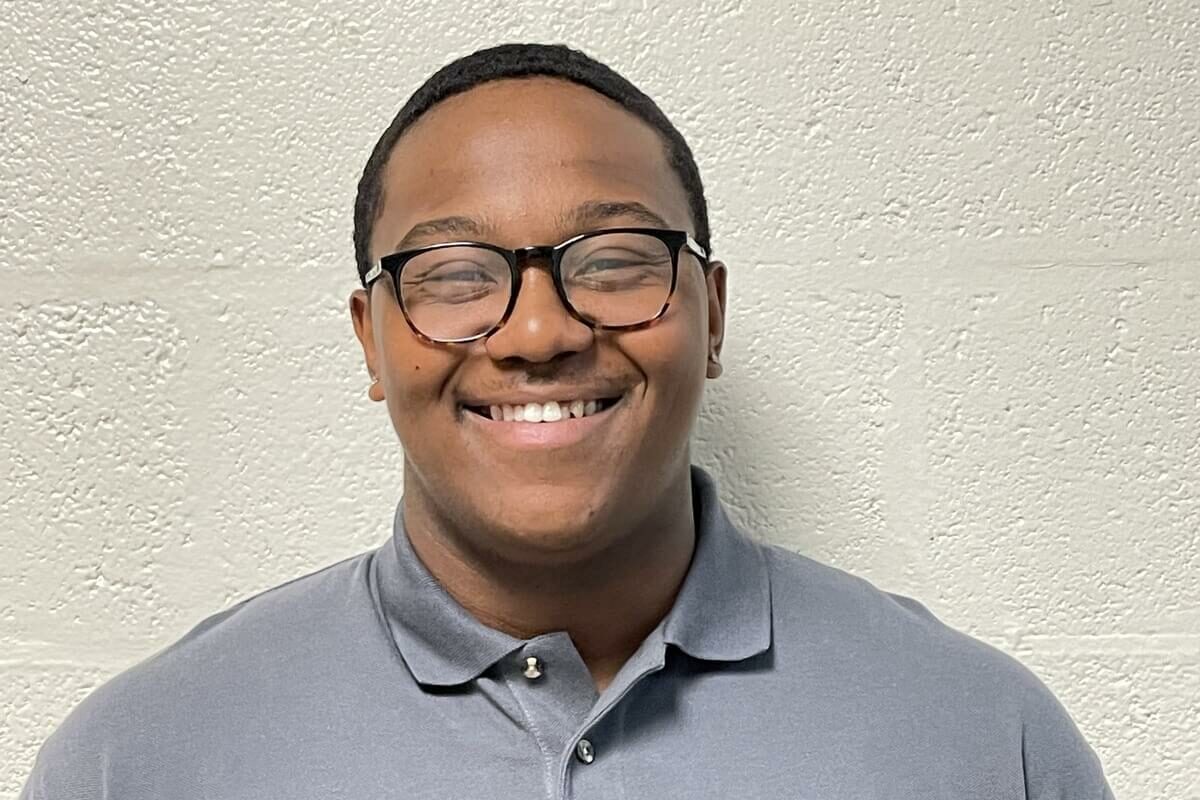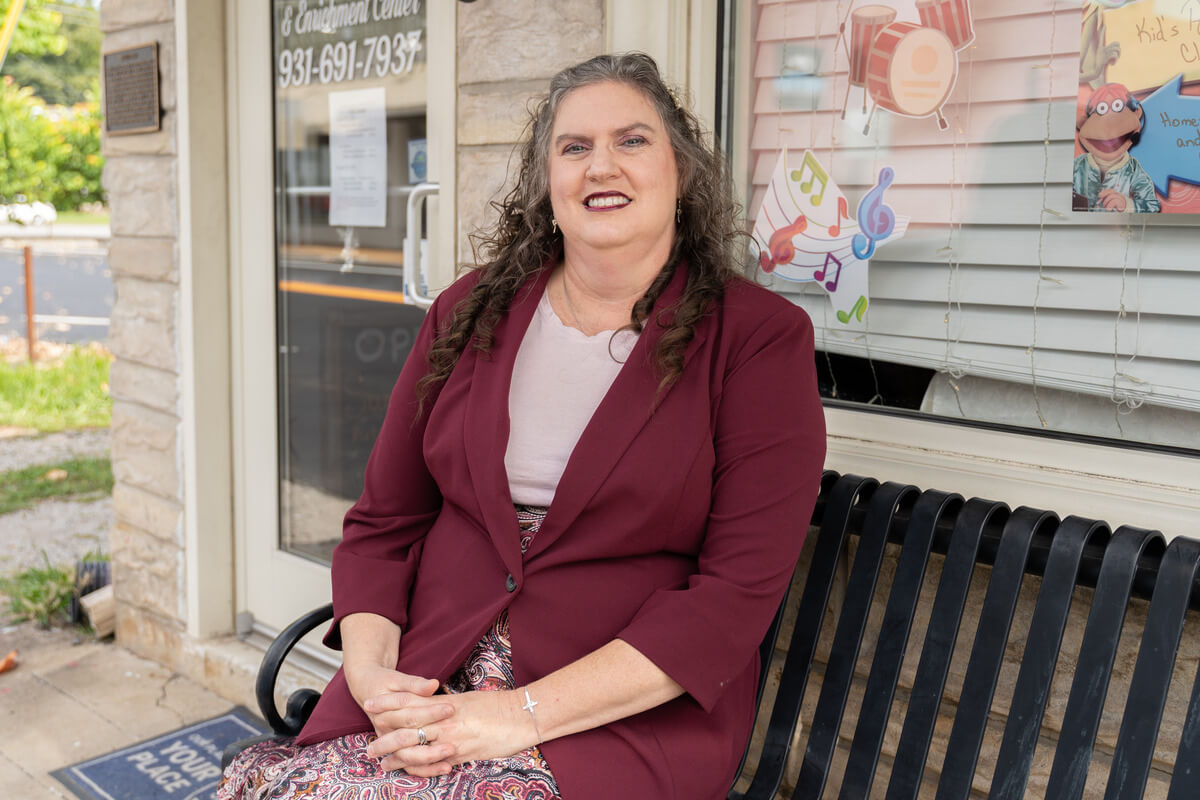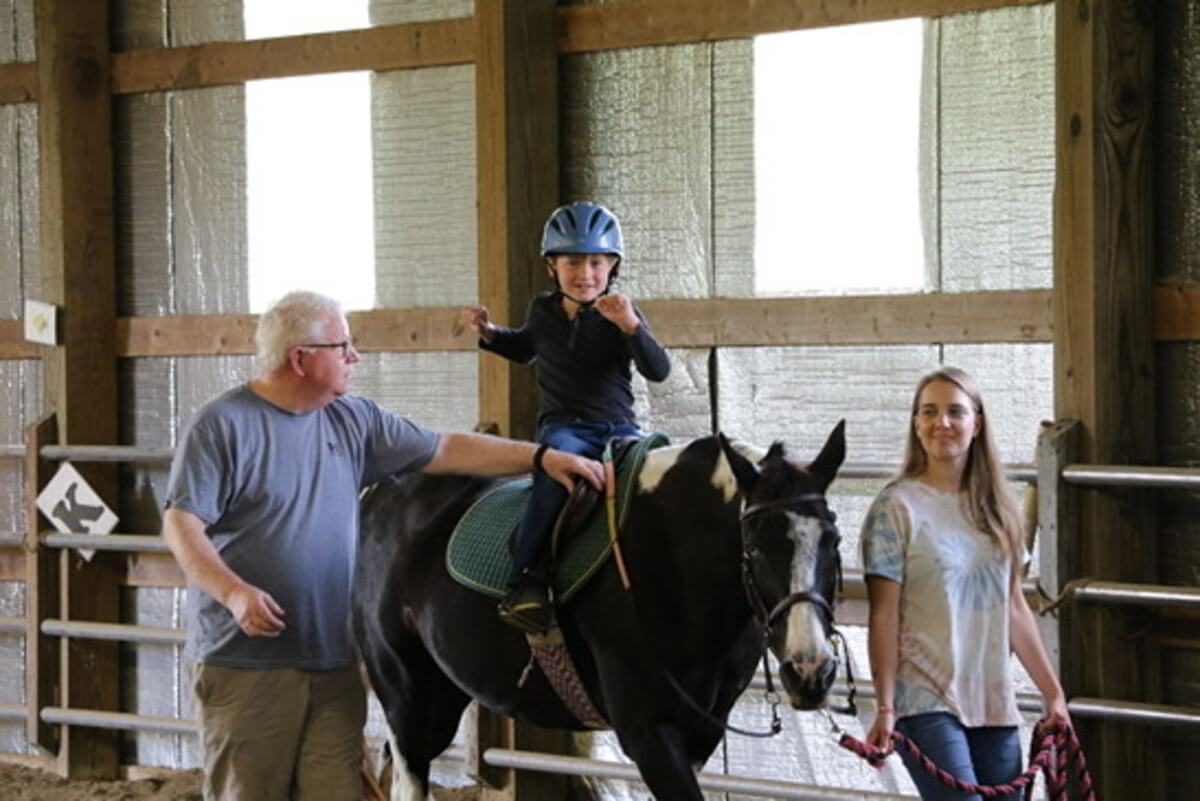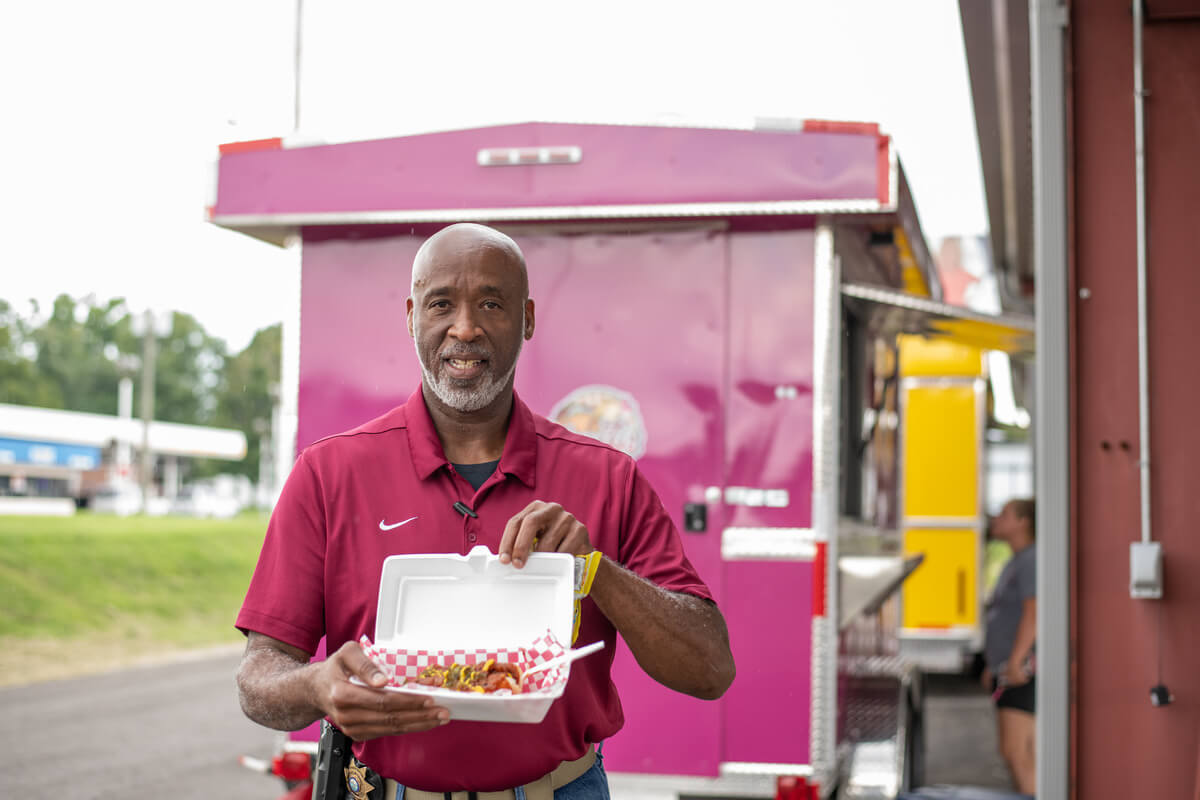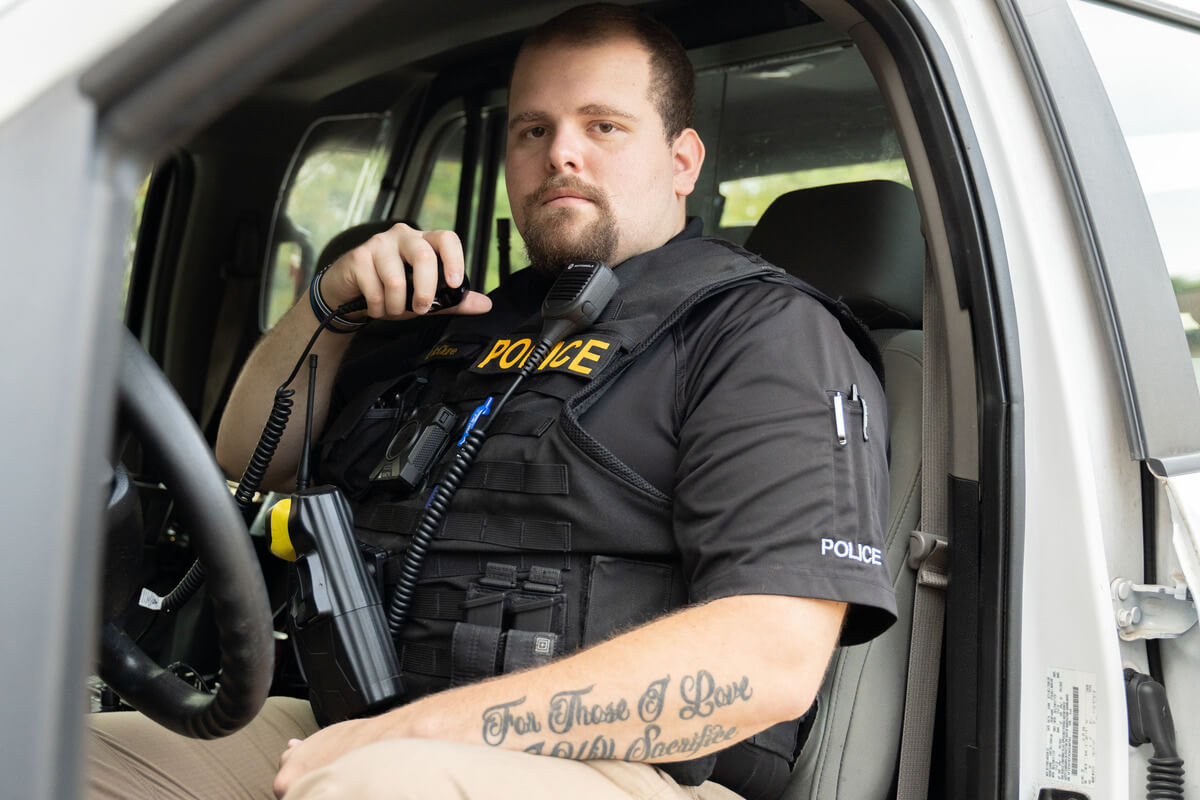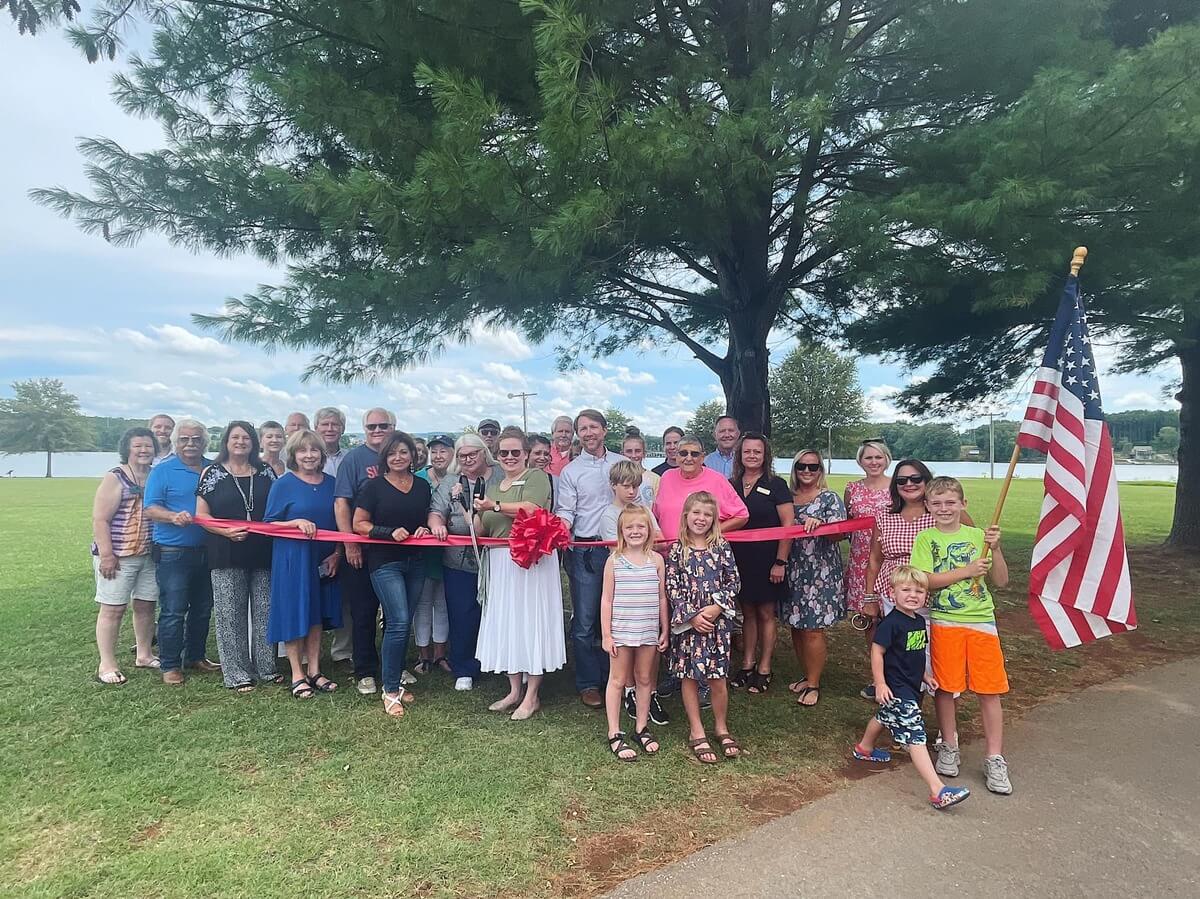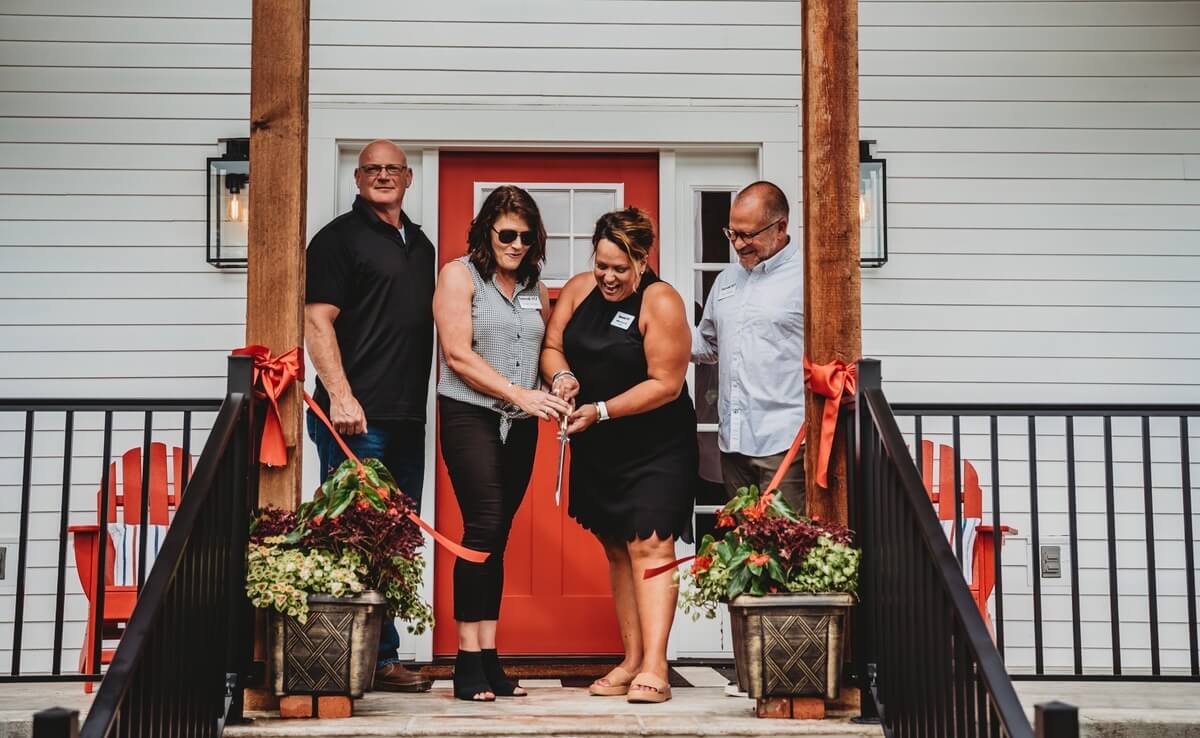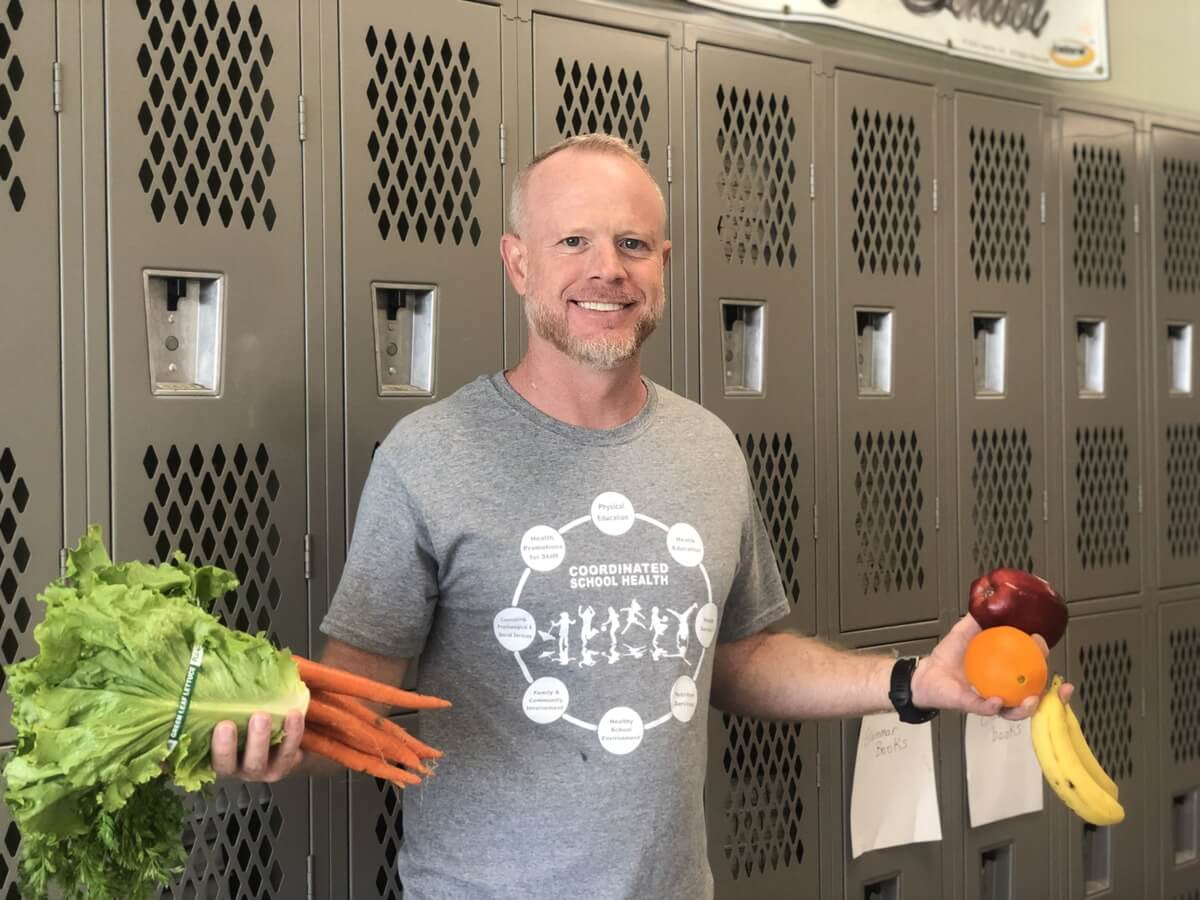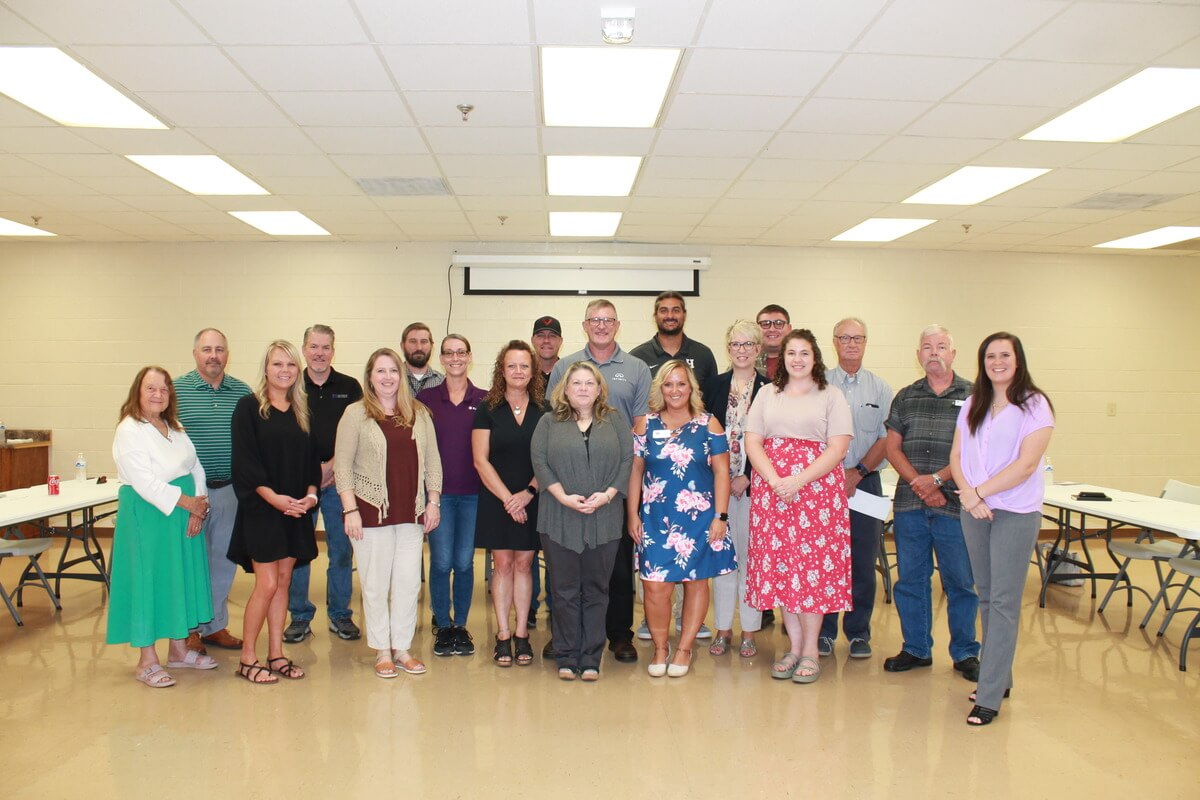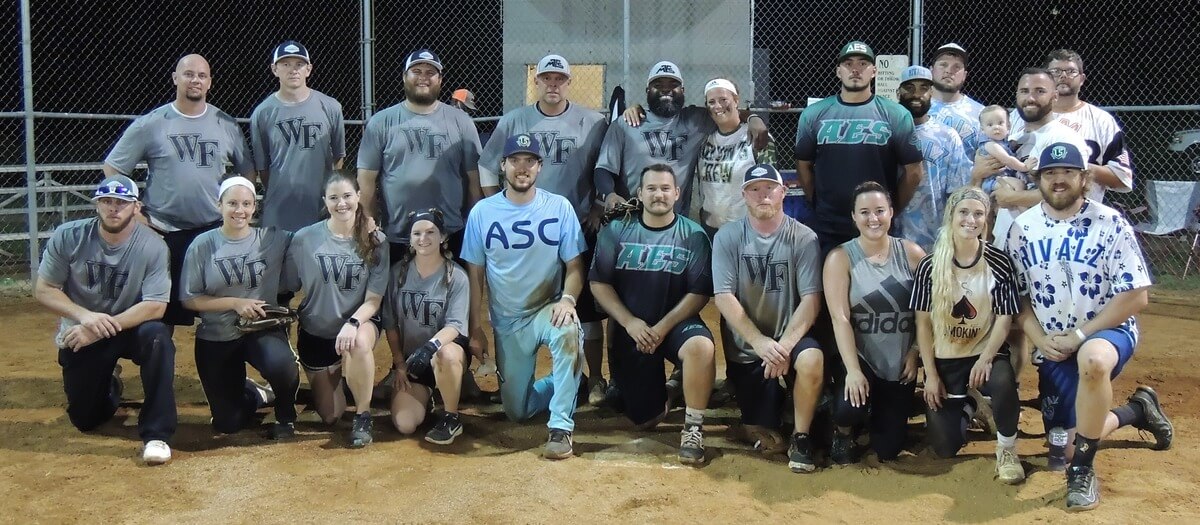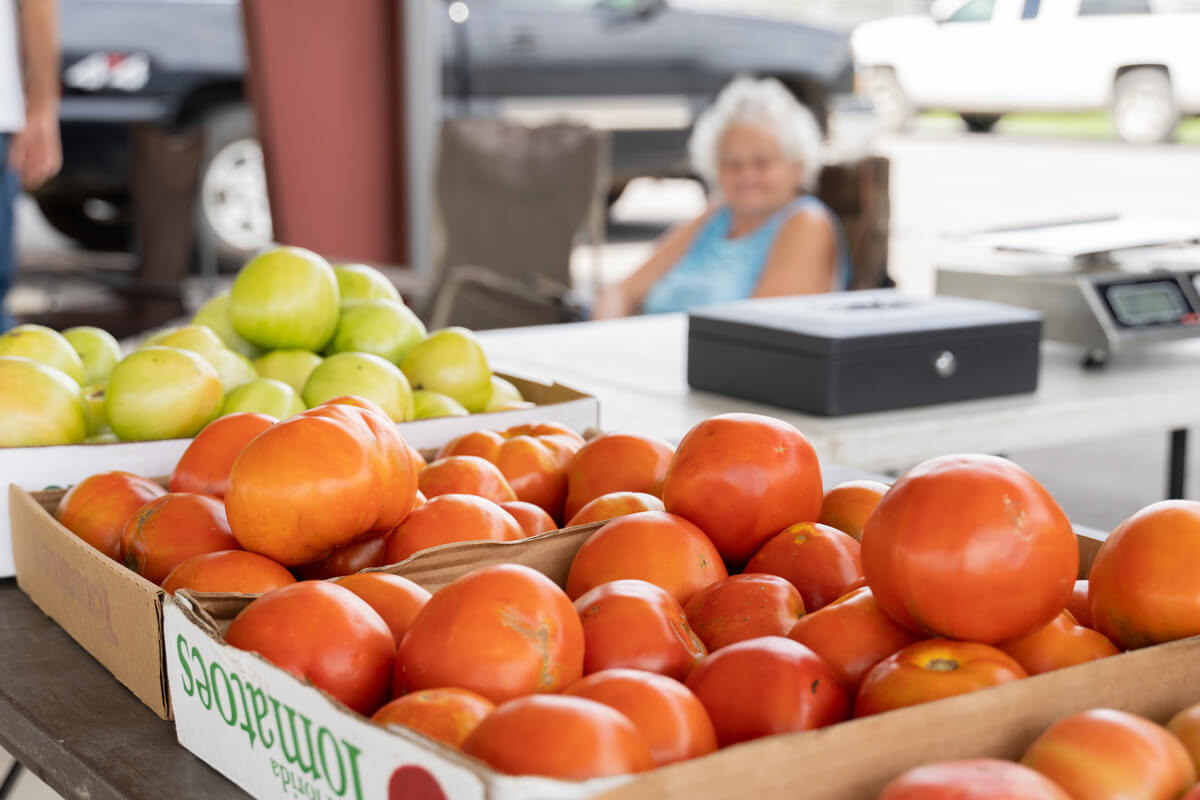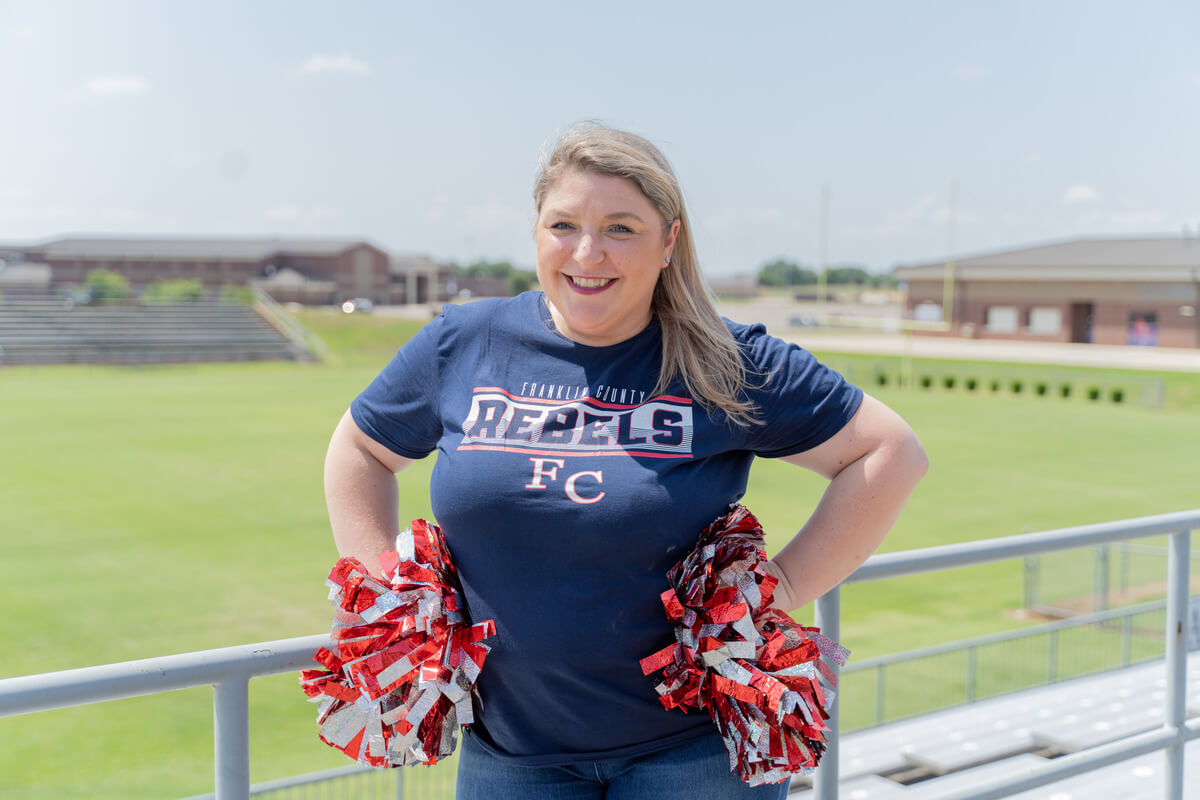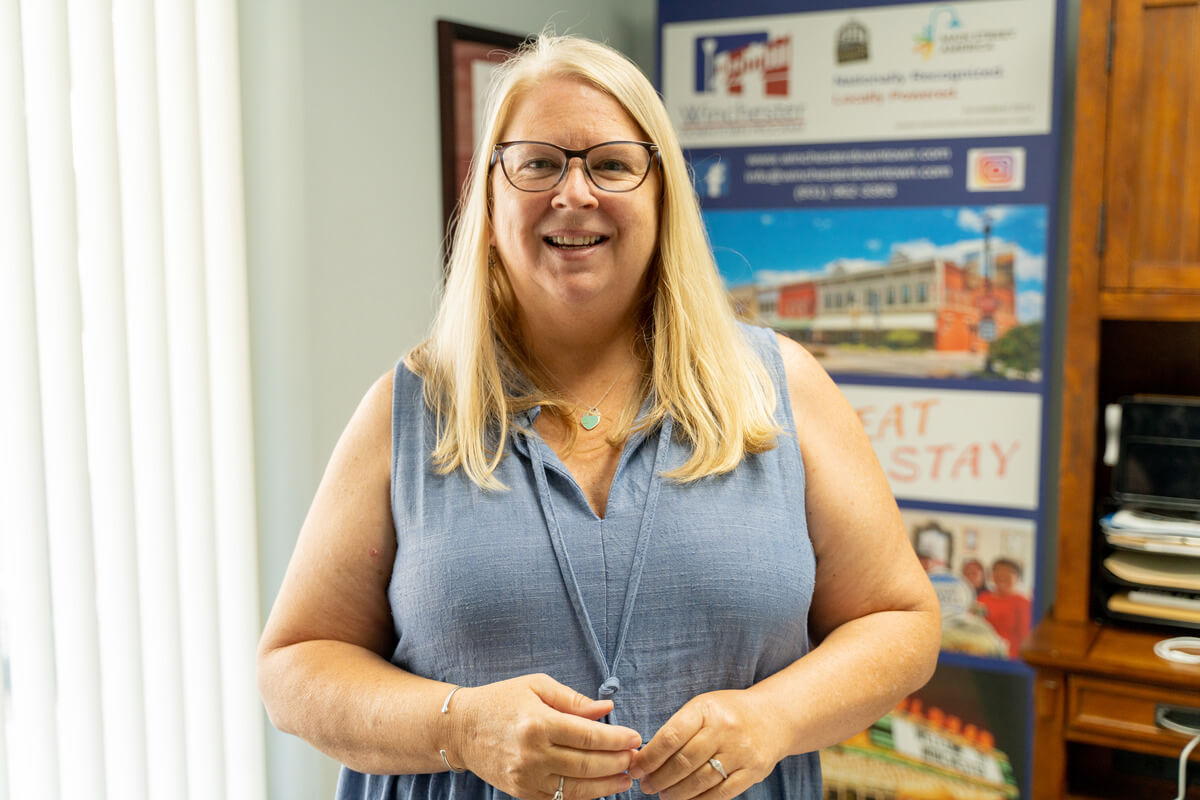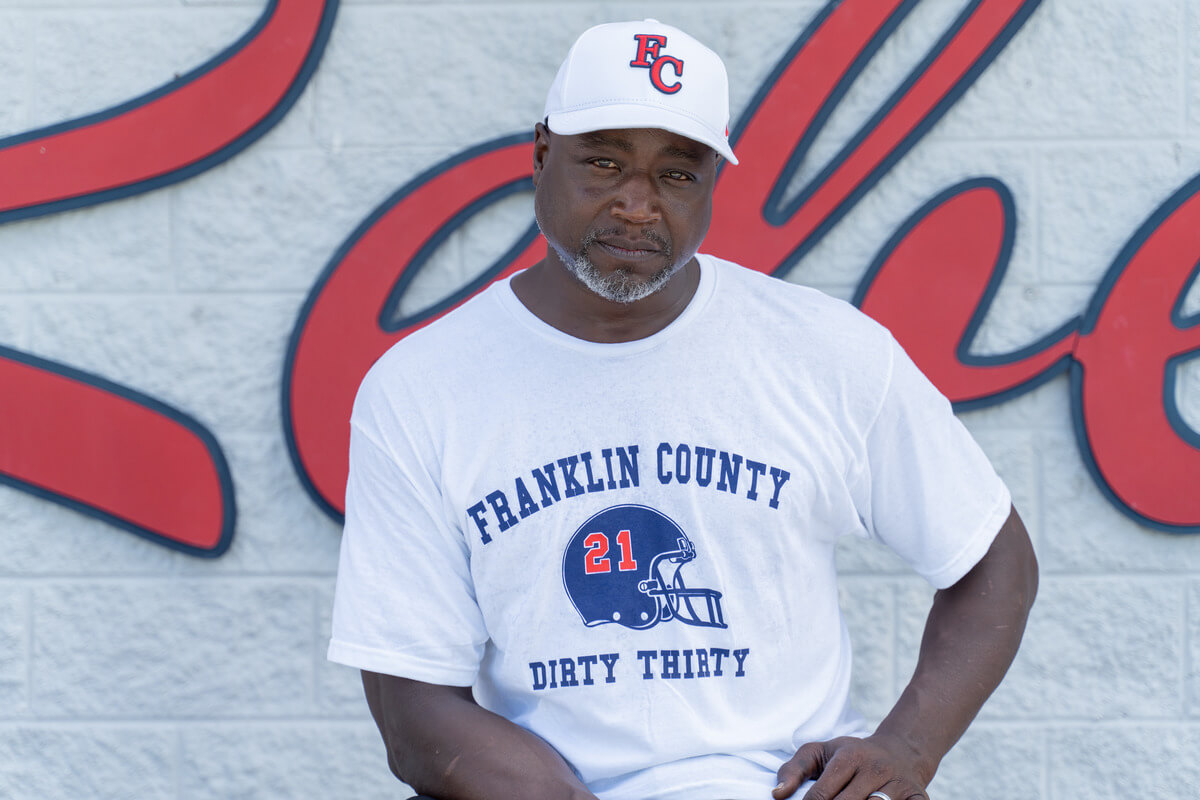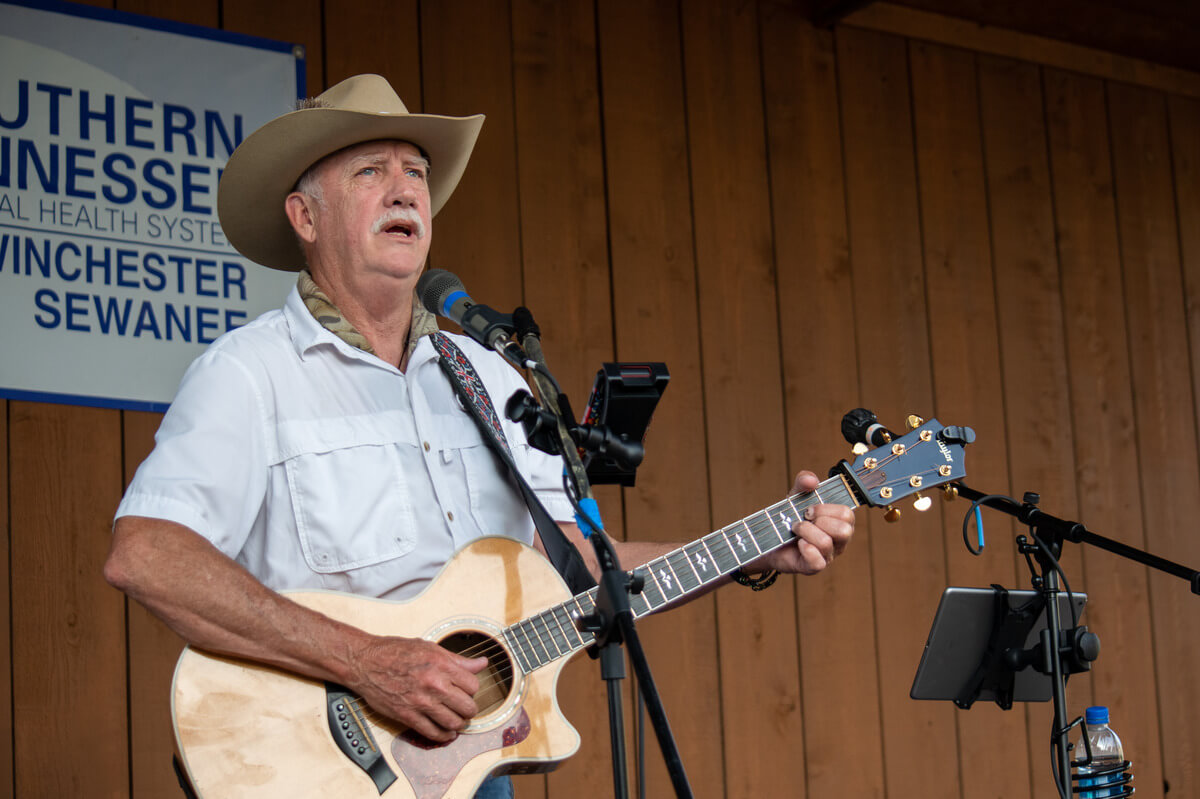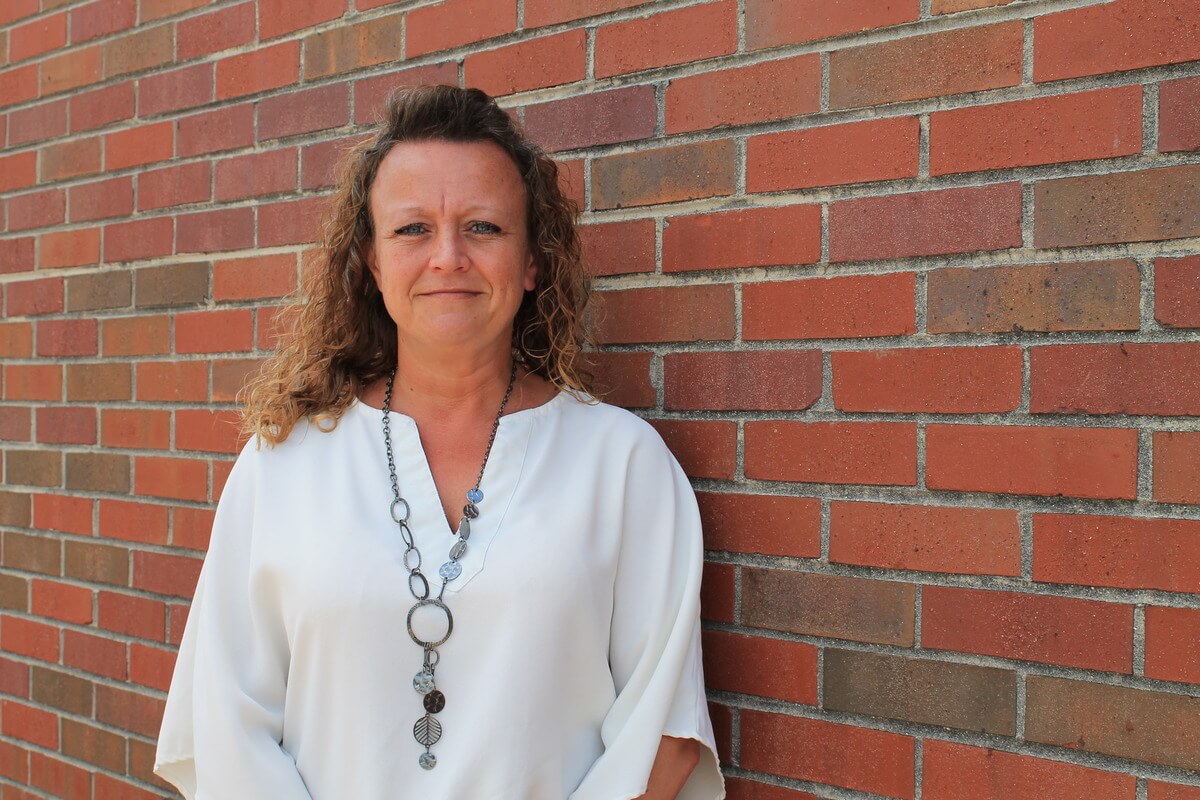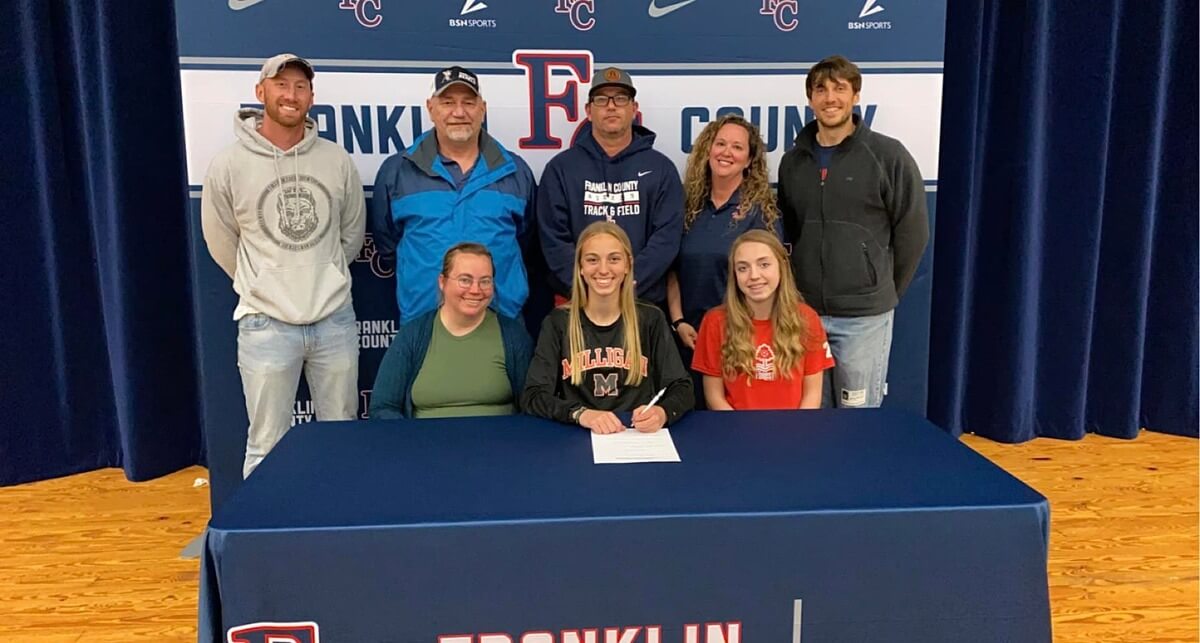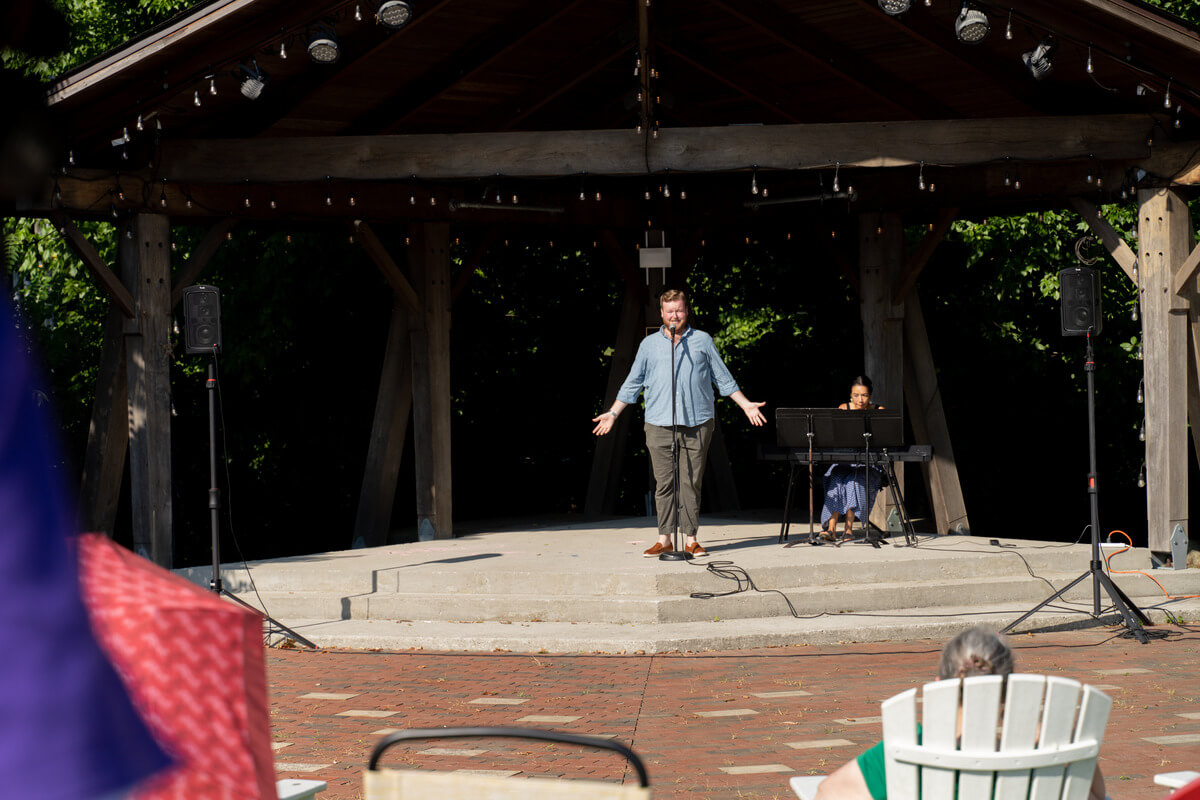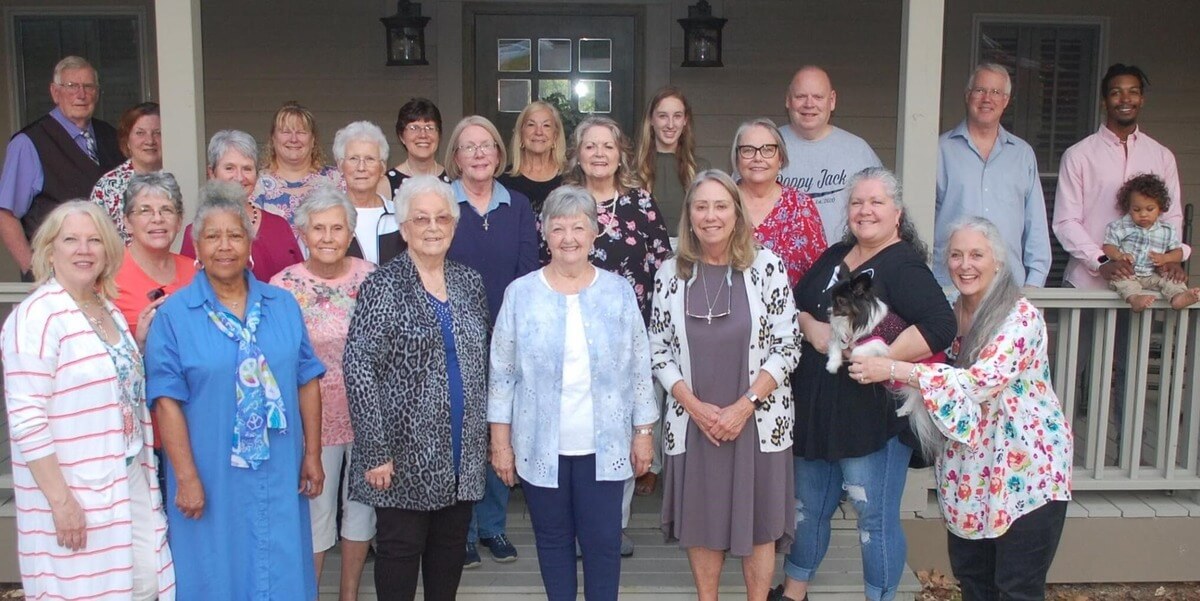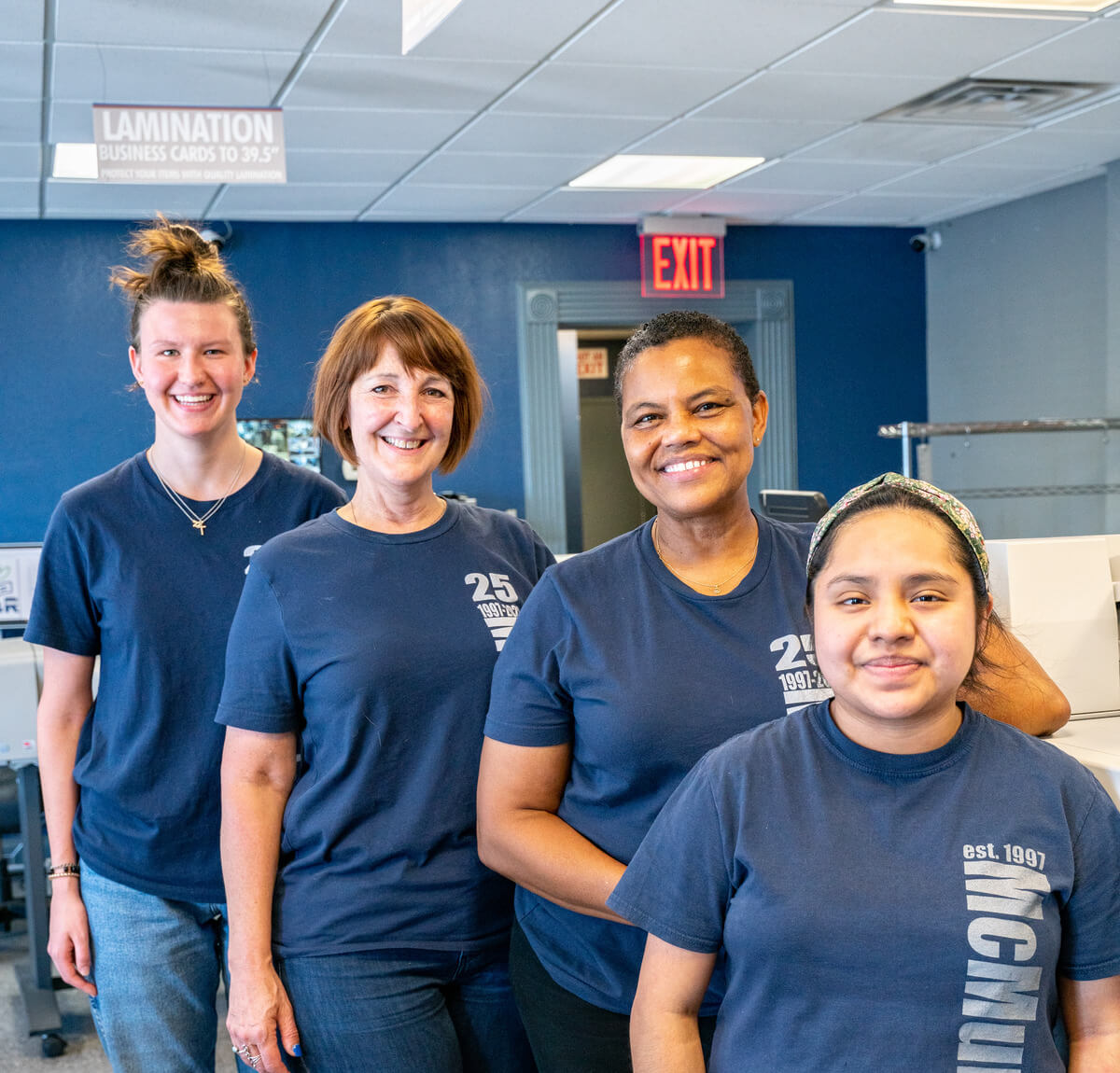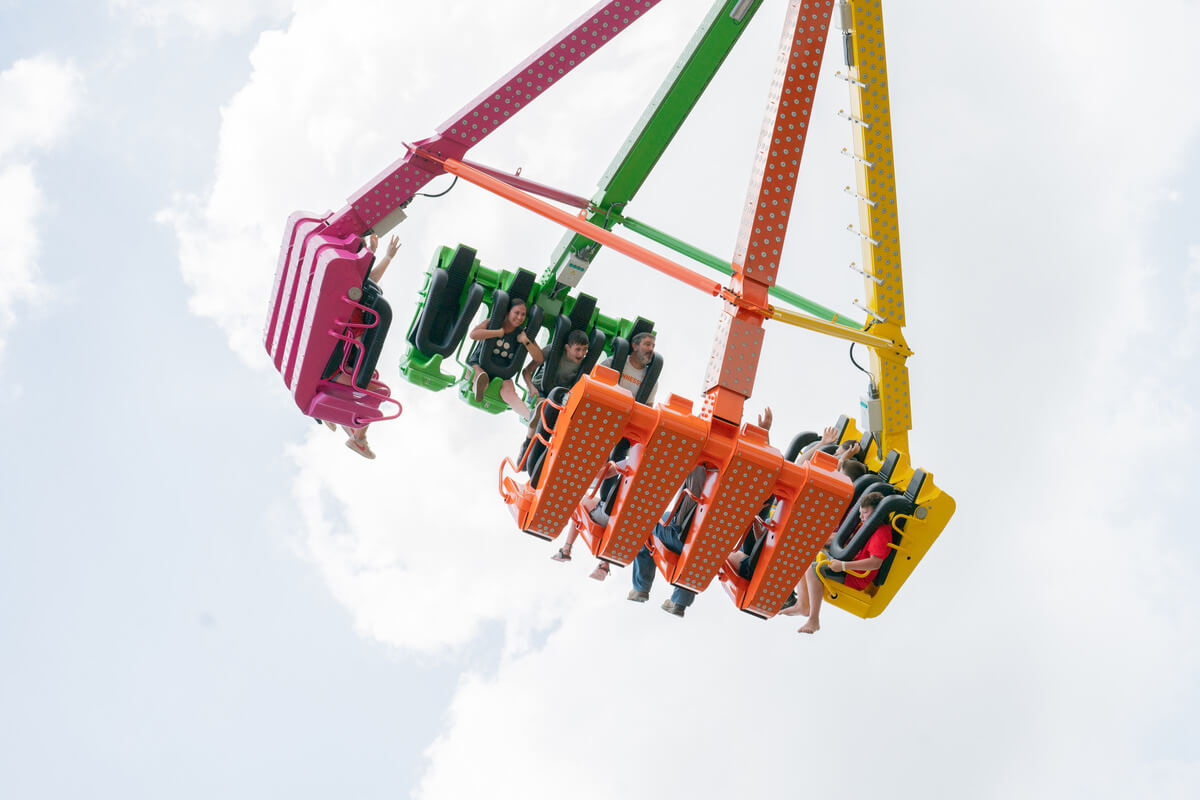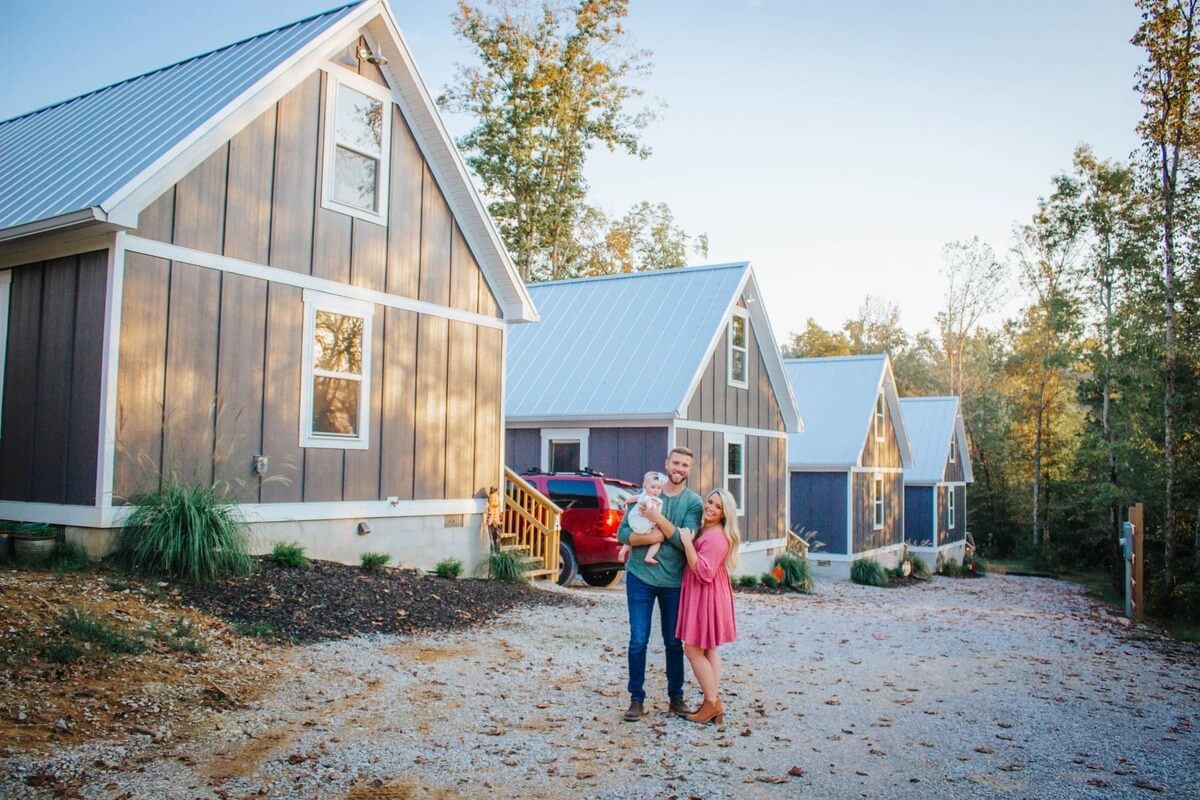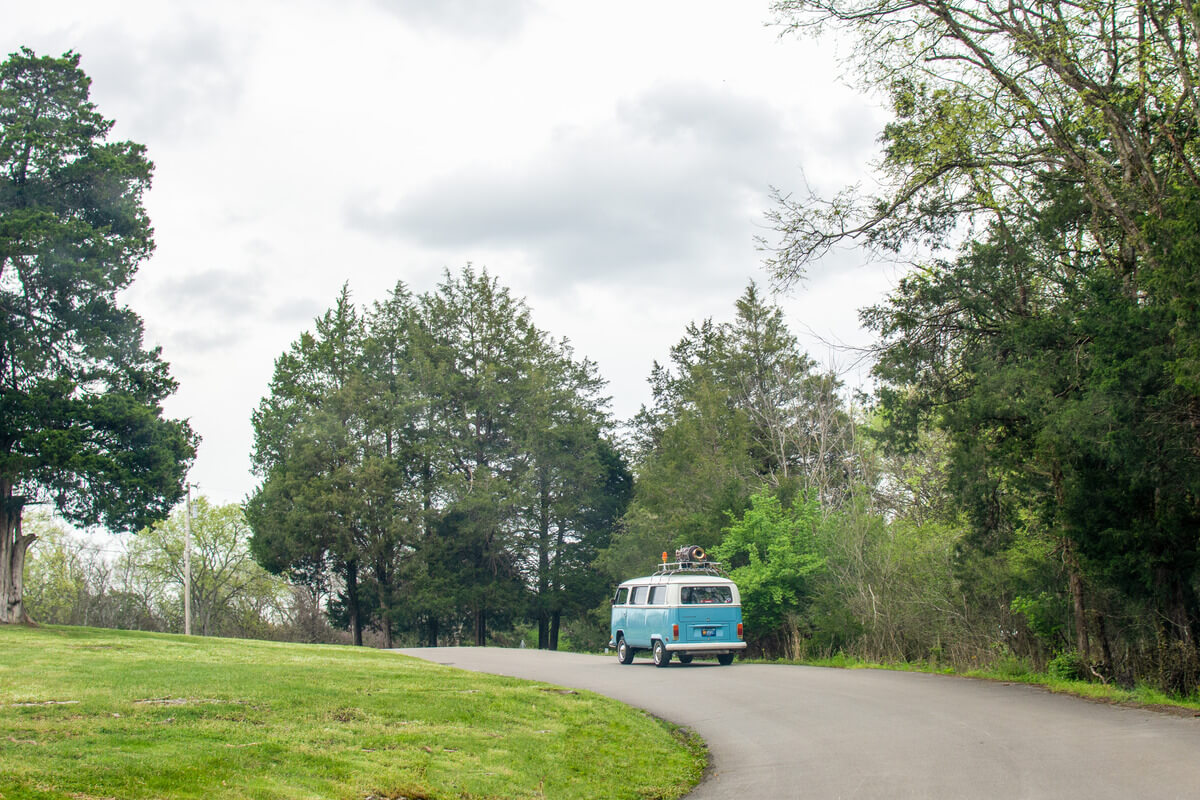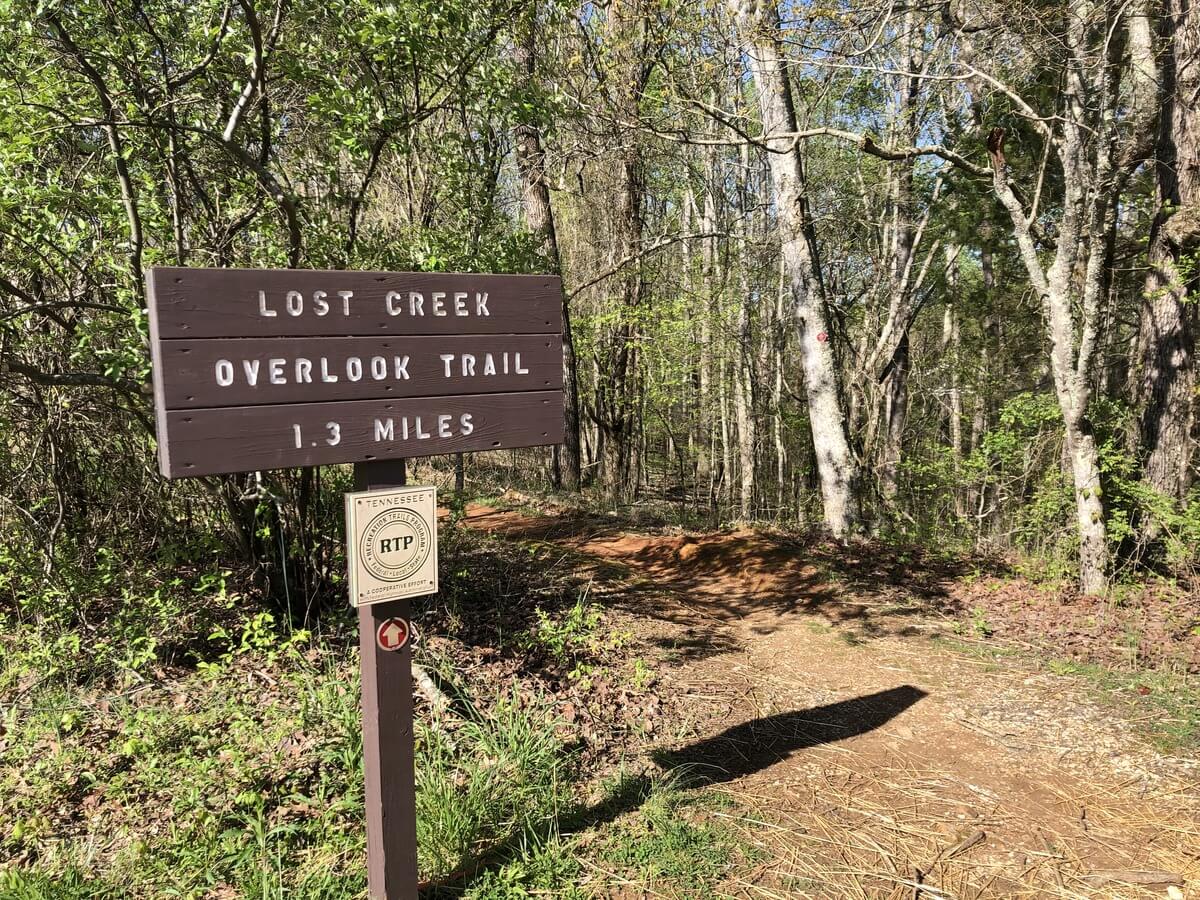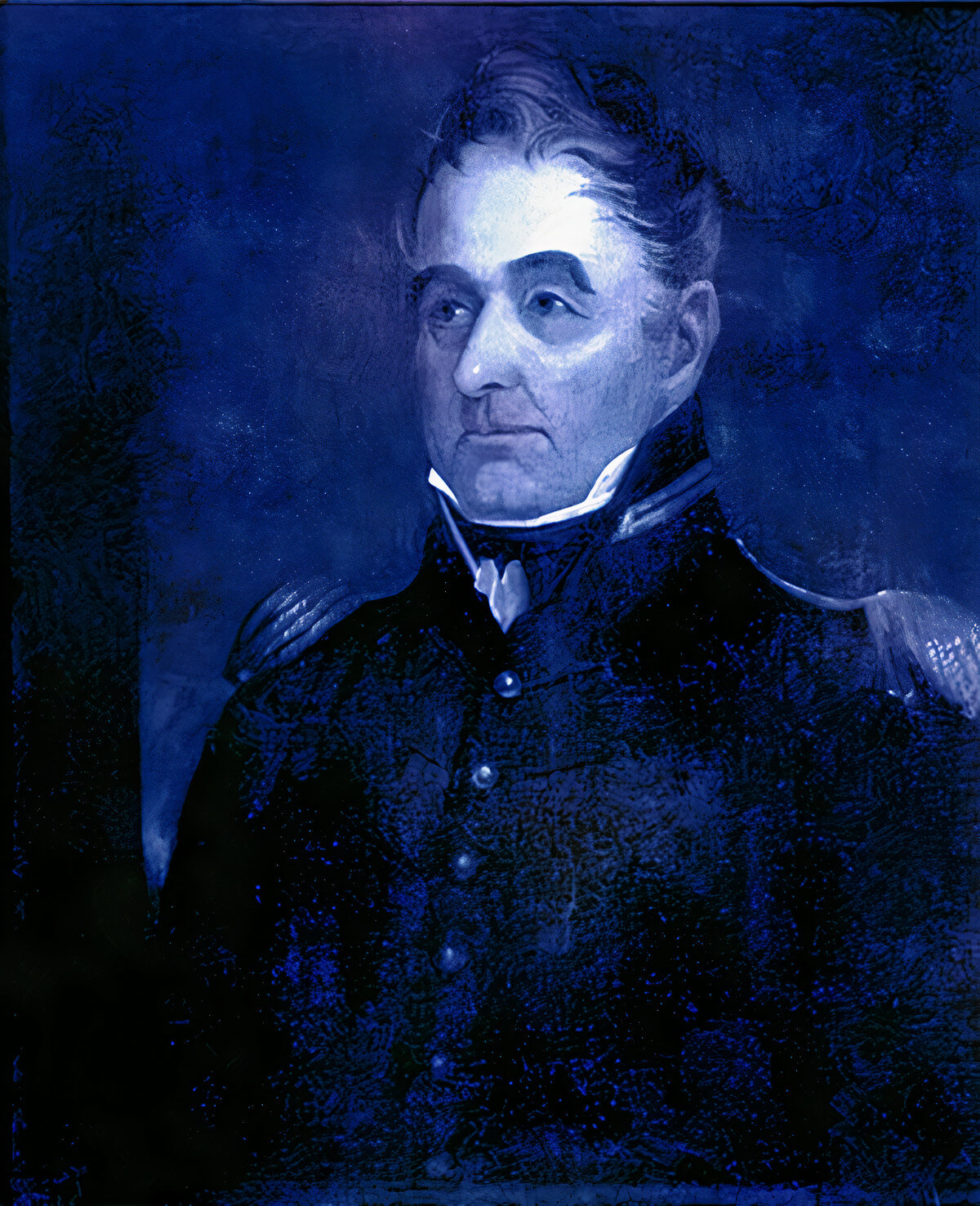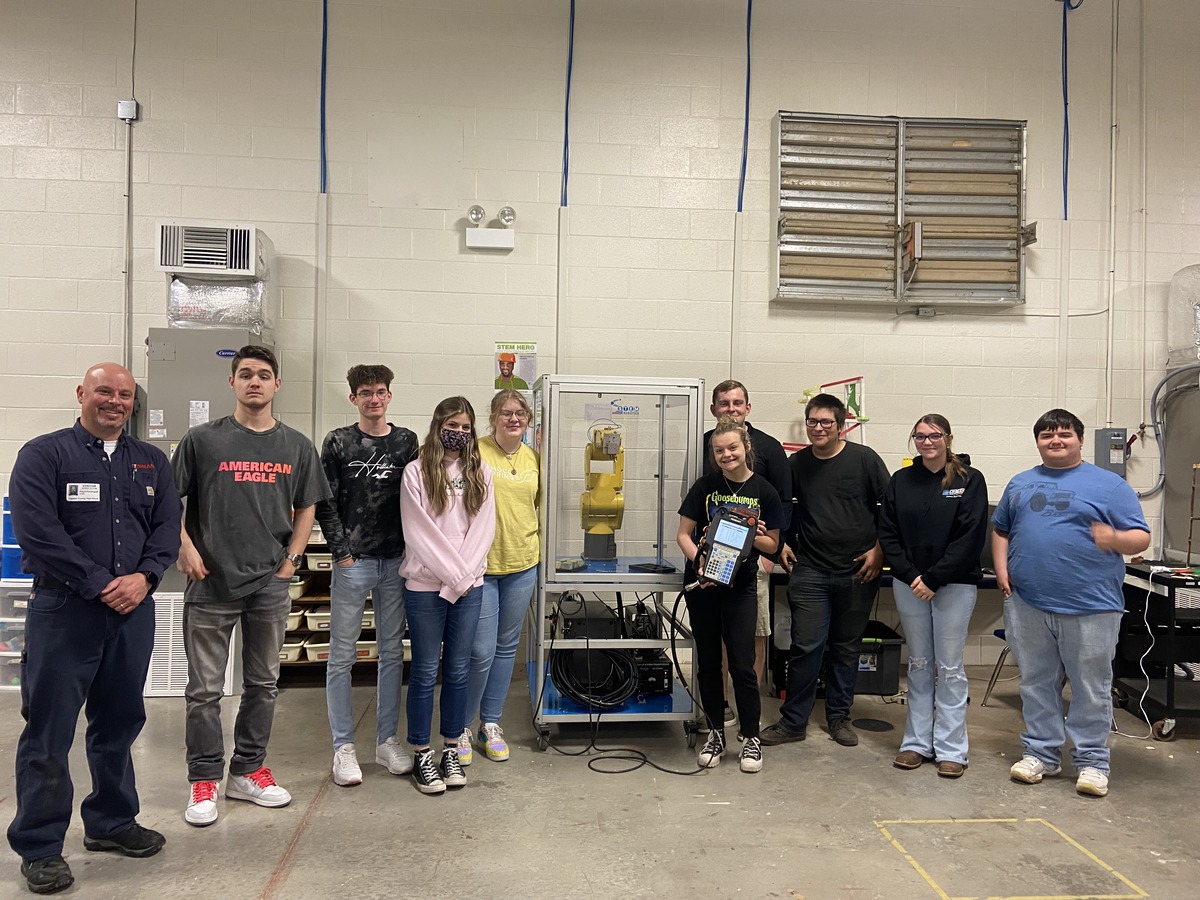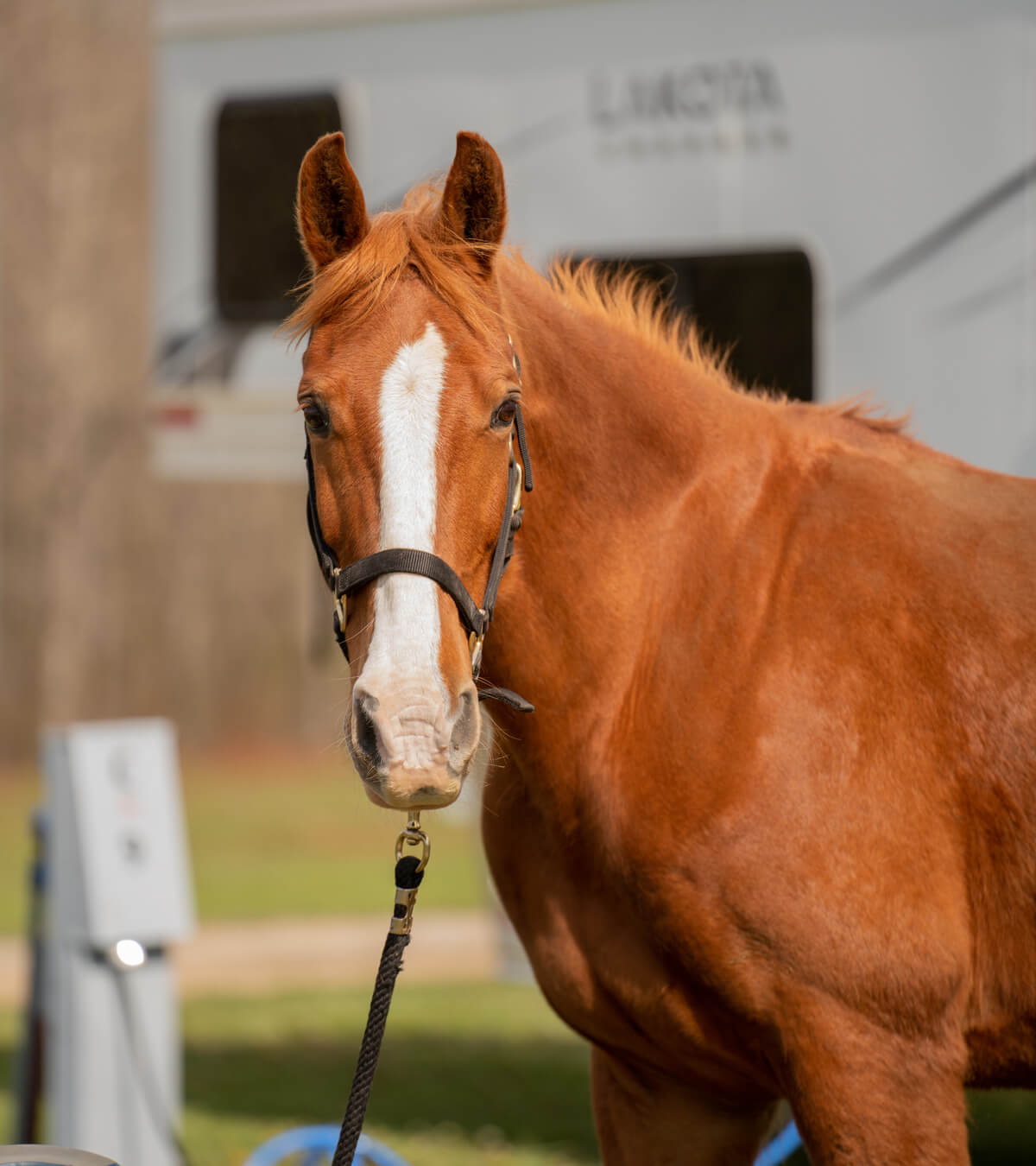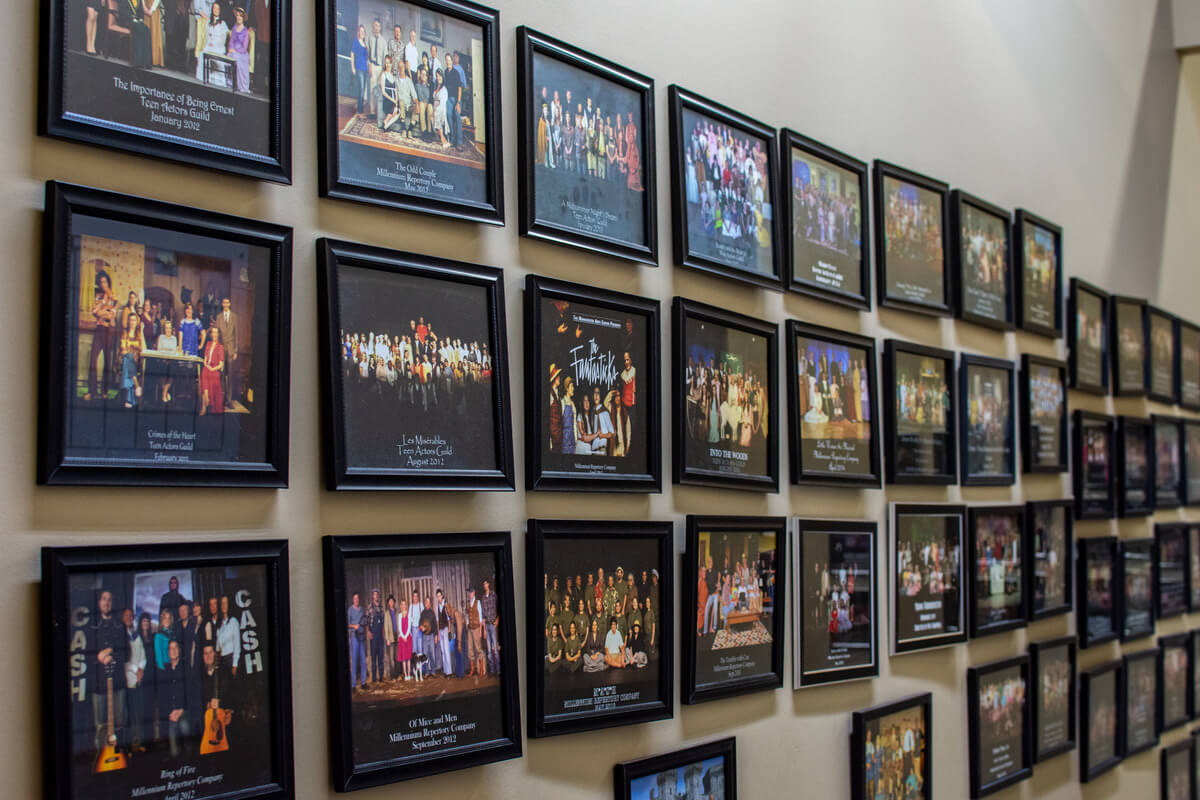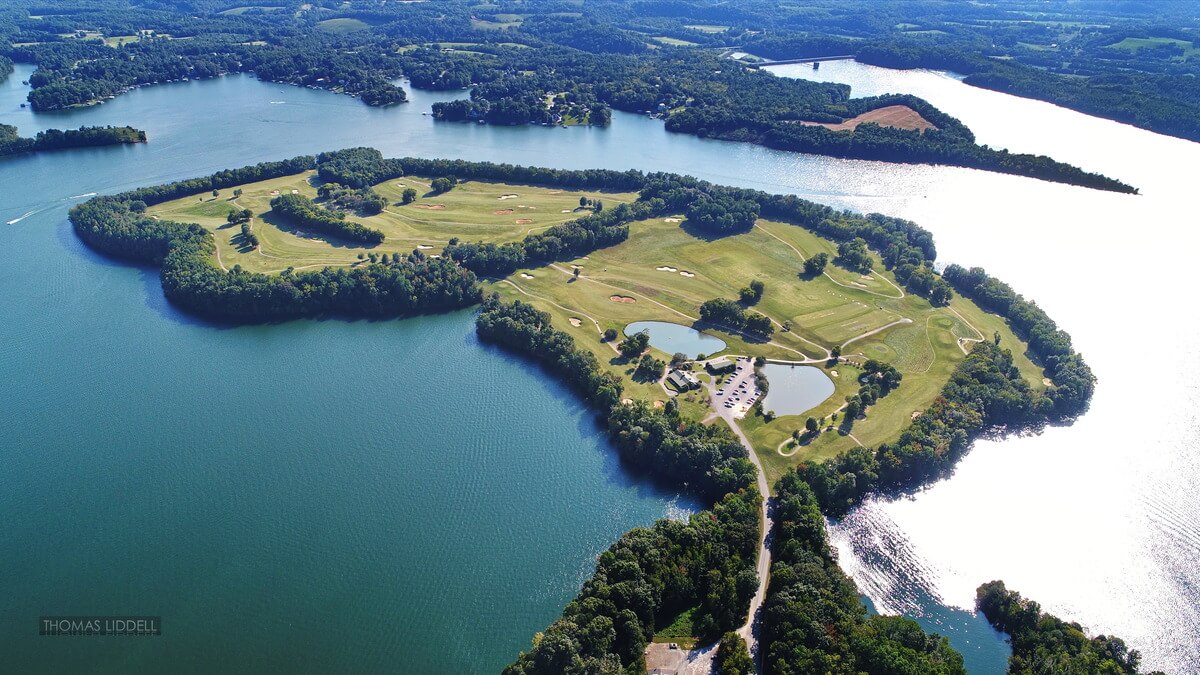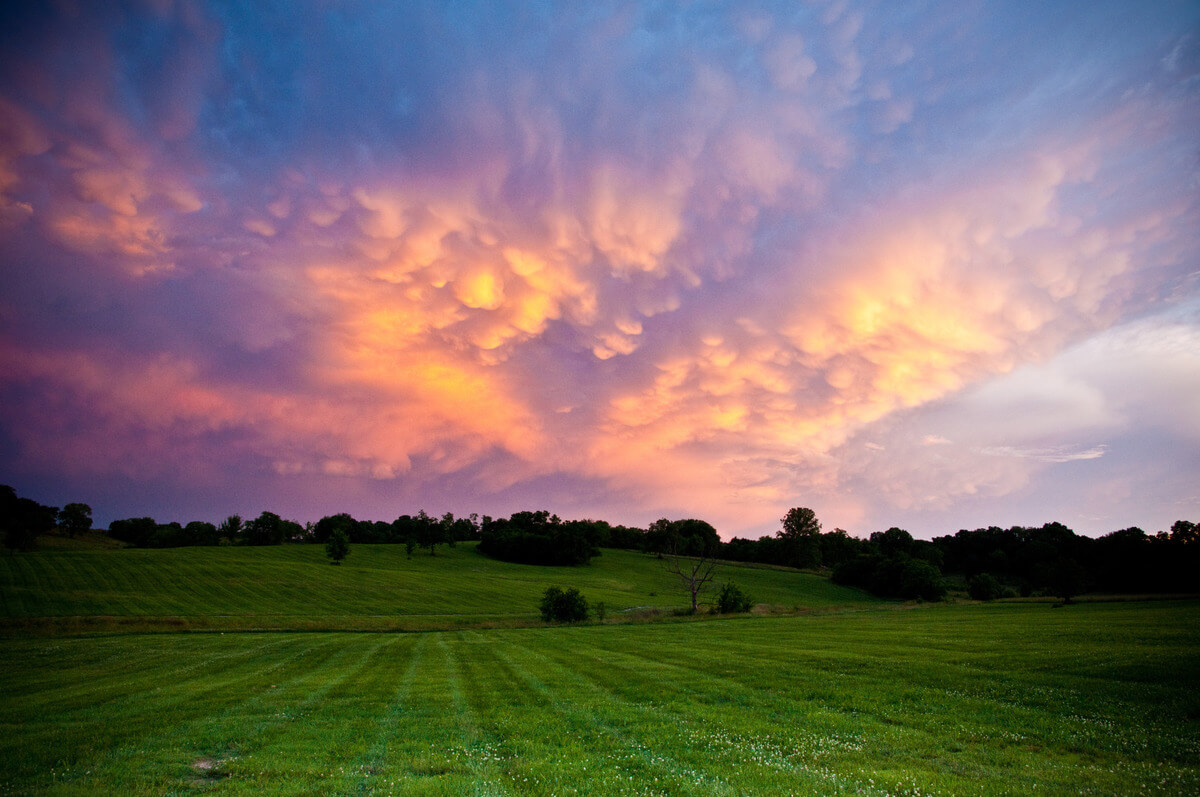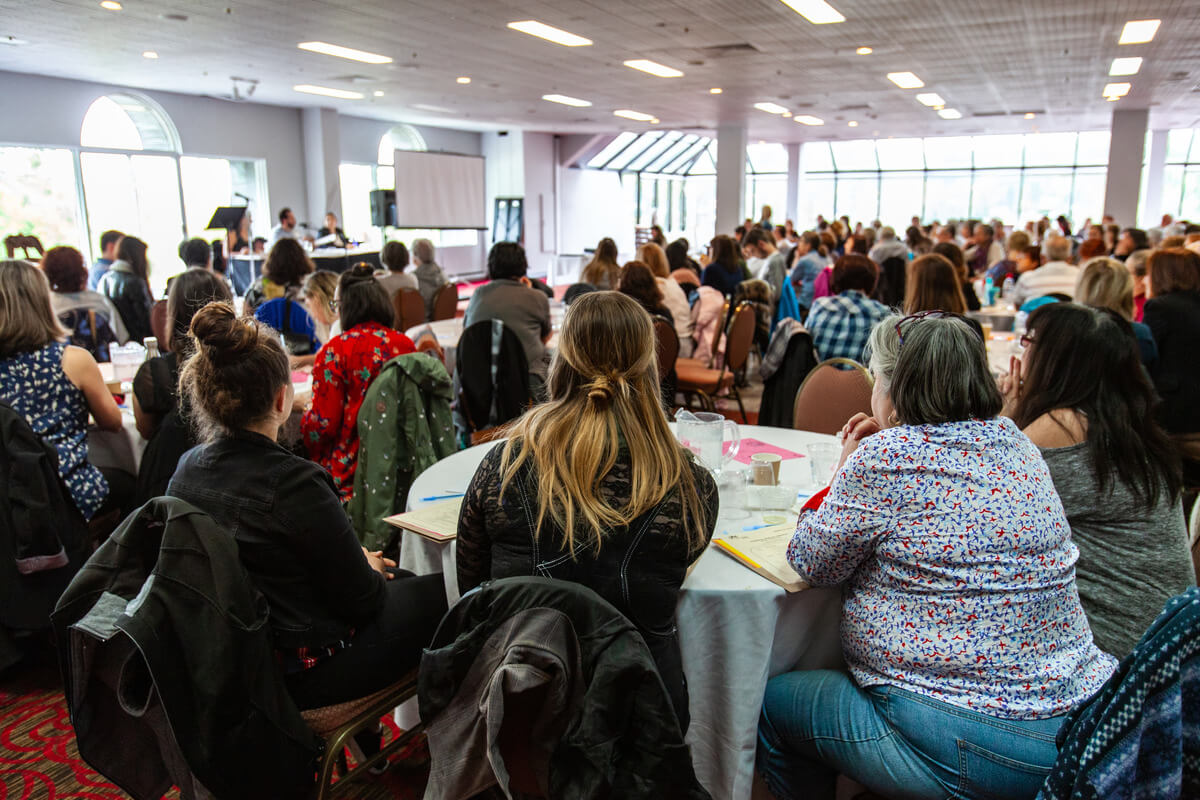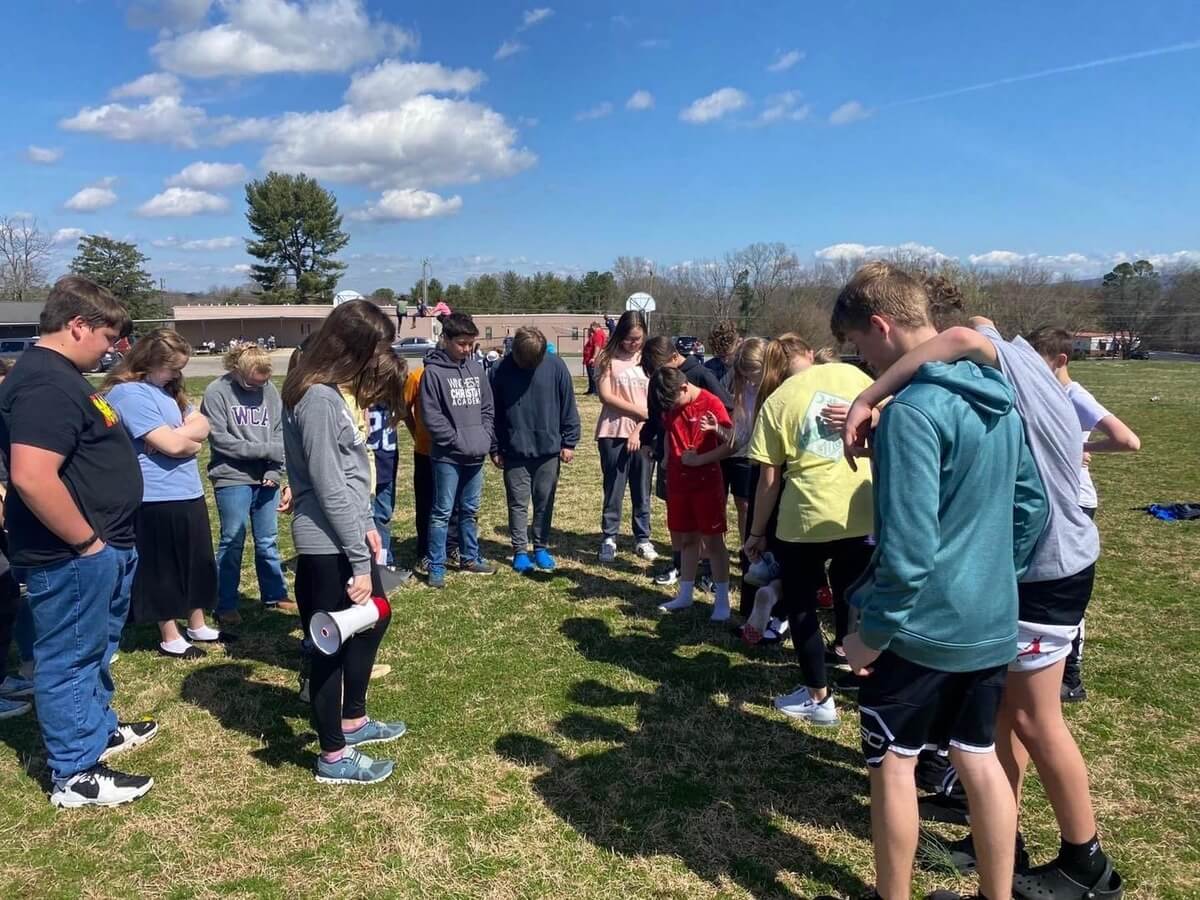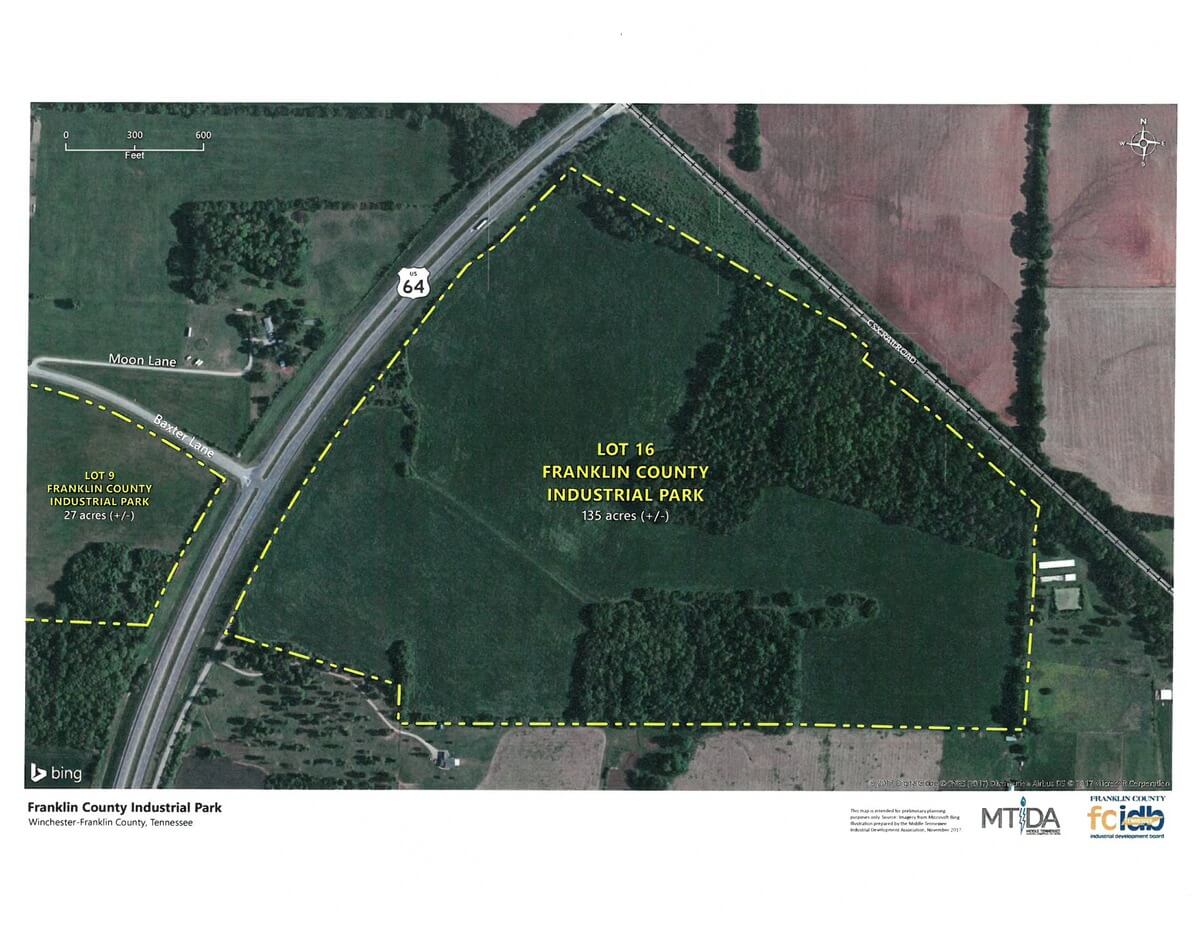EACH MONDAY, Heather Jolley gets her two children ready for school and drops them off. She makes sure to tell them she loves them and how proud she is of each of them. A kiss for her husband, David, a quick run-through of the schedule for the next three days for kiddos and life, and then she is off.
The next three days for her will be a blur. Three, long 12-hour shifts full of activity, solving problems, diagnosing patients, and even saving their lives. She’ll put 100% into being the best nurse she can be no matter the situation. She will have the support and backing of not only her family but also of her work family, a group she has come to lean on for the past 14 years as an emergency room (ER) nurse. While it can be a job of immense responsibility and pressure, treating the citizens of Franklin County is exactly where Jolleyneeds to be.
Jolley is no stranger to the hospital scene. She grew up in hospitals watching her mom and dad work in the lab.
“Both of my parents worked as lab techs. Daddy worked nights, and mama worked days. So I spent the hours waiting for them to trade-off
shifts,” she said.

Jolley said that from her earliest recollections, she knew she wanted to work in the medical field and more specifically to work as a nurse.
“I think it was the hospital environment,” she explained. “While I never was exposed to the emergency room or nursing so much, but just the friends they had and the family. They took me in as one of the family, even as a child. Nursing was what always drew me. Not medical school, lab techs, or radiology. I always wanted to be a nurse and to help people and take care of people.”
Upon graduating from Middle Tennessee State University in 2007, she would take a job with Med-Surg in Murfreesboro. Not long after, she would find herself returning to her hometown to work at Southern Tennessee Regional Health System in Winchester where she has been for the last 14 years as an ER nurse.
While she didn’t exactly see herself working in the ER in the beginning, she said she loves the fastpaced environment.

“I love the pace and the not-knowing,” said Jolley. “You get so much of the same everyday, but you still have that uncertainty of what’s going to come through the doors. It can be stressful.”
The same thing that she loves about working in the ER is also what has caused her stress and to be aware of what she is doing at all times.
“I struggle with the fear of not being prepared for something,” she explained. “We are always learning and are always prepared. We always tell each other, ‘If you ever get comfortable being in the ER, then you need to leave.’ Because getting too comfortable is where mistakes happen. But it’s still the fear of what’s going to come through the door. Am I prepared, and do I have what it takes to take care of that person?”
Such uncertainty was taken to a whole new level during the time of COVID, in 2020.

“Covid was crushing,” she said. “We were scared to walk through the doors at the beginning of the day. There for a long time we were locked to the ER. It was just the fear that I wanted to come to work and take care of these people, but am I taking it home to my family, and what happens if I do?”
Jolley said that getting through that time really challenged herself and the entire ER staff.
“The first wave, we learned as a group and took care of each other as a group,” she said. “The second wave, last fall, was so bad. It was probably the hardest for me. People we knew, and that was in our age group, were dying. We had 30 to 40-year-olds that were coming in and not leaving. It got as personal as it could be. It was scary, and it was heartbreaking, because as a nurse you are there to take care of people, and I think one of the important things is being able to make those people feel comfortable. And we weren’t able to really do that with COVID.”
Jolley said that what ultimately helped her get through that time was her deep appreciation and love for her line of work and the core group of nurses she works alongside.
“That’s where the core, the group of people I work with, comes in,” she said. “We know our strengths and our weaknesses. We know what room I should be in versus what room another one should be in. They have become my second family. I know without a doubt that whether it is personal or work life, that they have my back.”
While the job continues to offer its challenges, Jolley said she can’t imagine doing anything else.
“As of right now, I can’t imagine doing anything else,” she said. “The independence it provides and the doctors we get to work hand-in-hand with. I think that independence and the fact that the doctors trust us to take care of the patients, and they’re not standing over us. You should have confidence, but don’t be overconfident. I can’t imagine not doing it.”
“One of the top things we’re after as emergency service workers is to make life a little better every day for somebody. One of my biggest desires is to leave it better than I found it every day, whatever it is. Whether vacuuming the bedroom at the station or holding your hand and talking to you, giving you a sense of comfort, that’s leaving it better than you found it.”
We can leave things better than we find them, too. GN


